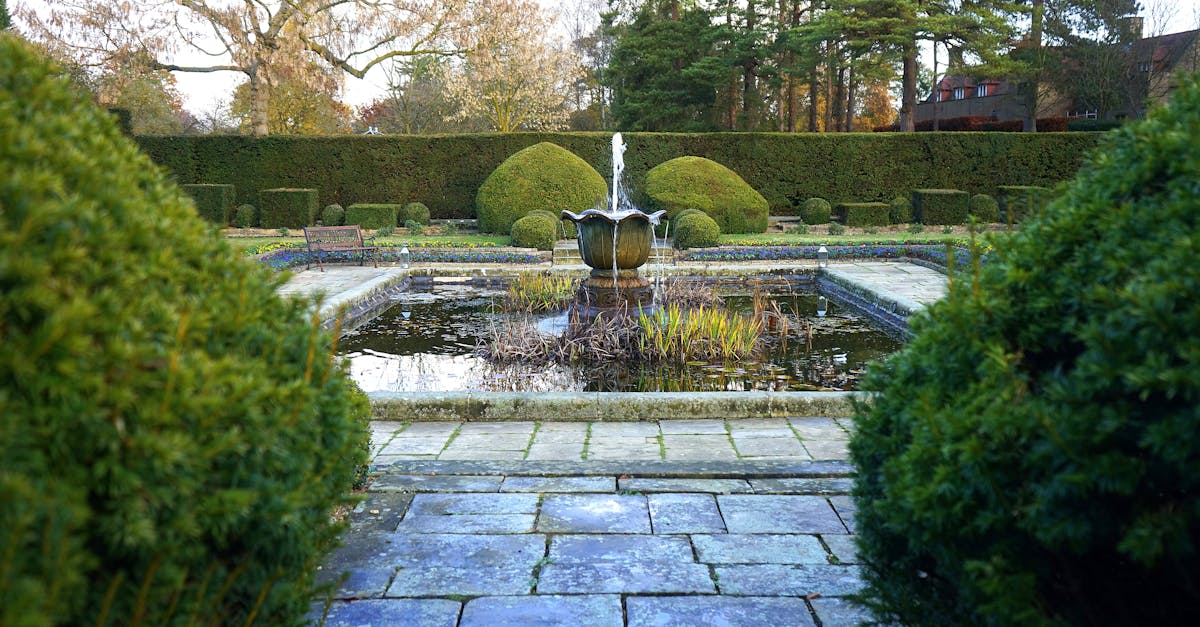
Increased Playability: Synthetic Turf for All Weather Conditions
The initial investment in synthetic turf may appear significant, but the long-term financial benefits often outweigh these costs. Traditional natural grass requires ongoing expenses such as regular mowing, watering, fertilisation, and pest control. W...
Read more →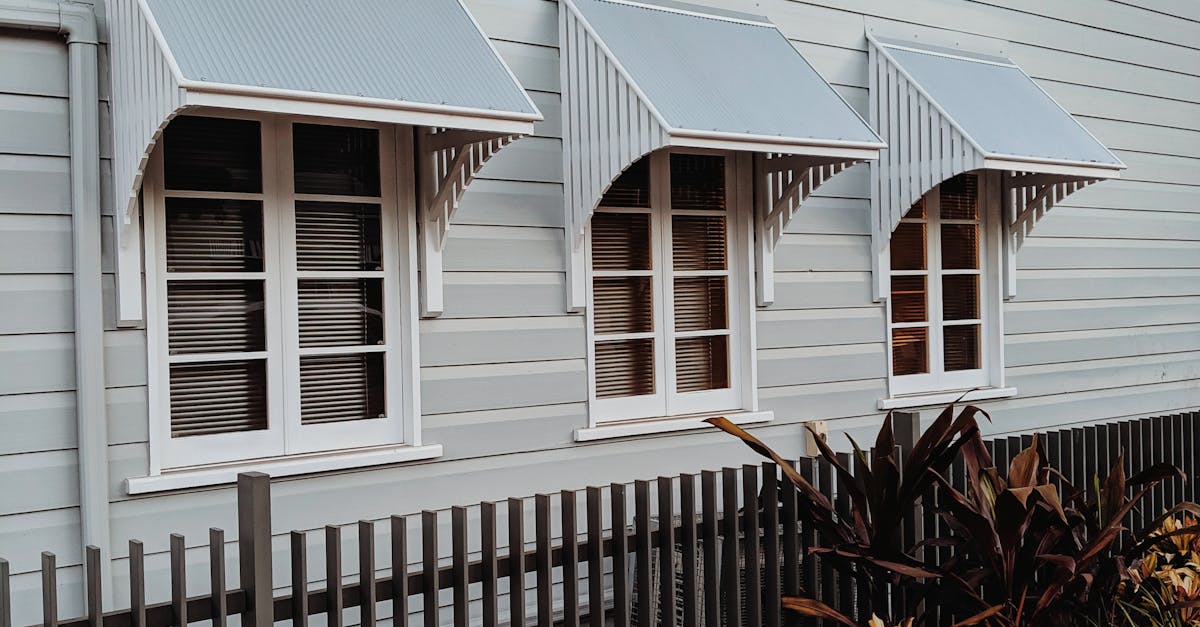
Optimising Recreational Opportunities with Synthetic Grass
Investing in synthetic grass often leads to significant financial benefits over time. The initial cost may seem high compared to traditional turf. However, maintenance expenses associated with natural grass can quickly accumulate. Regular mowing, wat...
Read more →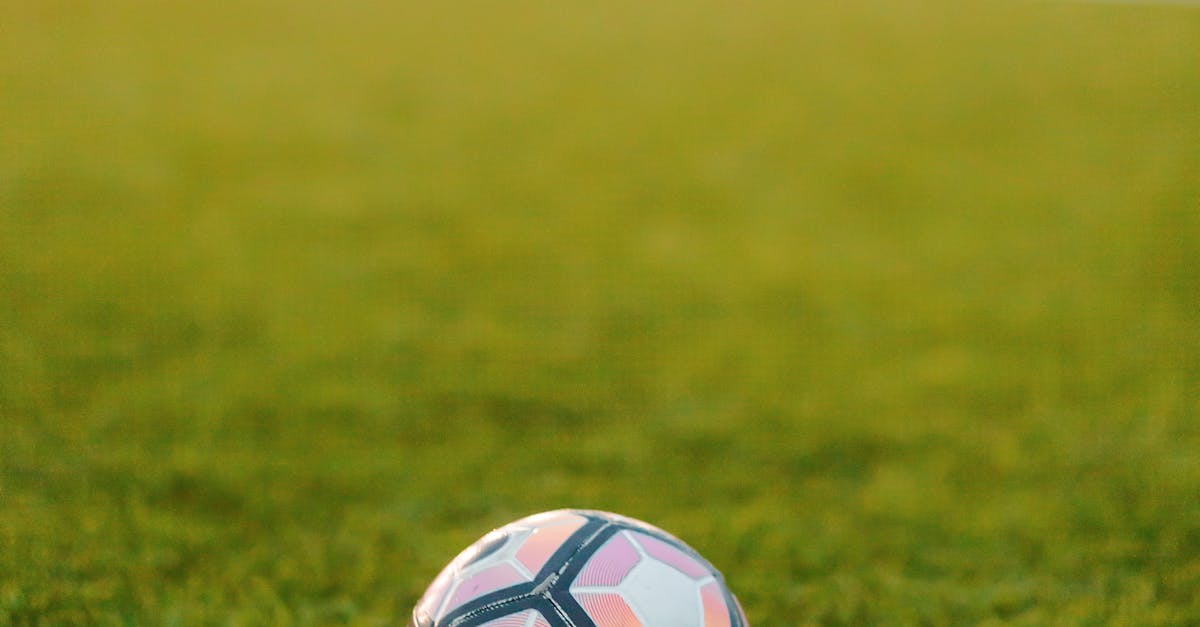
Benefits of Synthetic Turf for Professional Sports Teams
Synthetic turf offers unparalleled adaptability for various athletic disciplines. Its design accommodates multiple sports, providing a seamless transition between football, rugby, and soccer. Stadiums equipped with this versatile surface can host a r...
Read more →
Synthetic Turf's Impact on Community Sports Engagement
The introduction of synthetic turf facilities has transformed community sports engagement, providing a versatile space for various activities. These facilities enable clubs and schools to organise matches and training sessions, fostering a sense of u...
Read more →
Creating Versatile Play Spaces with Synthetic Surface
The use of synthetic surfaces in play spaces presents both benefits and drawbacks regarding environmental impact. On one hand, many synthetic options are designed to withstand harsh weather conditions and resist wear, potentially extending their life...
Read more →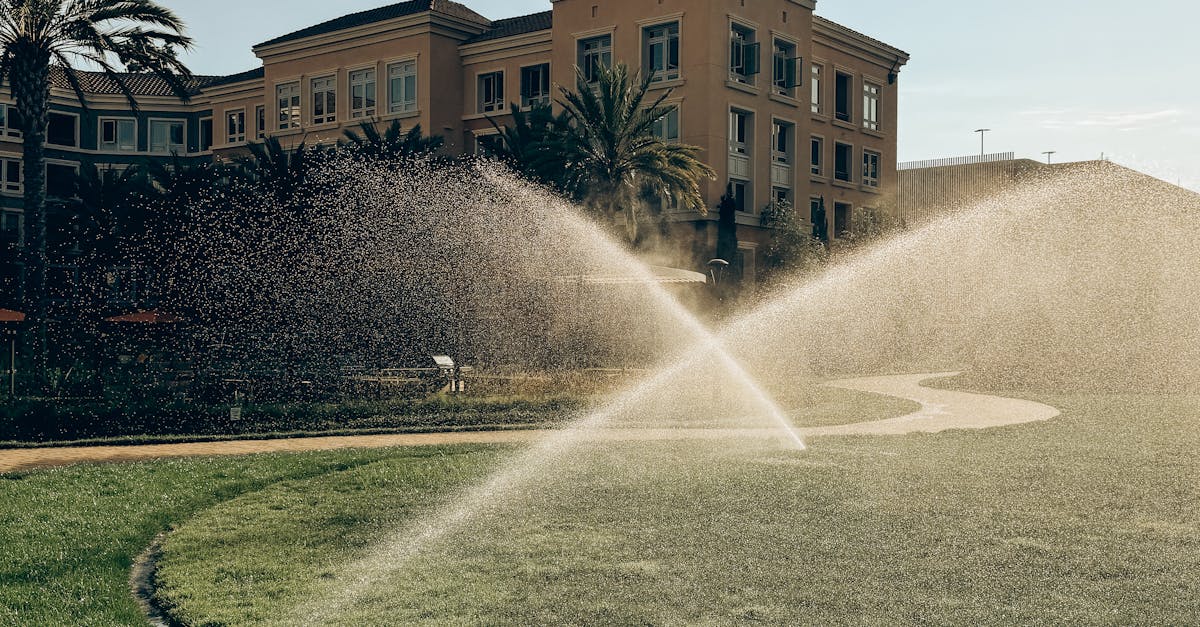
How Synthetic Turf Facilitates Year-Round Sporting Events
Synthetic turf has revolutionised the way many sports are played, providing a consistent playing surface regardless of weather conditions. Soccer is one of the most popular sports played on synthetic fields. The uniformity of the turf allows for a sm...
Read more →
Boosting Safety Standards in Sports Fields with Synthetic Turf
Natural grass fields have long been the traditional choice for sports venues, offering a natural feel and aesthetic appeal. They possess unique characteristics that can benefit athletes, such as providing a softer surface during play. However, mainte...
Read more →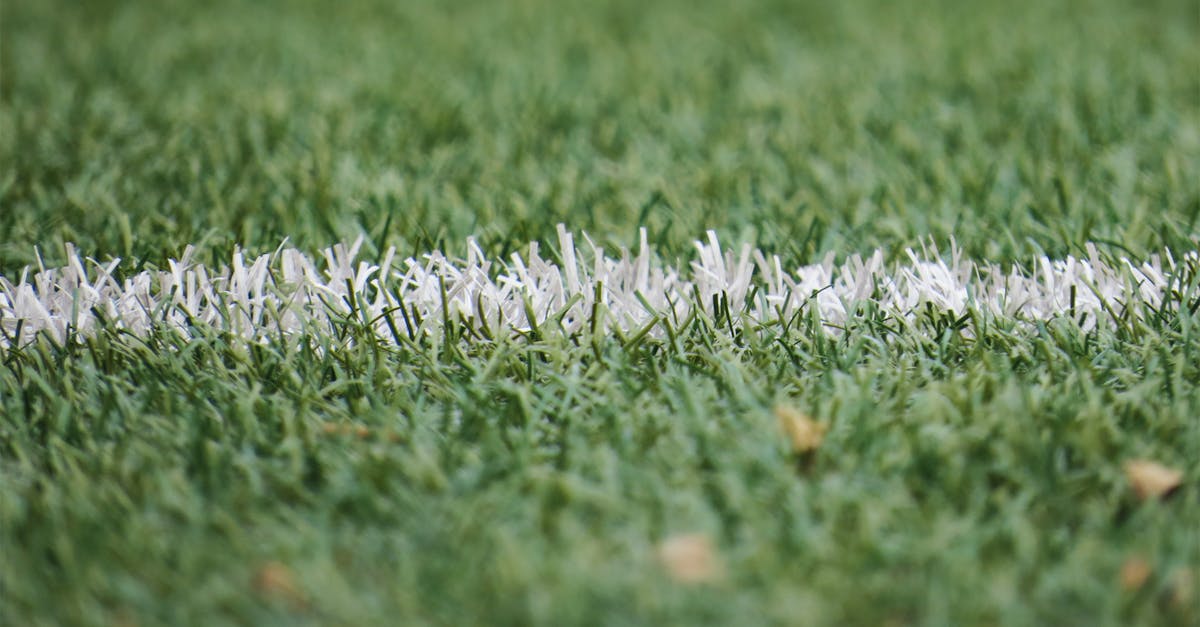
The Role of Synthetic Grass in Promoting Outdoor Activities
Synthetic grass serves as an inviting surface for a variety of outdoor activities, ultimately fostering community engagement. Local parks and recreational areas fitted with this type of grass attract families, sports teams, and fitness enthusiasts al...
Read more →
Synthetic Turf Solutions for Multi-Sport Facilities
The installation of synthetic turf requires thorough preparation for optimal results. The initial stage involves site assessment and preparation, which include clearing the area of any existing vegetation and debris. Additionally, proper grading ensu...
Read more →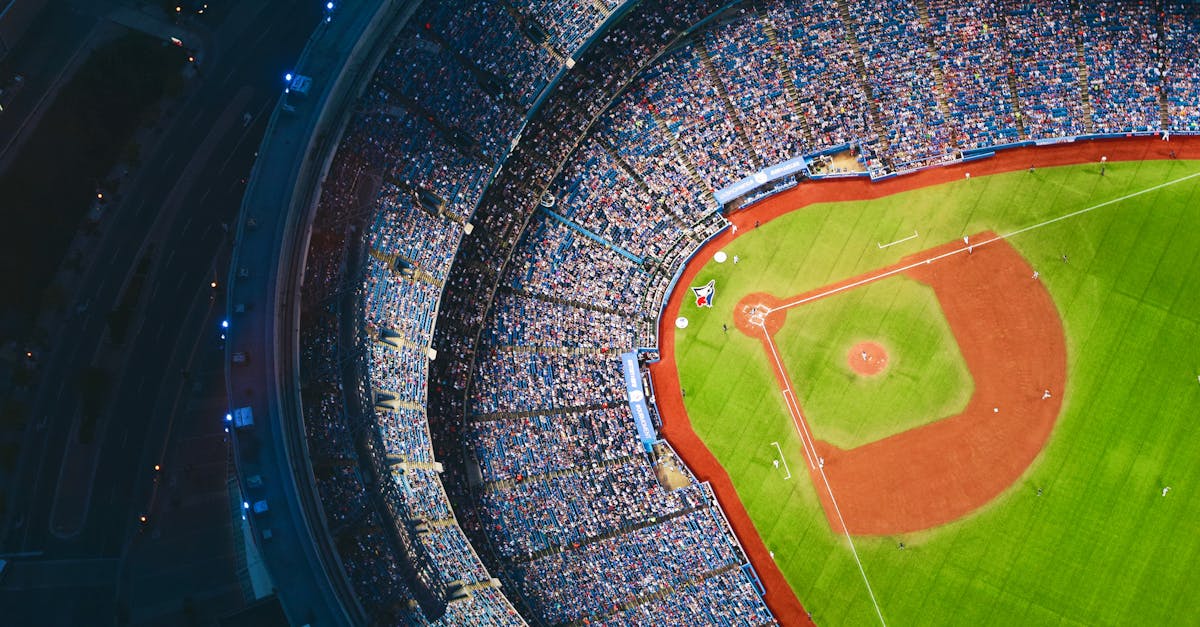
Enhancing Athletic Performance with Synthetic Turf
Synthetic turf technology has made significant strides since its inception in the mid-1960s. Originally developed to provide a durable playing surface that could withstand heavy use, the early iterations were often criticised for their lack of safety...
Read more →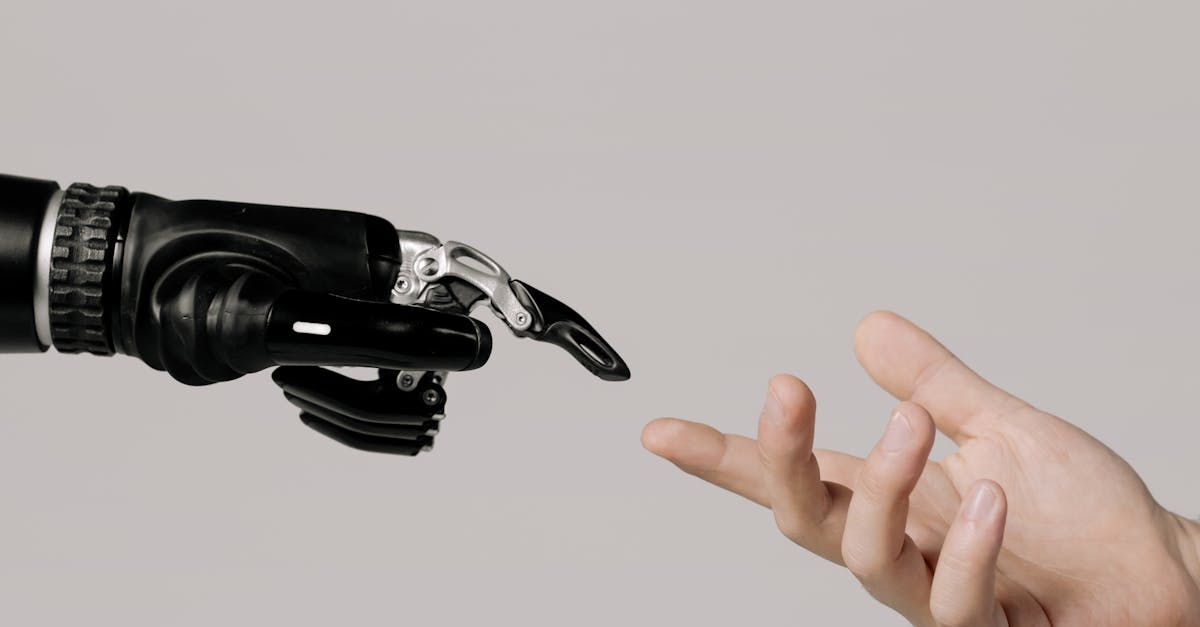
Designing Eye-Catching Gardens with Synthetic Grass
Synthetic grass offers several eco-friendly advantages that contribute positively to the environment. Its use significantly reduces the need for harmful pesticides and fertilisers, which often leach into local waterways and soil. Additionally, unlike...
Read more →
The Role of Texture in Aesthetic Appeal of Synthetic Turf
Texture in synthetic turf plays a significant role in determining maintenance requirements. The varying surfaces can affect how debris and dirt accumulate, as well as how easily they can be cleaned. Textured turfs may require more frequent brushing o...
Read more →
Synthetic Turf and Its Contribution to Outdoor Ambiance
The installation of synthetic turf starts with a thorough site assessment. This process involves measuring the area for coverage and examining the existing soil conditions. Any debris, such as rocks or vegetation, must be cleared away. Once the area ...
Read more →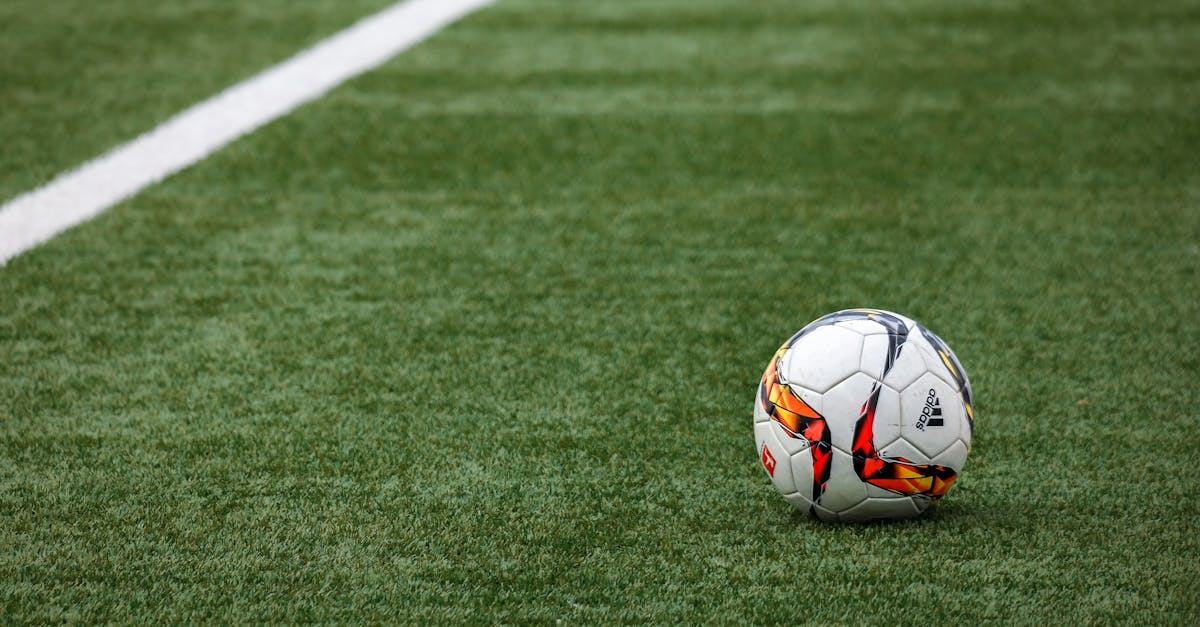
Creating Lush Green Spaces with Synthetic Turf Solutions
Synthetic green spaces provide a vibrant and lush appearance that can transform any landscape. With advancements in technology, synthetic turf mimics the look of natural grass remarkably well. Its rich colours and uniform texture create an inviting e...
Read more →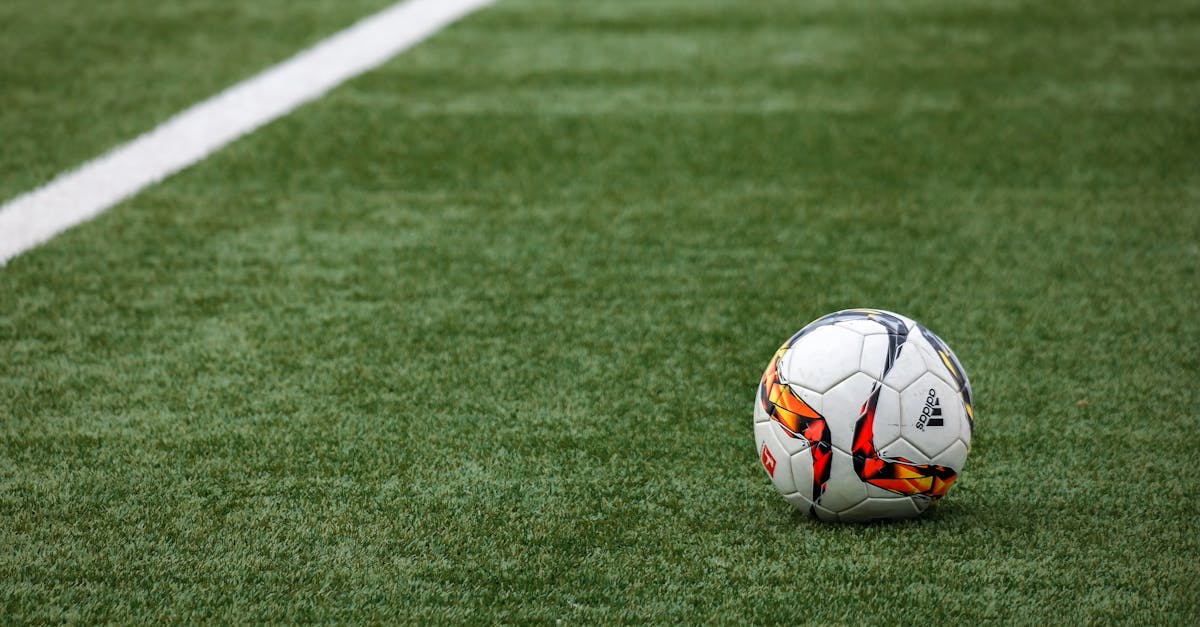
Colour Variations in Synthetic Grass for Visual Appeal
The appearance of synthetic grass can shift dramatically depending on light exposure. In direct sunlight, lighter hues become more vibrant, enhancing the visual appeal of outdoor spaces. Conversely, shaded areas may bring out deeper shades, creating ...
Read more →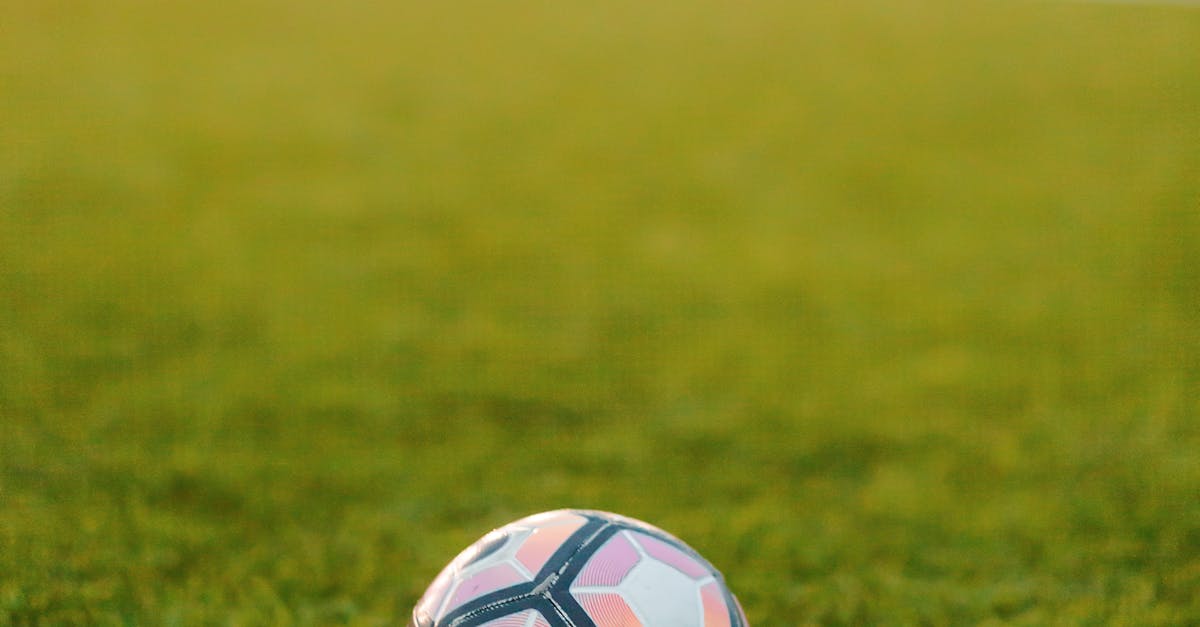
Enhancing Property Value through Synthetic Turf Installations
Proper care of synthetic turf ensures longevity and performance. Regular maintenance routines should include brushing the surface to keep the blades upright. This practice helps to prevent matting and enhances the aesthetic appeal. Additionally, it's...
Read more →
How Synthetic Turf Elevates Landscape Design in Brisbane
When considering the adoption of synthetic turf, safety is paramount for both residential and commercial applications. Manufacturers often use non-toxic materials to ensure that the surface is safe for children and pets. These materials minimize the ...
Read more →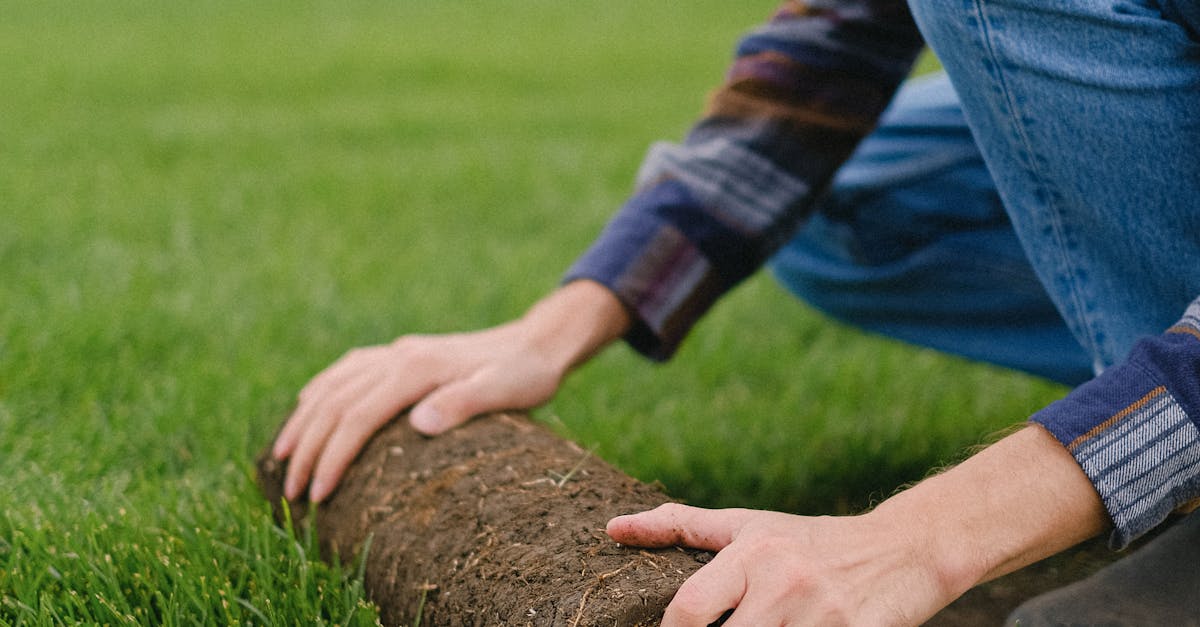
The Visual Impact of High-Quality Synthetic Grass
The installation of synthetic grass requires careful planning and preparation to ensure a seamless finish. Start by clearing the area of any debris, rocks, or existing grass. Level the ground to create a smooth surface, which may involve adding or re...
Read more →
Choosing the Right Synthetic Turf for Optimum Aesthetics
Australia's diverse climate presents unique challenges and opportunities when selecting synthetic turf. The material must be capable of withstanding harsh UV rays, extreme heat, and occasional heavy rainfall. Choosing a product specifically designed ...
Read more →
Transforming Outdoor Spaces with Synthetic Turf in Brisbane
Synthetic turf comes in various options designed to meet different preferences and needs. One popular type is the nylon turf, renowned for its durability and resistance to wear, making it ideal for high-traffic areas. Polypropylene turf is another ch...
Read more →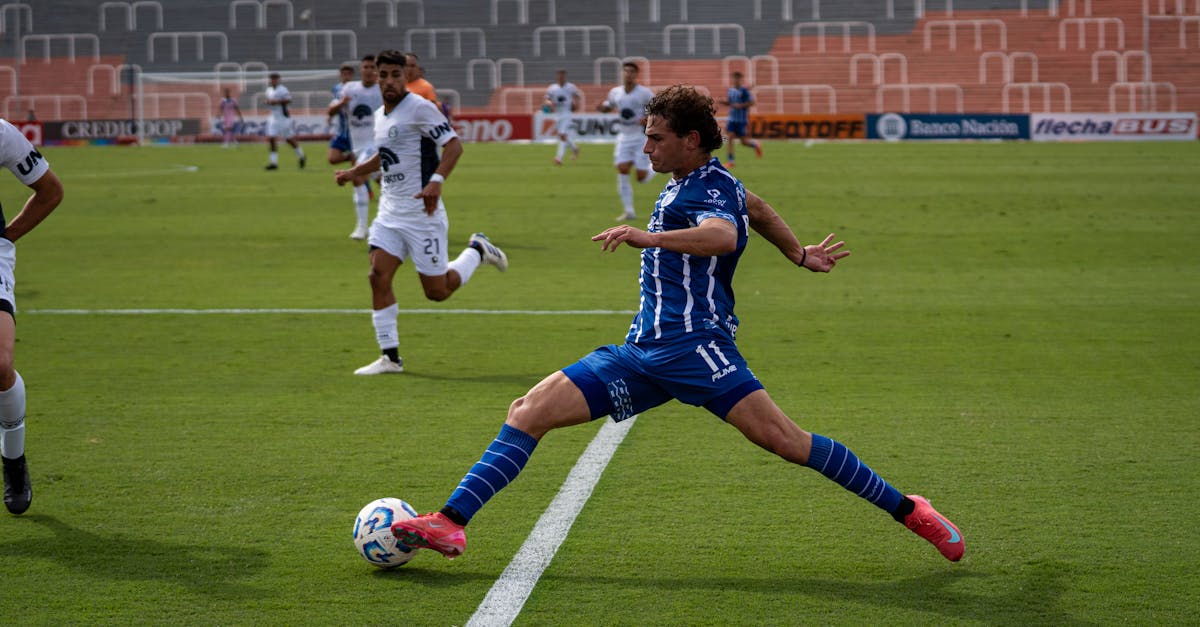
The Role of Synthetic Turf in Reducing Weekend Lawn Work
Many homeowners appreciate the polished look that synthetic turf offers. Its even colour and consistent texture create an inviting environment that enhances the overall aesthetic of outdoor spaces. Whether it’s framing a patio or encircling a pool,...
Read more →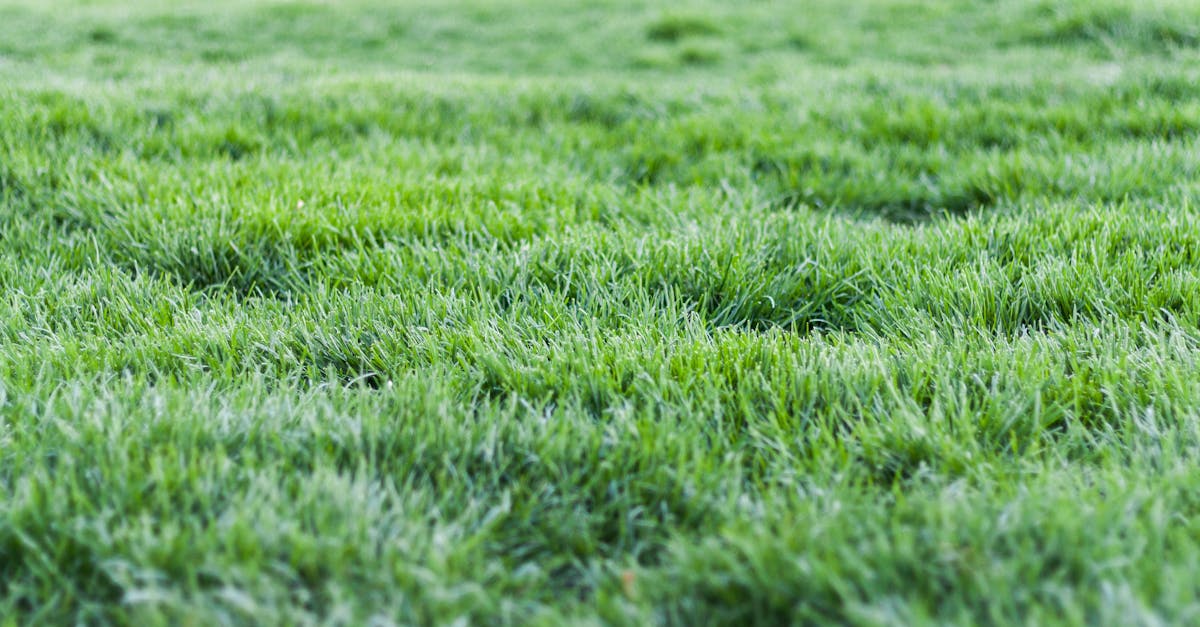
The Impact of Low Maintenance Synthetic Grass on Urban Living
Synthetic grass has become an increasingly popular choice for public spaces due to its ability to provide a reliable and welcoming environment. Many urban areas struggle with maintaining green spaces that are both aesthetically pleasing and functiona...
Read more →
How Low Maintenance Features Enhance Brisbane's Synthetic Turf Appeal
Synthetic turf stands out for its exceptional durability, making it a popular choice for many homeowners in Brisbane. Designed to withstand heavy foot traffic, it maintains its appearance and performance over time. The materials used in its construct...
Read more →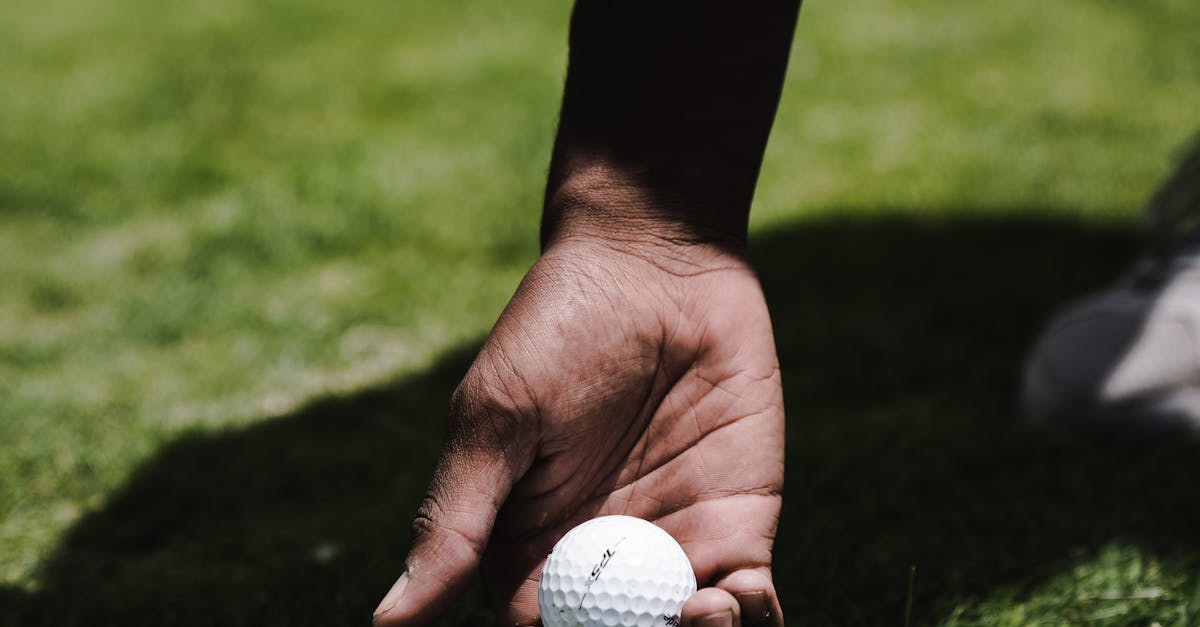
Simplifying Your Lifestyle with Brisbane's Synthetic Turf Solutions
Synthetic turf has found its place in a myriad of applications beyond traditional lawns. Outdoor and indoor playgrounds are increasingly featuring this durable surface, providing a safe and cushioned environment for children. The uniformity and softn...
Read more →
A Guide to Enjoying More Leisure Time with Low Maintenance Turf
The appeal of outdoor spaces can be elevated dramatically with the use of low maintenance turf. Its lush green appearance offers a vibrant and inviting backdrop for any garden. A well-placed turf area can complement various landscape designs. This ve...
Read more →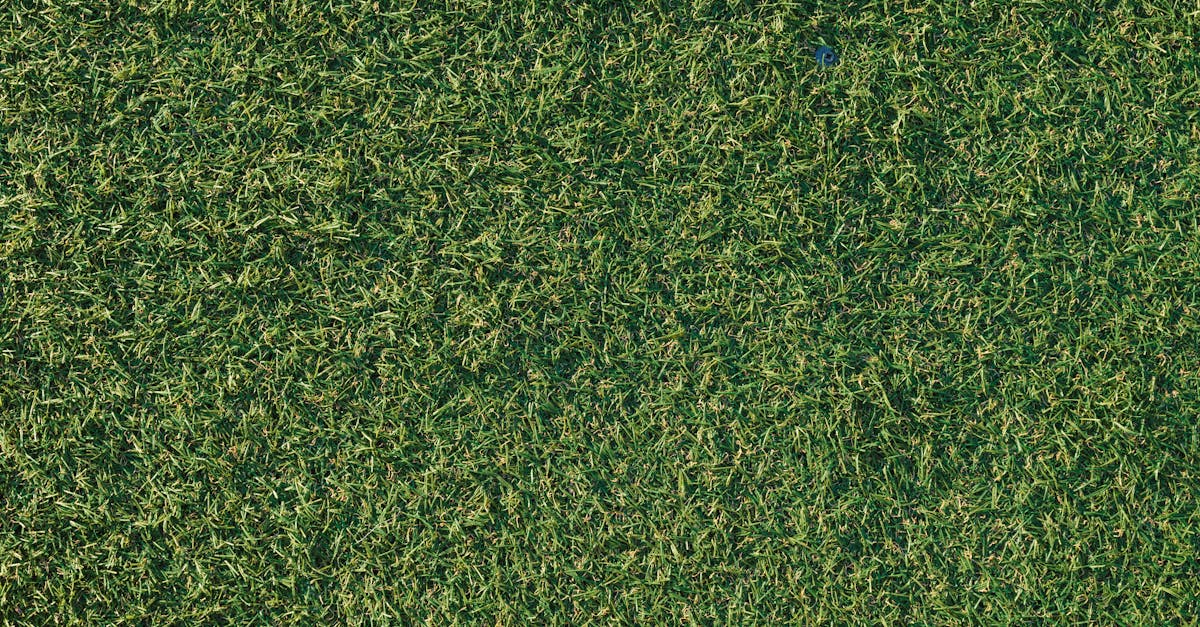
Effortless Lawn Care: Embracing Low Maintenance Synthetic Options
Synthetic lawns are remarkably low maintenance, yet they still require some care to keep them looking pristine. Regularly removing debris such as leaves and branches can prevent build-up that might affect the appearance. Using a leaf blower or a simp...
Read more →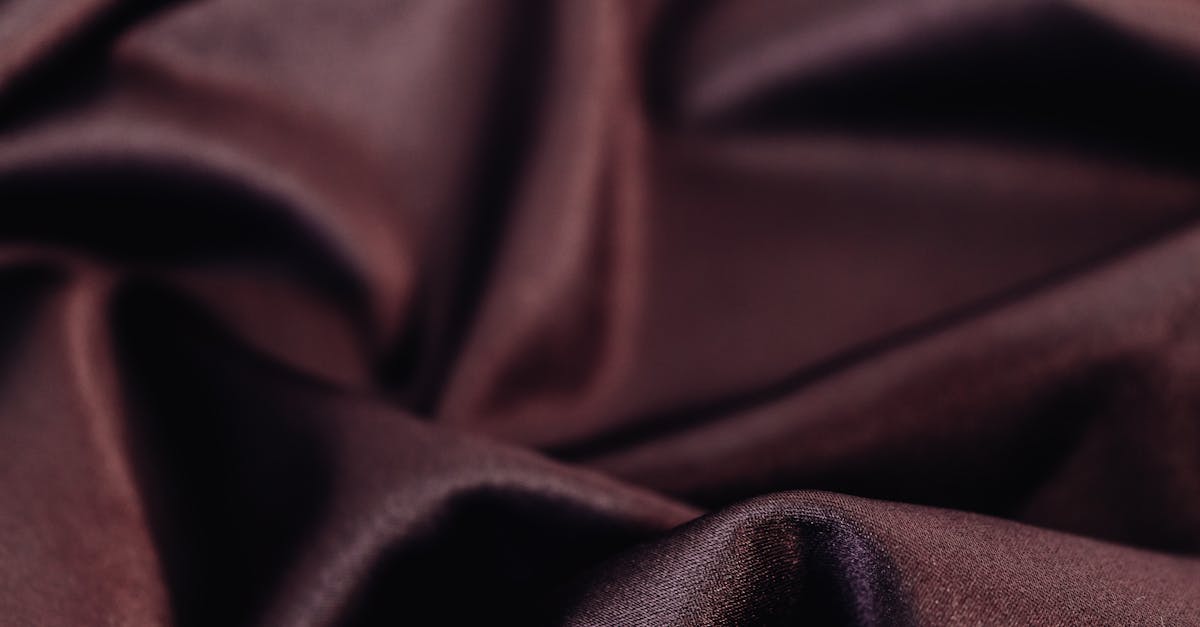
Understanding the Long-Term Savings of Low Upkeep Turf
The allure of low-maintenance turf lies not only in its practicality but also in its ability to create visually stunning landscapes. Homeowners can achieve vibrant green expanses without the relentless upkeep usually associated with natural grass. Th...
Read more →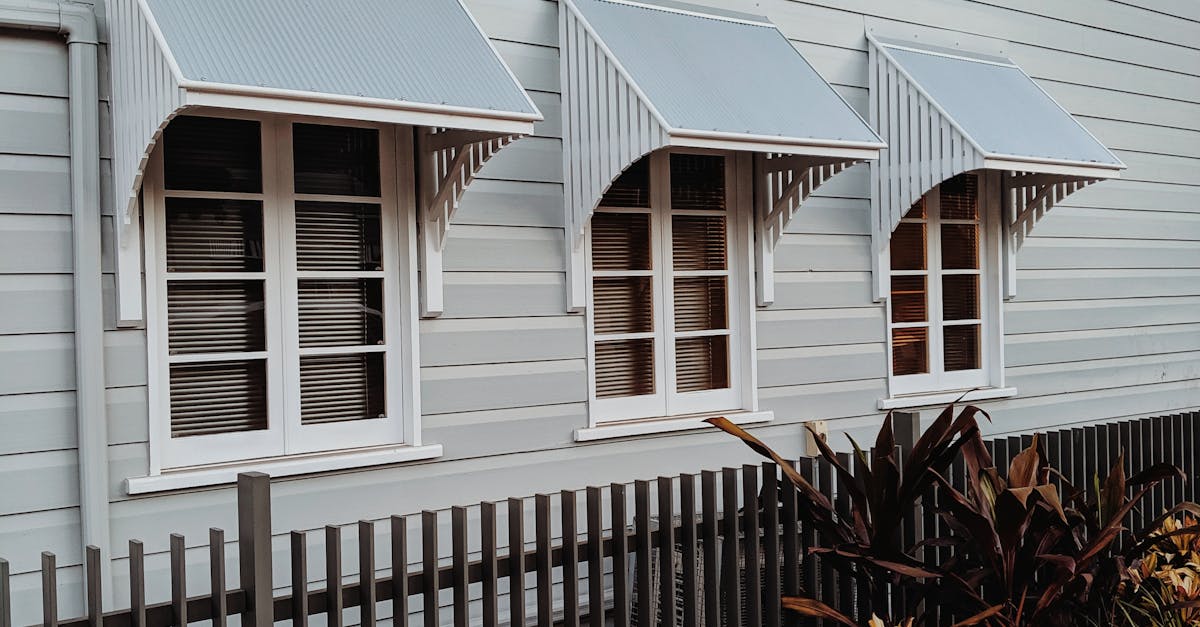
Synthetic Turf as an Alternative to Traditional Grass Lawns
The appearance of synthetic turf has evolved significantly, offering a range of styles and colours that replicate natural grass. Homeowners can choose from various shades of green, allowing them to create a customised look that complements their land...
Read more →
Synthetic Turf: The Solution for Hassle-Free Outdoor Spaces
The installation of synthetic turf involves several key steps to ensure a successful outcome. Initially, the area intended for turf must be meticulously prepared by clearing any existing grass, weeds, or debris. Afterward, a suitable base material, t...
Read more →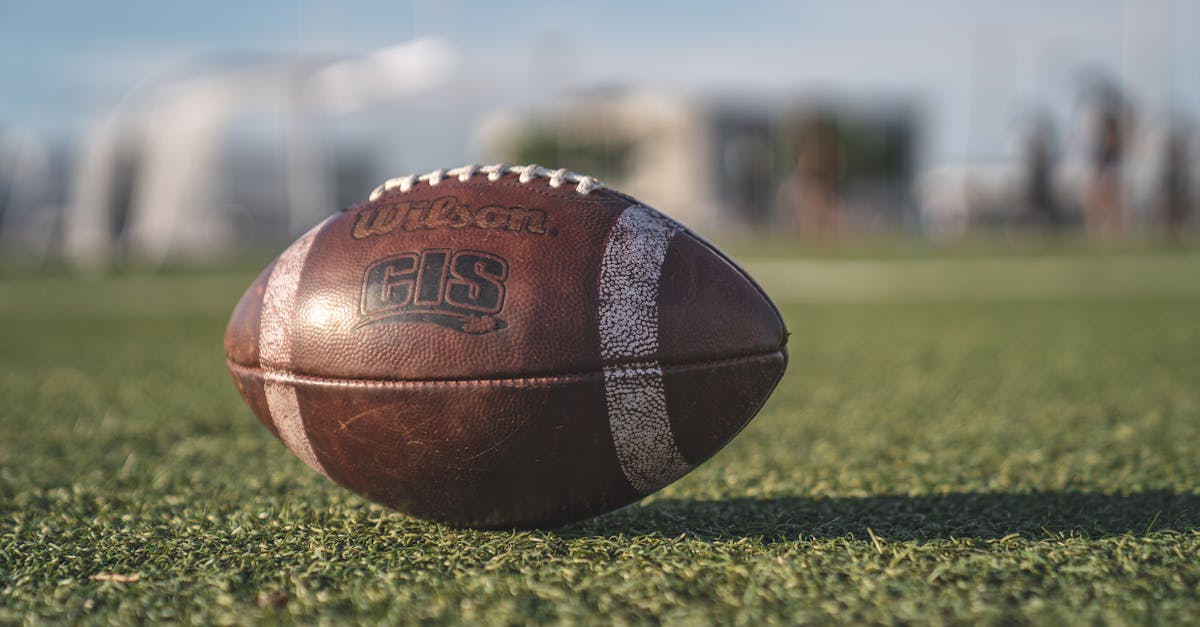
Time-Saving Benefits of Low Maintenance Synthetic Grass
Synthetic grass is engineered to withstand a variety of weather conditions. Its resilience against wear and tear ensures that it can maintain its quality for years, even in high-traffic areas. The materials used in its production are UV-stabilised, p...
Read more →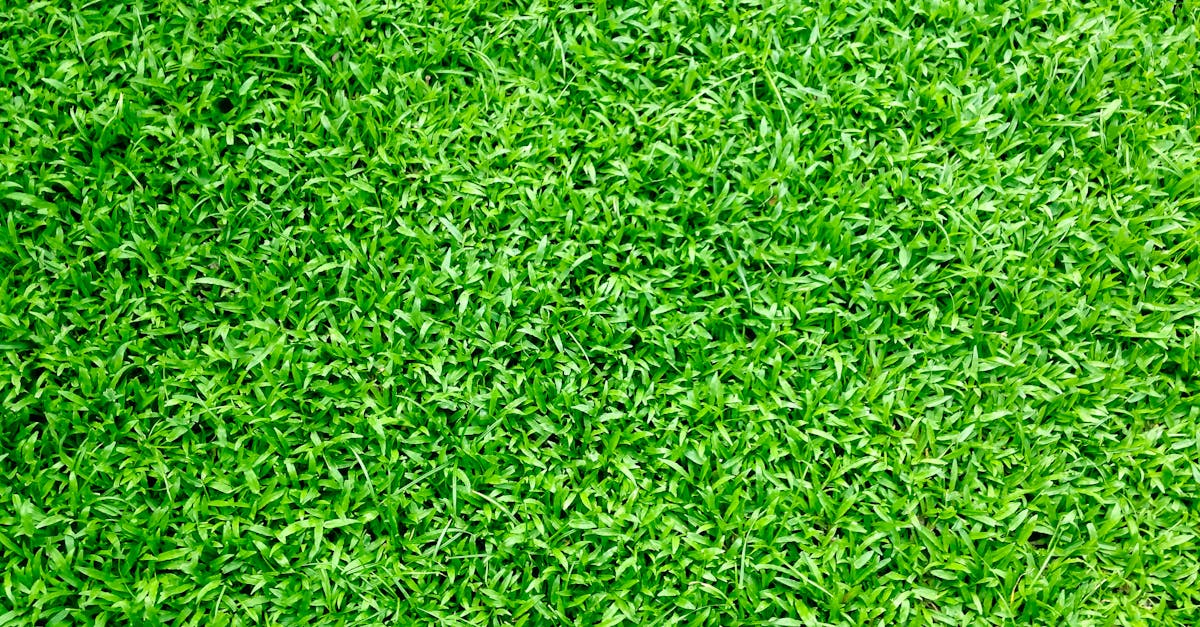
Mitigating Heat Islands with Synthetic Grass in Urban Areas
Synthetic grass requires minimal maintenance compared to natural lawns, making it an attractive option for urban environments. Routine tasks such as regular brushing help maintain its appearance and prevent matting. Removing debris, including leaves ...
Read more →
Sustainable Materials Used in Brisbane's Synthetic Turf
Brisbane boasts a variety of suppliers dedicated to providing sustainable materials for synthetic turf. These local companies prioritise eco-friendly options, sourcing their products from recycled materials and renewable resources. This focus not onl...
Read more →
The Advantages of Minimal Upkeep with Synthetic Turf in Brisbane
Synthetic turf is designed to withstand the demands of various environments, making it an ideal choice for both residential and commercial applications. It resists fading from UV exposure, maintaining its vibrant colour throughout the seasons. The ad...
Read more →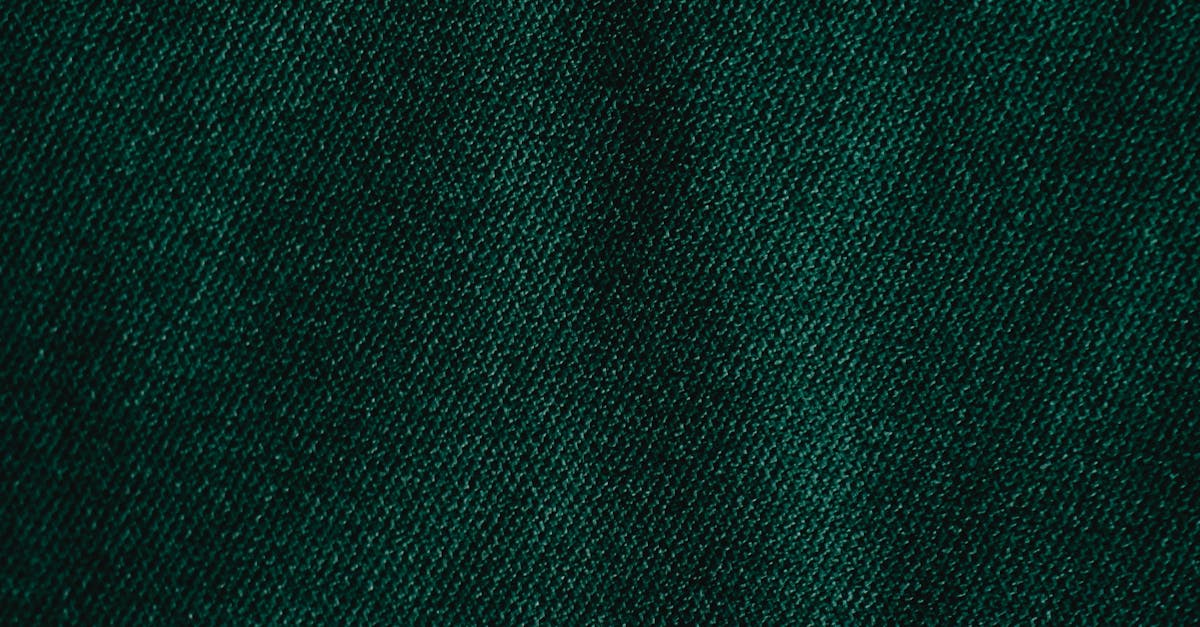
Benefits of Synthetic Turf for Local Wildlife Habitats
The installation of synthetic turf can play a significant role in minimising habitat fragmentation within urban landscapes. Traditional landscaping often disrupts natural habitats, leading to the isolation of wildlife populations. In contrast, synthe...
Read more →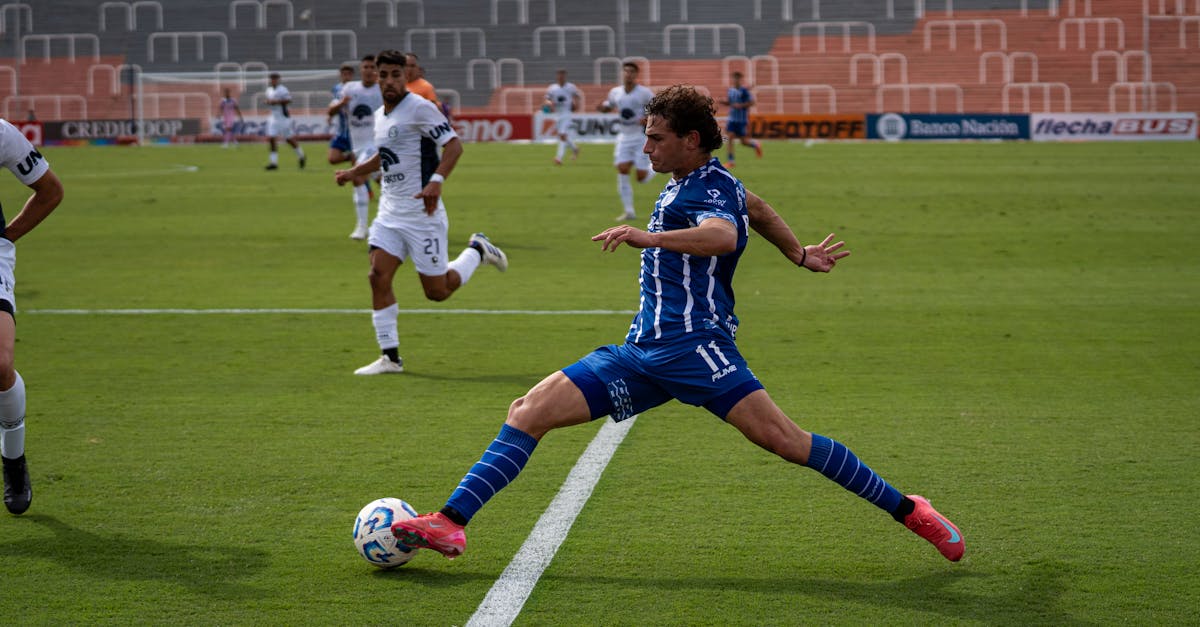
Assessing the Environmental Footprint of Synthetic Turf
The disposal of synthetic turf presents significant challenges, particularly due to its materials. With components typically made from non-biodegradable plastics, traditional landfill solutions may not be sustainable. As these products can last decad...
Read more →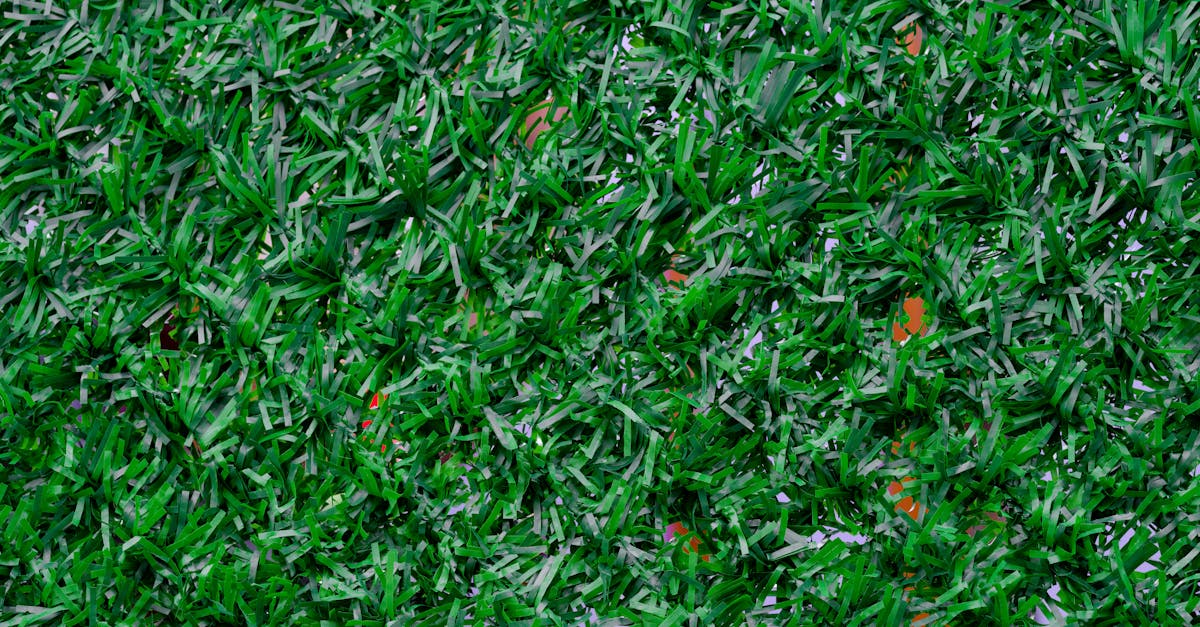
Synthetic Turf and Its Impact on Soil Preservation
The long-term presence of synthetic turf can significantly alter soil dynamics, impacting its natural characteristics. One prominent effect is the modification of soil structure, which may result in reduced porosity and increased compaction. This com...
Read more →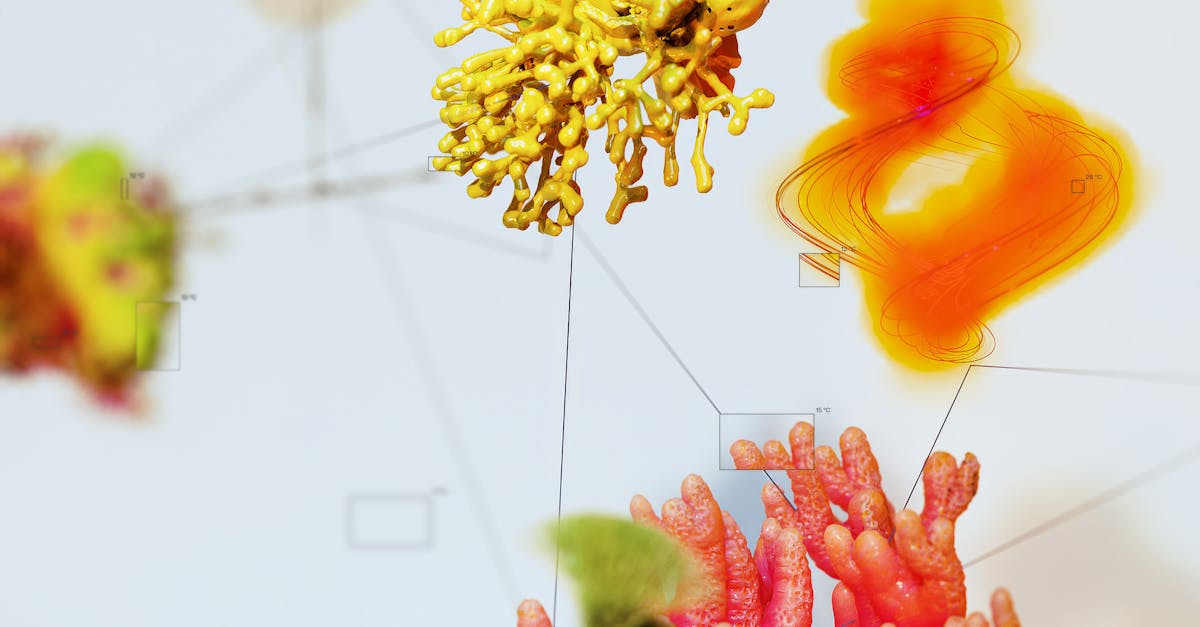
How Synthetic Turf Contributes to Water Conservation
The initial investment in synthetic turf can seem substantial, but its long-term financial advantages often outweigh these preliminary costs. Homeowners and businesses alike may find that the elimination of frequent watering leads to significant redu...
Read more →
Reducing Carbon Footprint with Synthetic Turf Options
Synthetic turf offers significant advantages when it comes to maintenance, reducing the time and effort needed to keep outdoor spaces looking pristine. Unlike natural grass, it does not require regular mowing, watering or fertilising. This aspect alo...
Read more →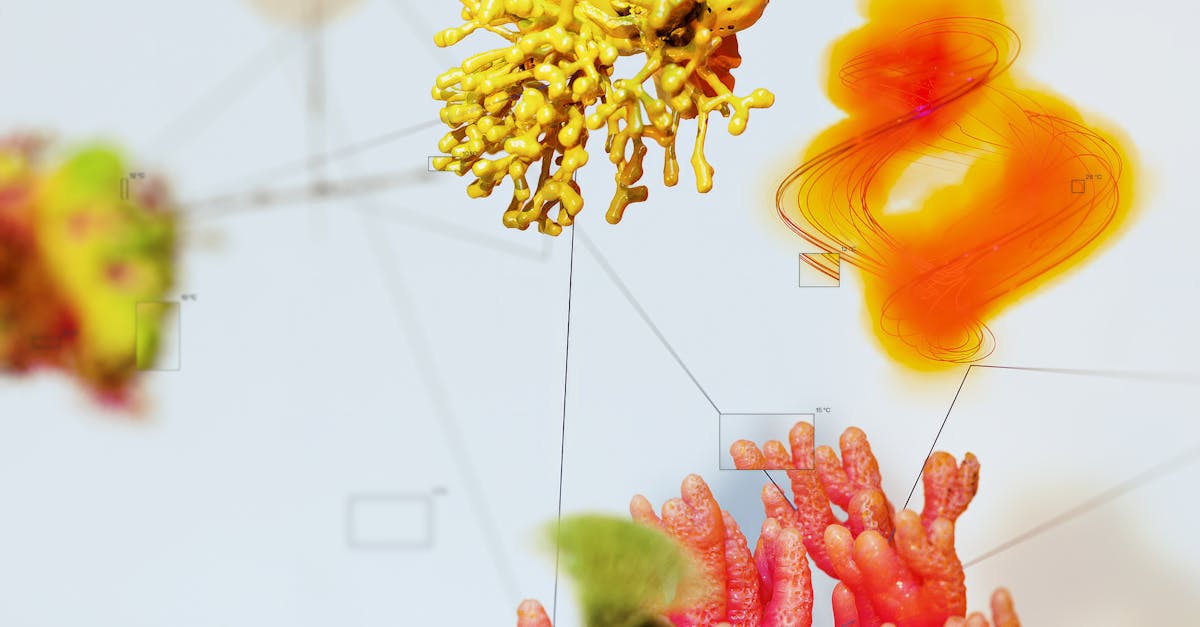
The Role of Synthetic Grass in Urban Biodiversity
Urban heat islands (UHIs) are areas in cities that experience significantly higher temperatures than their rural surroundings. This phenomenon results from factors such as concrete, asphalt surfaces, and limited vegetation. Synthetic grass offers a v...
Read more →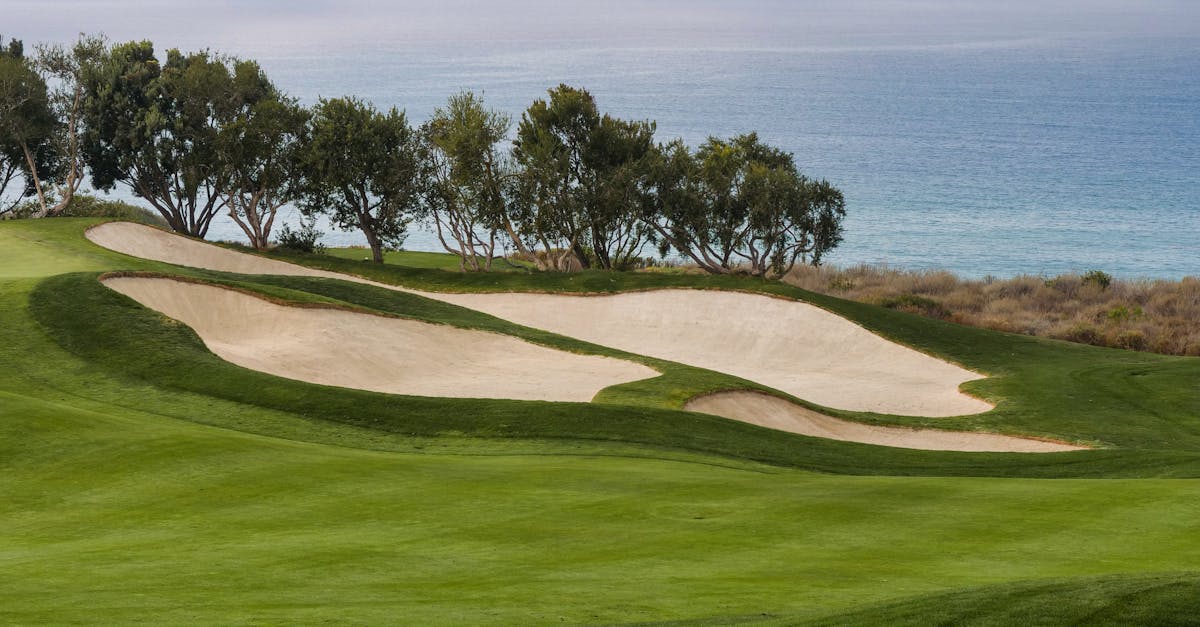
Eco-Friendly Aspects of Synthetic Turf in Brisbane
The production of synthetic turf has seen significant advancements aimed at reducing its carbon footprint. Manufacturing processes now utilise environmentally friendly practices, such as recycling materials and minimising waste. The energy-efficient ...
Read more →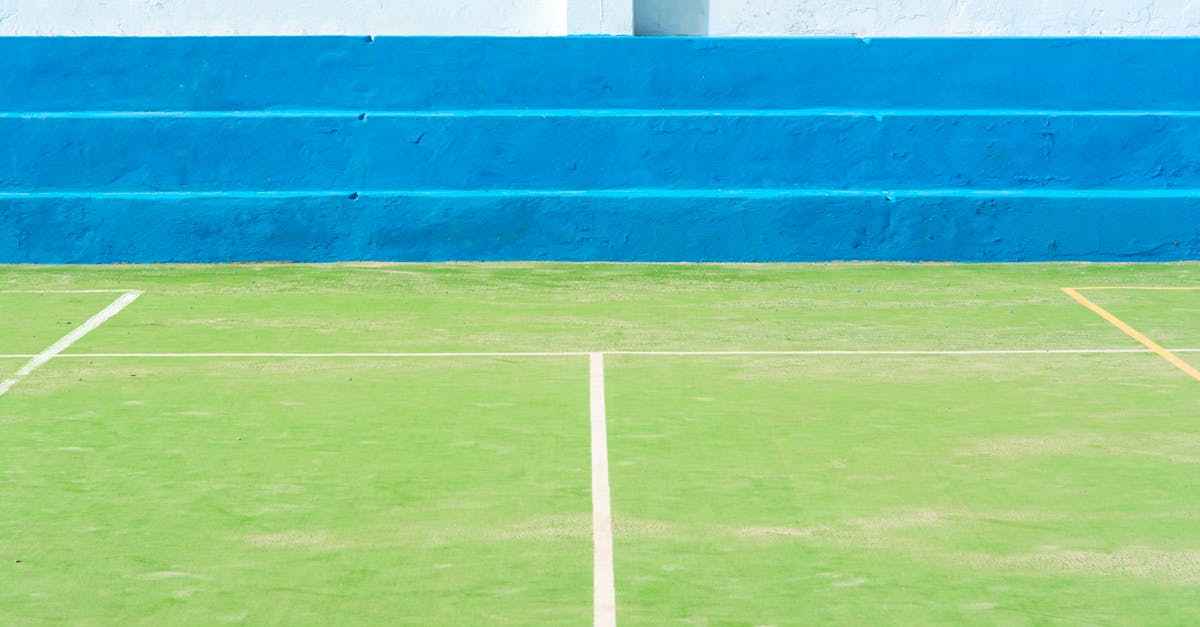
Tax Advantages of Installing Synthetic Turf in Commercial Properties
Commercial properties often face substantial maintenance costs associated with natural grass. Regular mowing, fertilising, aerating, and pest control can be both time-consuming and expensive. By installing synthetic turf, property owners can signific...
Read more →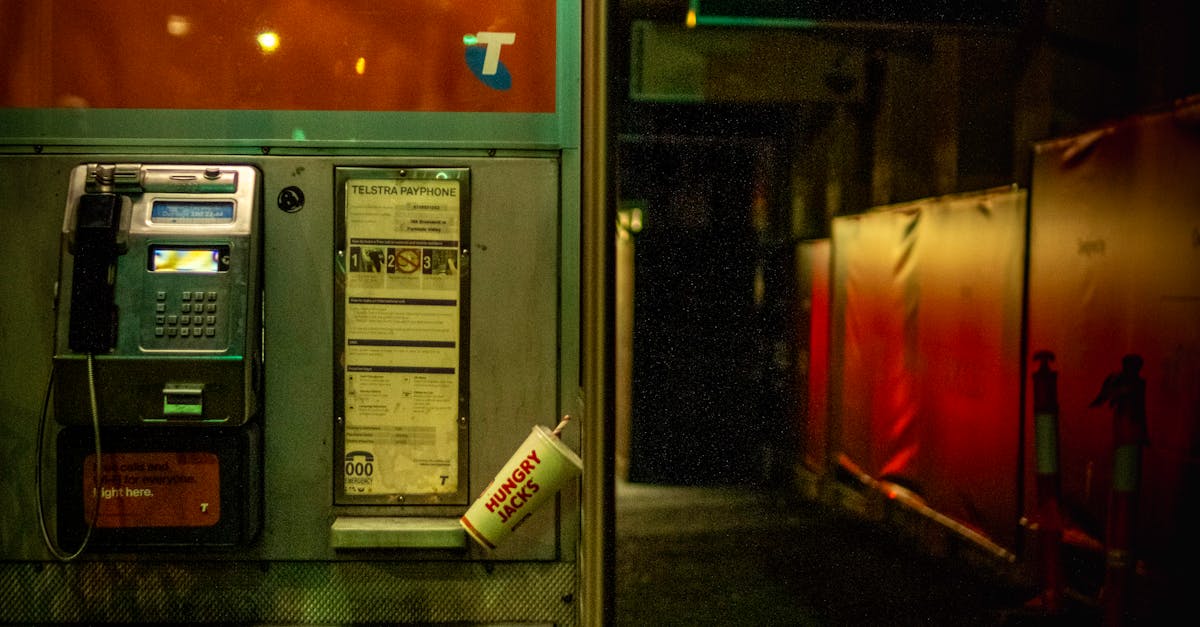
Economic Factors to Consider When Switching to Synthetic Turf
Transitioning to synthetic turf can lead to notable reductions in overall spending on lawn maintenance. Traditional grass requires regular applications of pesticides and fertilisers to promote growth and inhibit pests. These chemical treatments not o...
Read more →
The Lifespan of Synthetic Turf and Its Economic Impact
The decision to install synthetic turf involves several initial costs that vary based on the type of turf selected and the scale of the project. Budget allocation must consider not only the price of the turf materials but also installation expenses, ...
Read more →
Lower Maintenance Costs of Synthetic Turf Compared to Natural Grass
Managing pests and weeds can be both time-consuming and costly for natural grass surfaces. Numerous treatments, including herbicides and pesticides, are often necessary to keep these issues in check. Regular monitoring is essential, as well as a comm...
Read more →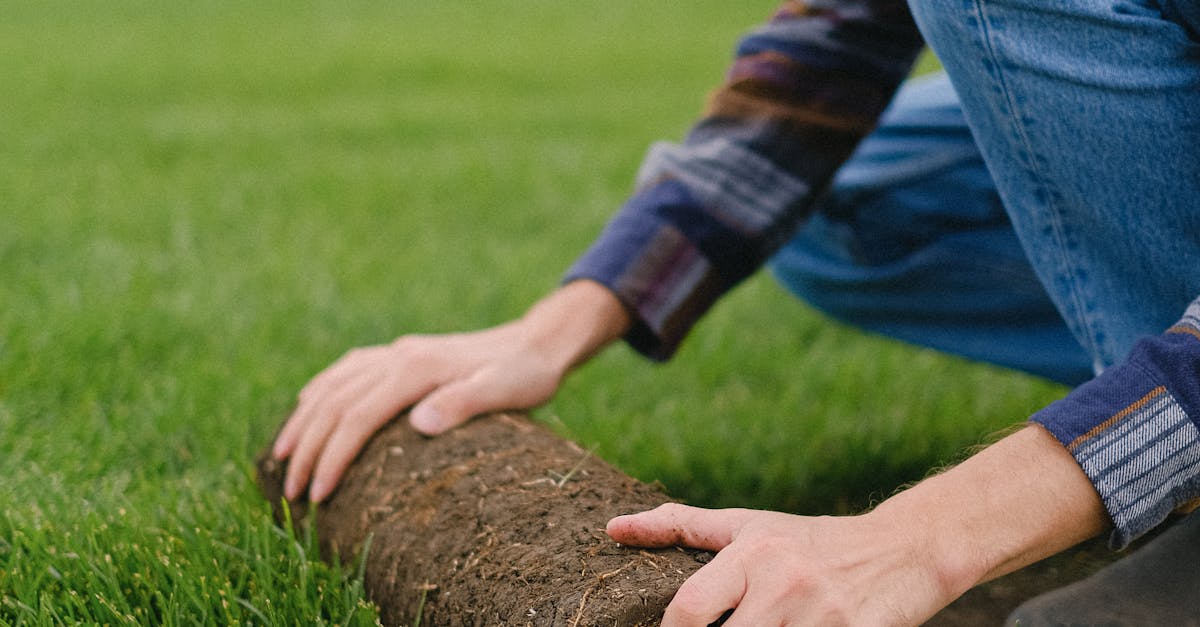
Understanding the Cost Benefits of Synthetic Turf in Sports Facilities
The debate surrounding player safety on various surfaces often highlights the differences in injury rates between synthetic turf and natural grass. Studies indicate that synthetic surfaces can reduce the occurrence of certain injuries, particularly t...
Read more →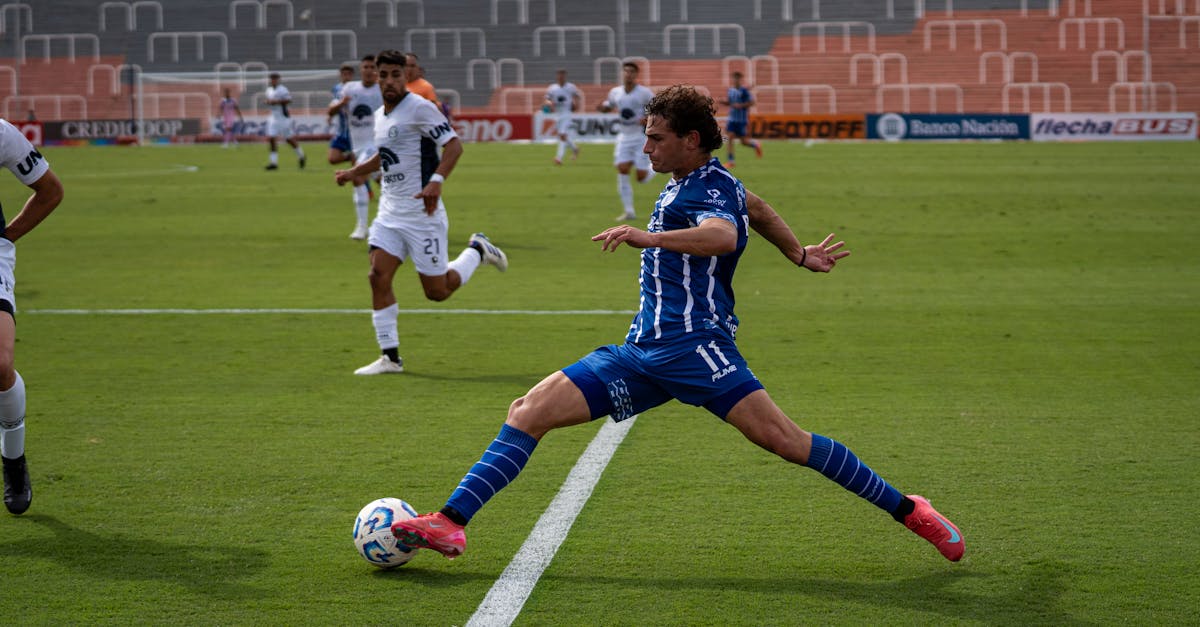
How Synthetic Turf Reduces Water Expenses for Brisbane Residents
The use of synthetic turf presents a significant shift in landscaping practices, particularly in urban environments like Brisbane. Traditional lawns often require substantial amounts of water for maintenance, which can strain local water supplies, es...
Read more →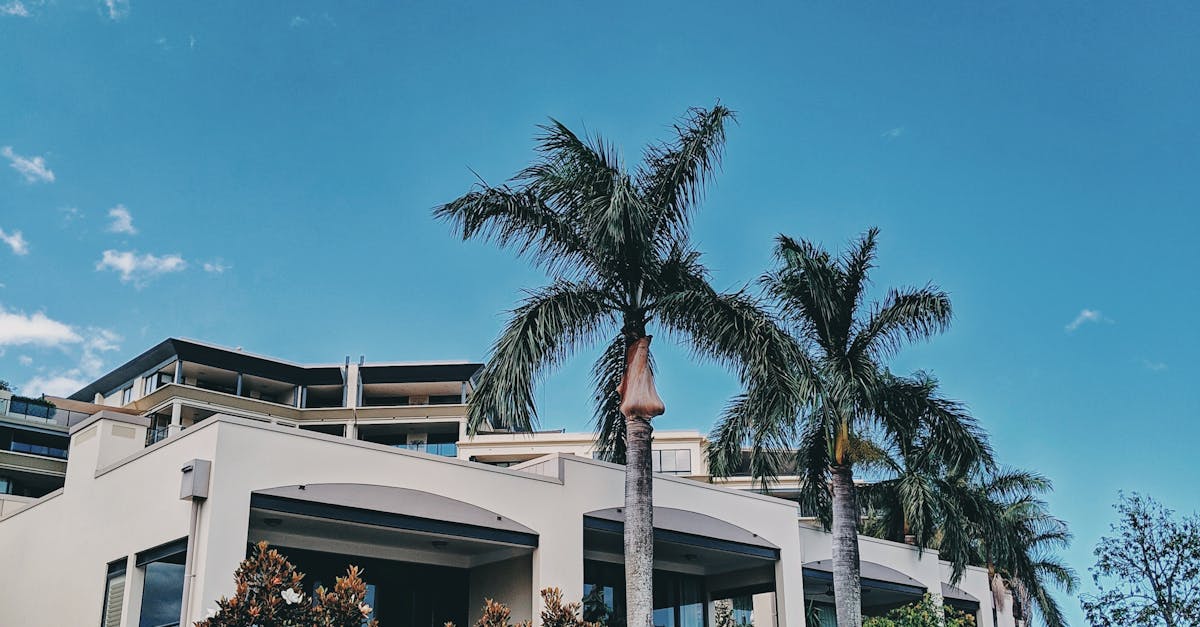
Evaluating Return on Investment for Synthetic Turf Installations
The visual impact of synthetic turf can significantly enhance the overall attractiveness of a property. Its lush green appearance provides a consistent aesthetic that remains appealing throughout the year, irrespective of local climate conditions. Ho...
Read more →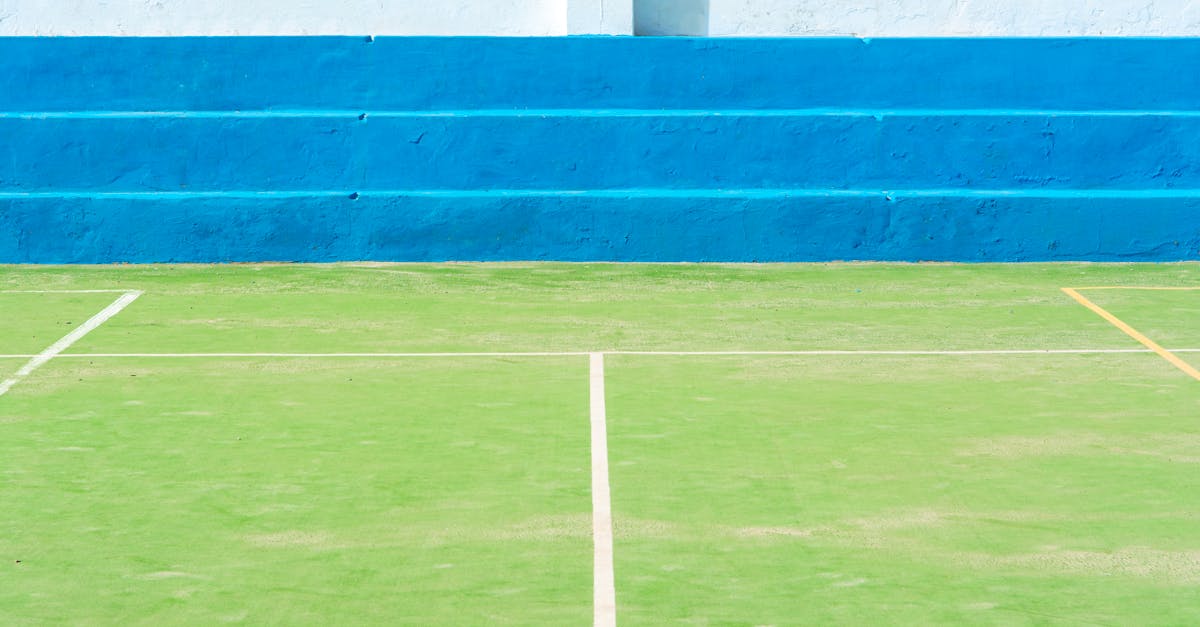
Budget-Friendly Benefits of Synthetic Turf for Homeowners
Homeowners often seek ways to enhance the appeal of their properties. One effective method is the installation of synthetic turf, which not only transforms outdoor areas but also presents a modern aesthetic that is increasingly sought after by potent...
Read more →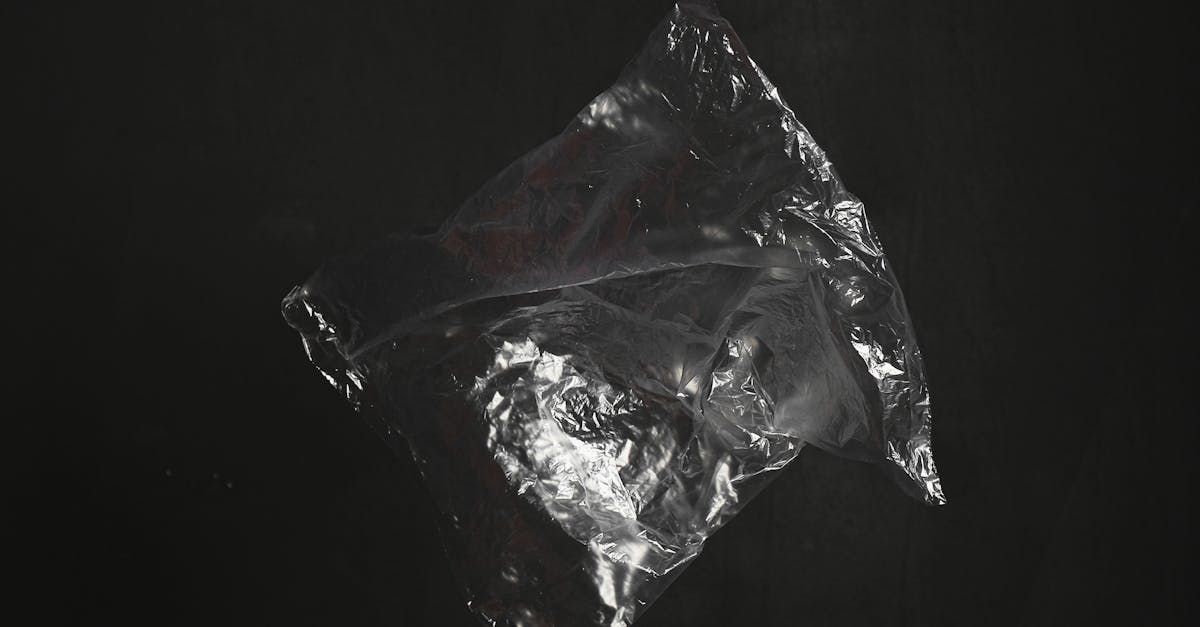
Comparing Installation Costs of Synthetic Turf Versus Natural Grass
The environmental footprint associated with synthetic turf versus natural grass has garnered significant attention in recent years. Natural grass requires regular maintenance, which involves water usage, fertilizers, and pesticides. These can lead to...
Read more →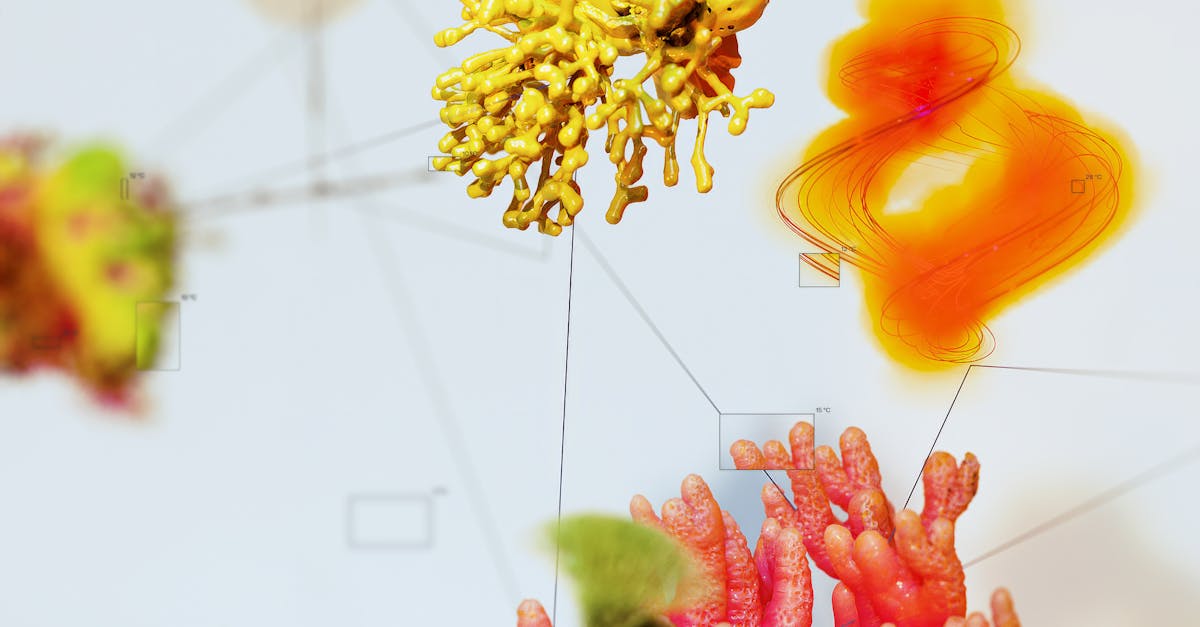
The Long-term Financial Savings of Choosing Synthetic Turf
The adoption of synthetic turf presents various environmental advantages, particularly in water conservation. Traditional grass lawns require significant irrigation, often leading to excessive water use in regions prone to drought. In contrast, synth...
Read more →
How to Refresh Your Synthetic Turf After the Wet Season
Effective drainage is crucial for maintaining the health and appearance of synthetic turf. After the wet season, it's essential to look for any signs of water accumulation, as this can lead to issues such as mould growth and unpleasant odours. Inspec...
Read more →
Seasonal Timing for Fertilisation of Synthetic Grass in Brisbane
When selecting fertilisers for synthetic grass, it is important to consider both organic and synthetic options. Organic fertilisers, derived from natural sources, contribute beneficial microorganisms to the soil. This can improve soil quality and pro...
Read more →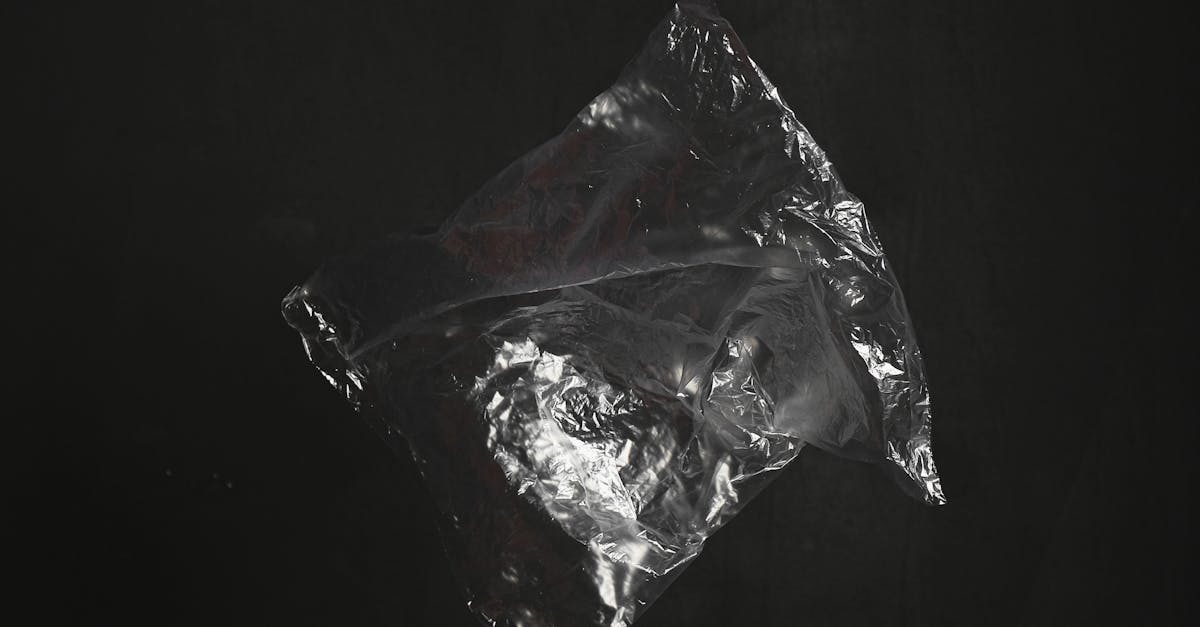
Identifying Seasonal Wear and Tear on Synthetic Turf in Brisbane
Synthetic turf is designed to withstand harsh weather conditions, yet over time, exposure to the sun can lead to noticeable colour fading. The vibrant greens and browns that initially characterise the surface may dull considerably, especially in area...
Read more →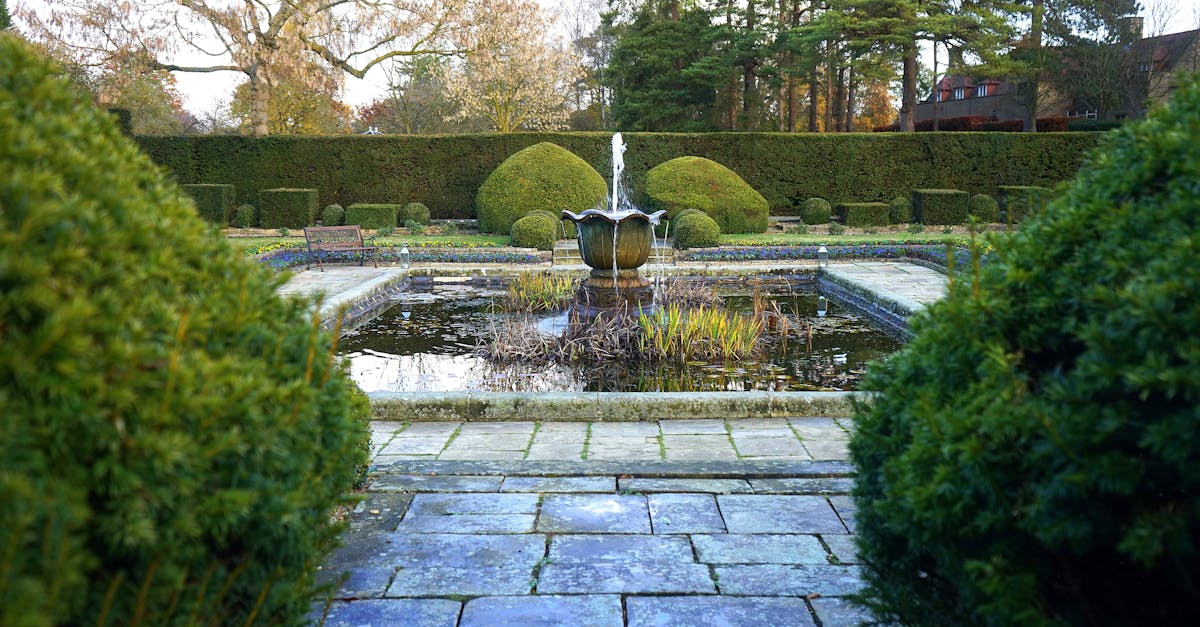
Preparing Your Synthetic Turf for the Winter Season in Brisbane
Effective drainage is crucial for maintaining the integrity of synthetic turf, particularly during the winter months. In Brisbane, where rainfall can affect turf performance, ensuring that water flows away from the surface prevents ponding. Water acc...
Read more →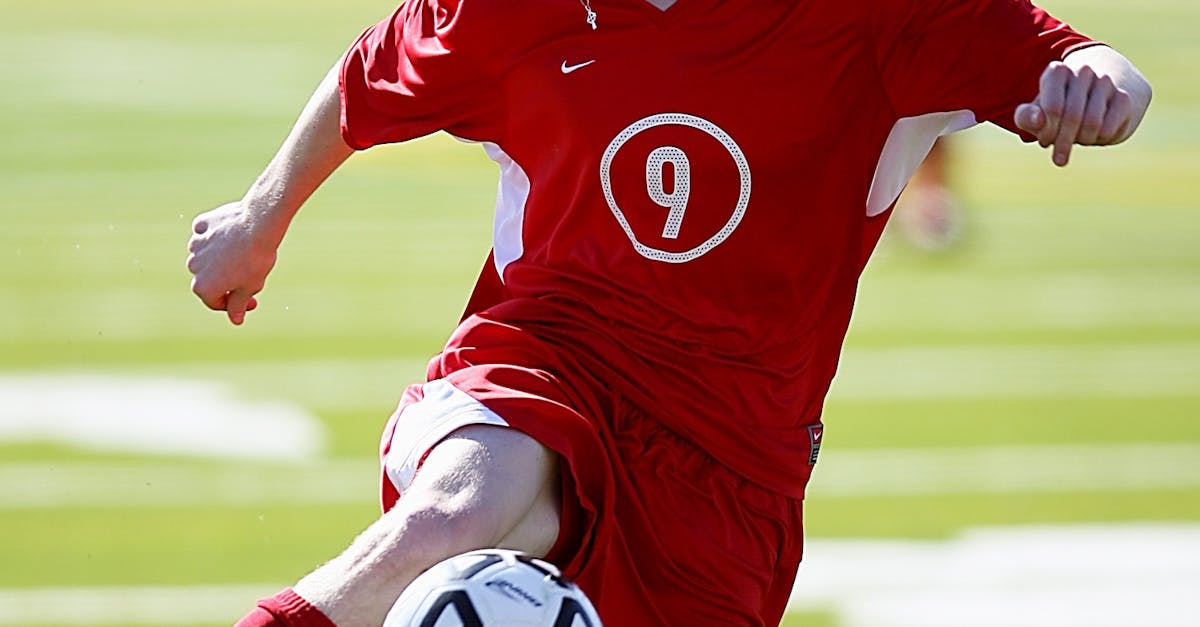
Tips for Adjusting Synthetic Turf Care During Extreme Weather
Synthetic turf requires careful consideration of foot traffic and overall usage levels throughout varying weather conditions. During extreme weather, the intensity and type of activities occurring on the turf can significantly impact its longevity an...
Read more →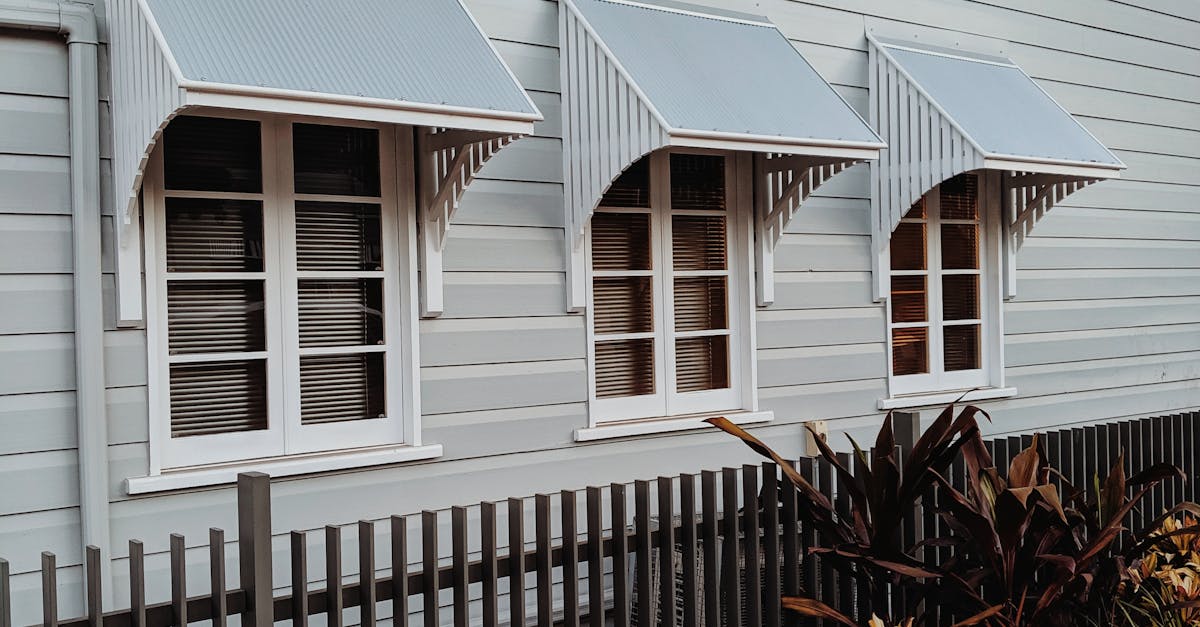
Managing Foot Traffic on Synthetic Turf Throughout the Seasons
The arrival of winter brings unique challenges for the maintenance of synthetic turf surfaces. It is crucial to monitor the condition of the turf regularly during this season. Frost can create a fragile layer on the synthetic grass, making it suscept...
Read more →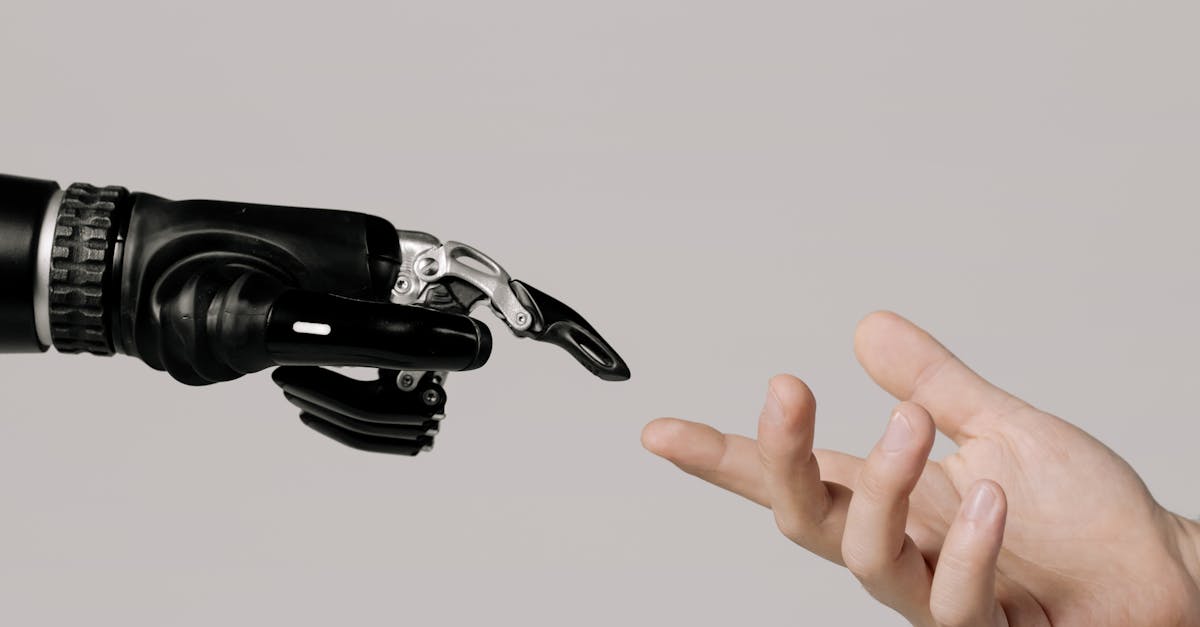
Autumn Care Strategies for Extended Durability of Synthetic Grass
Autumn provides the perfect opportunity to tackle the persistent issues of weeds and pests that can undermine the look and longevity of synthetic grass. Implementing a good maintenance routine becomes crucial during this season, as cooler temperature...
Read more →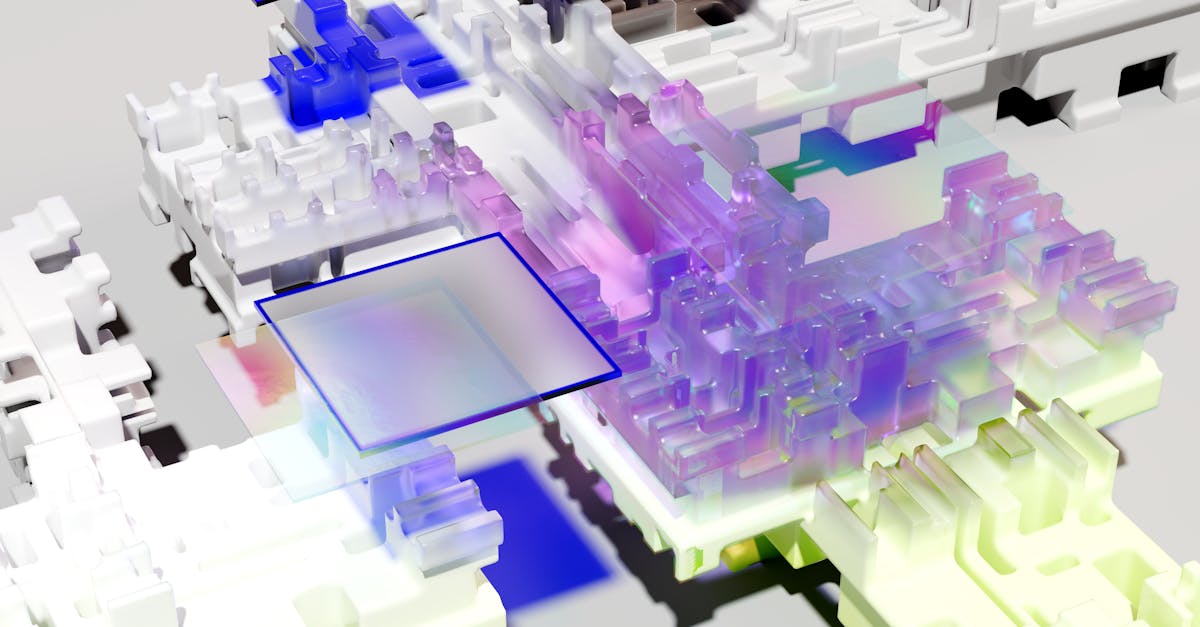
Protecting Your Synthetic Turf from Brisbane's Rainy Season
After heavy rainfall, it's essential to assess the condition of your synthetic turf. Check for any areas where water may have pooled, as stagnant water can lead to unpleasant odours and bacterial growth. Gently rake the turf to help redistribute the ...
Read more →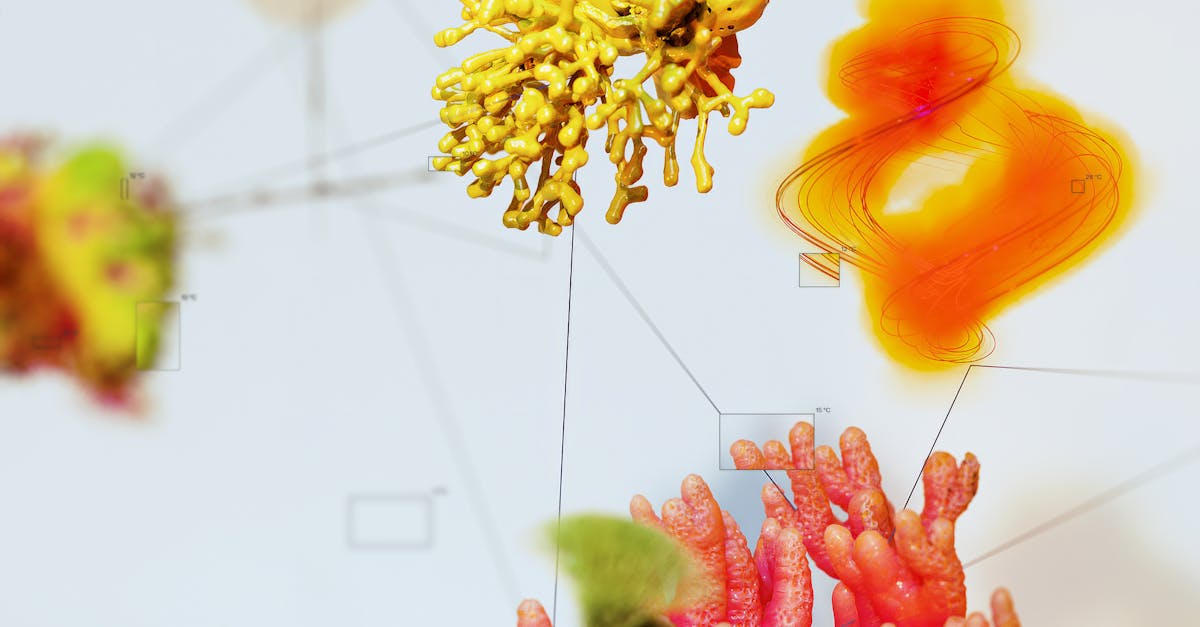
Essential Spring Maintenance Tips for Synthetic Turf Care
Maintaining the appearance of synthetic turf involves regular grooming practices that ensure the fibres remain upright and free of debris. Brushing the grass helps to fluff the blades, making them look more natural and inviting. A stiff-bristle broom...
Read more →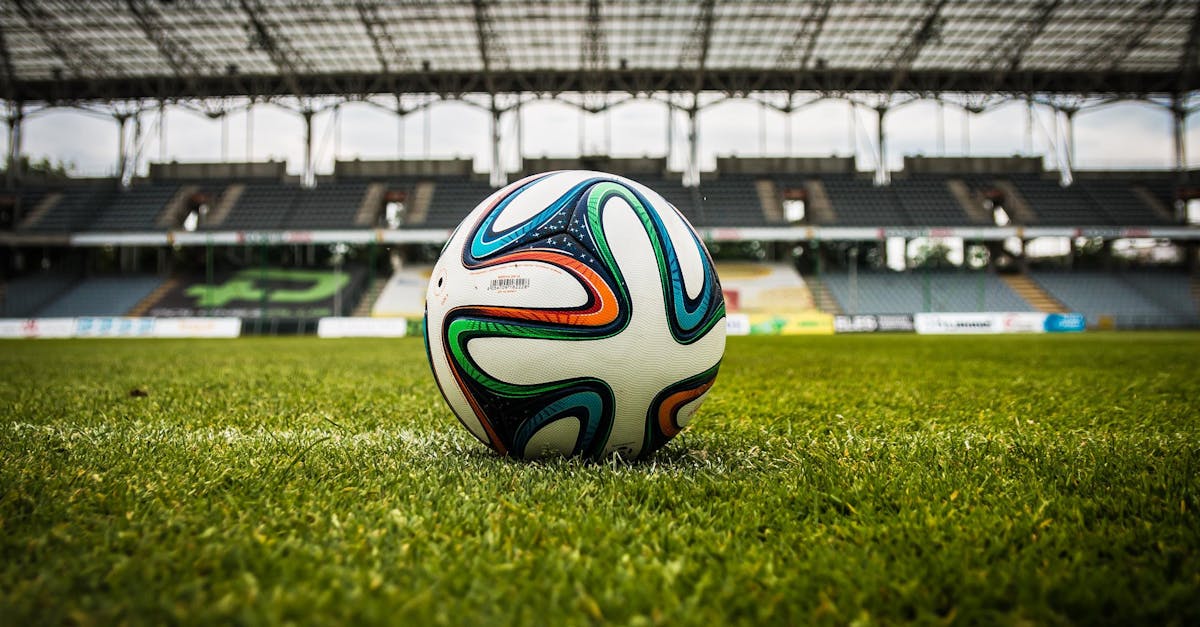
Best Practices for Summer Care of Synthetic Turf in Brisbane
Maintaining the pristine appearance of synthetic turf requires vigilance against unwanted weeds and pests. Regular inspections should be conducted to identify any emerging weeds before they establish deep roots. Employing some preventative measures, ...
Read more →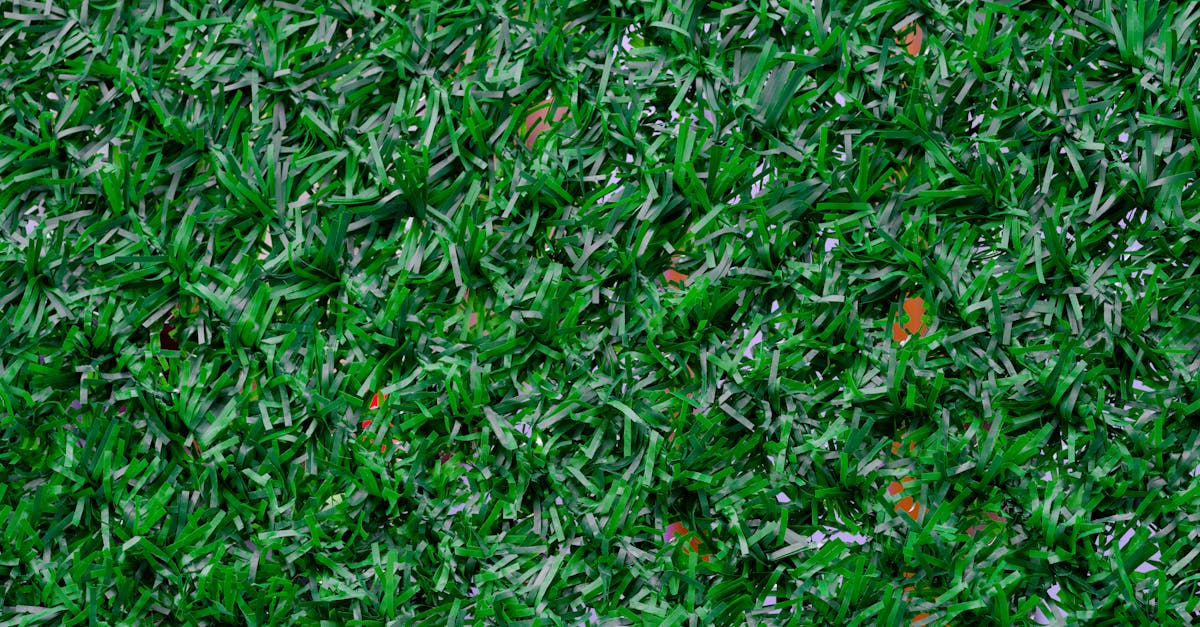
Avoiding Common Issues by Following a Synthetic Turf Maintenance Calendar
Synthetic turf, while durable, can face various issues over time if not properly maintained. One common problem is the accumulation of debris, which can lead to blotchy patches and a lack of drainage. Regular brushing helps to keep the fibres upright...
Read more →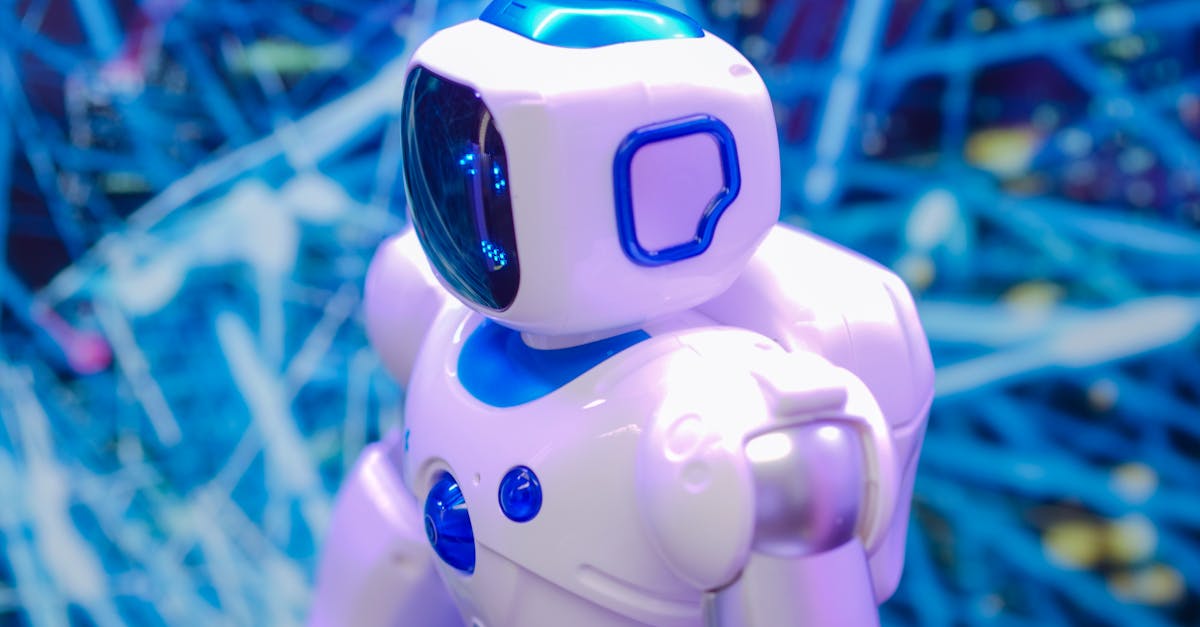
Key Considerations for an Effective Brisbane Synthetic Turf Maintenance Routine
Maintaining the aesthetic quality of synthetic grass requires regular grooming. One key activity is brushing the surface, which helps to lift the grass fibres and restore their upright position. This practice not only benefits the look of the lawn bu...
Read more →
Seasonal Adjustments: Modifying Your Synthetic Turf Maintenance Schedule
As the warmer months approach, a thorough clean-up of your synthetic turf is essential to promote health and longevity. Begin by removing any debris such as leaves, twigs, or litter that may have accumulated during the cooler season. These materials ...
Read more →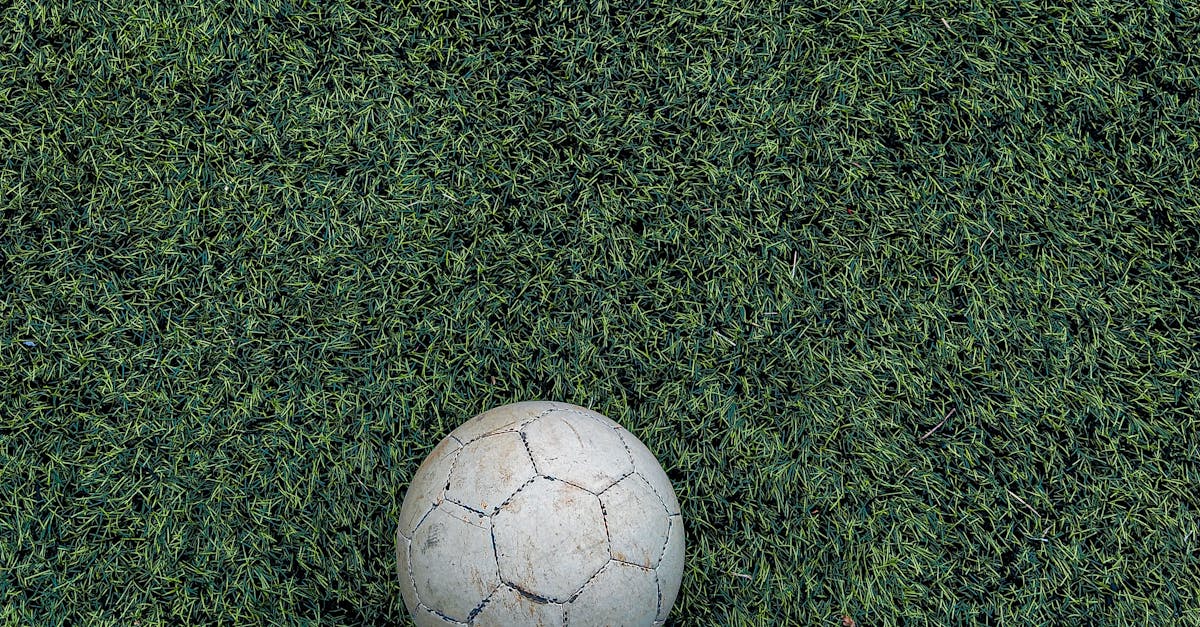
The Importance of Timing in Synthetic Turf Maintenance for Brisbane
The effectiveness of deep cleaning synthetic turf largely hinges on the timing of the task. In Brisbane, the ideal periods for this maintenance activity often align with the changing seasons. Early spring is particularly advantageous, as it prepares ...
Read more →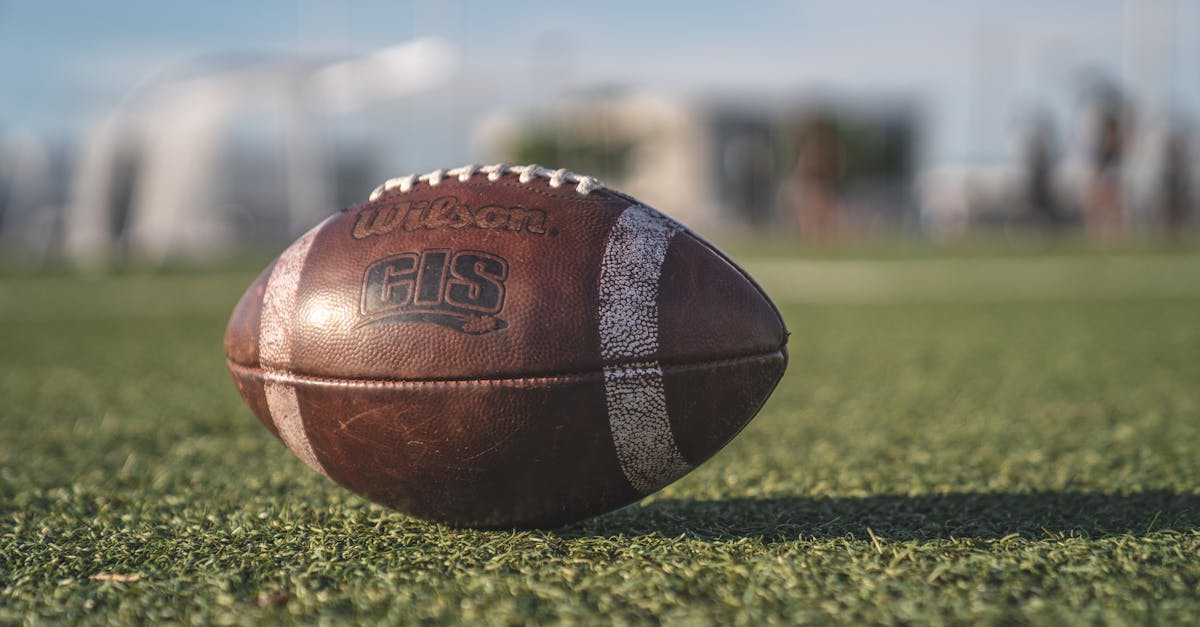
Optimising Your Synthetic Turf Longevity Through Scheduled Care
As the seasons change, so do the needs of your synthetic turf. During the warmer months, regular brushing helps keep the blades upright and encourages even wear. Watering the turf occasionally can assist in cooling the surface and removing any accumu...
Read more →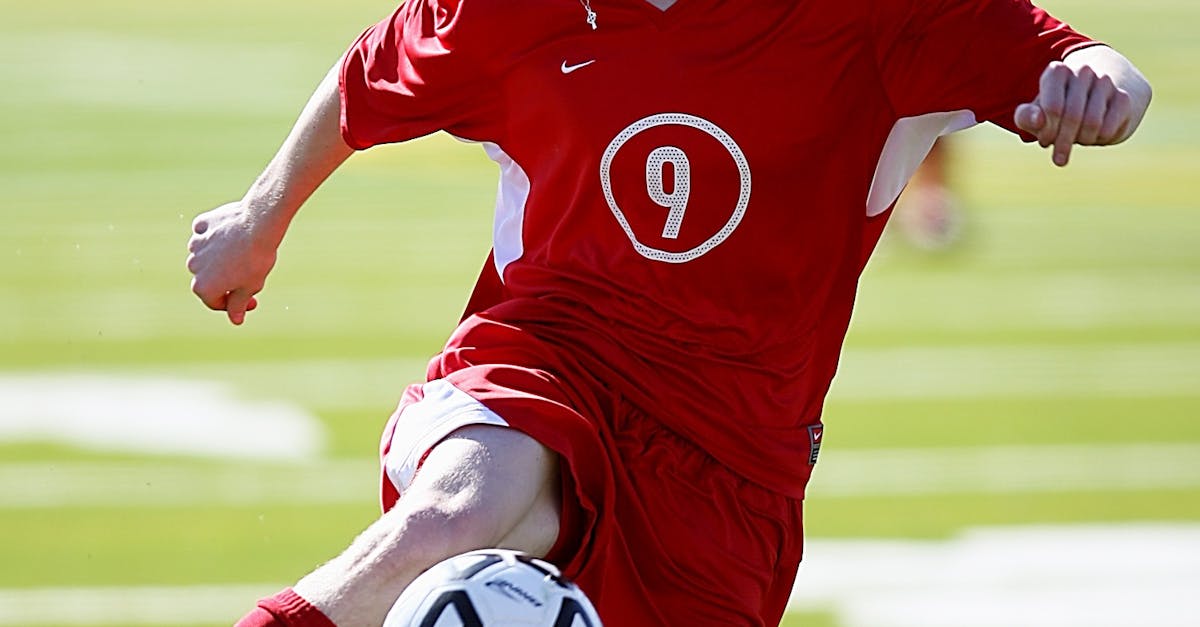
Quick Reference Guide to Synthetic Turf Maintenance Intervals
An effective annual maintenance checklist sets the foundation for preserving the integrity of synthetic turf. Begin with a thorough inspection to assess any signs of wear or damage. Examine seams, infill levels, and the overall appearance of the turf...
Read more →
How to Tailor Your Synthetic Turf Maintenance Plan for Local Conditions
Selecting synthetic turf products requires an understanding of various factors. Different types of grass fibres, densities, and infills offer unique benefits depending on the intended use. For residential lawns, families may prefer a softer material ...
Read more →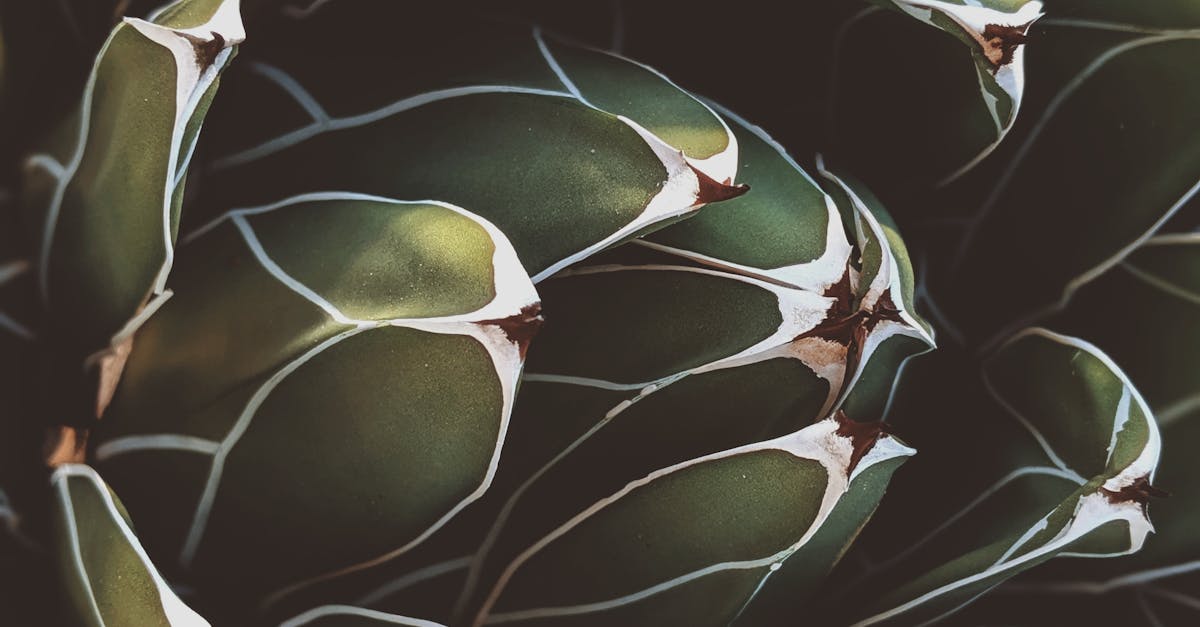
Essential Maintenance Tasks for Brisbane's Synthetic Turf: A Timetable
Maintaining cleanliness on synthetic turf surfaces is essential for both aesthetic appeal and longevity. Regular cleaning can prevent the build-up of dirt, algae, and organic matter. The frequency of cleaning depends on usage levels and environmental...
Read more →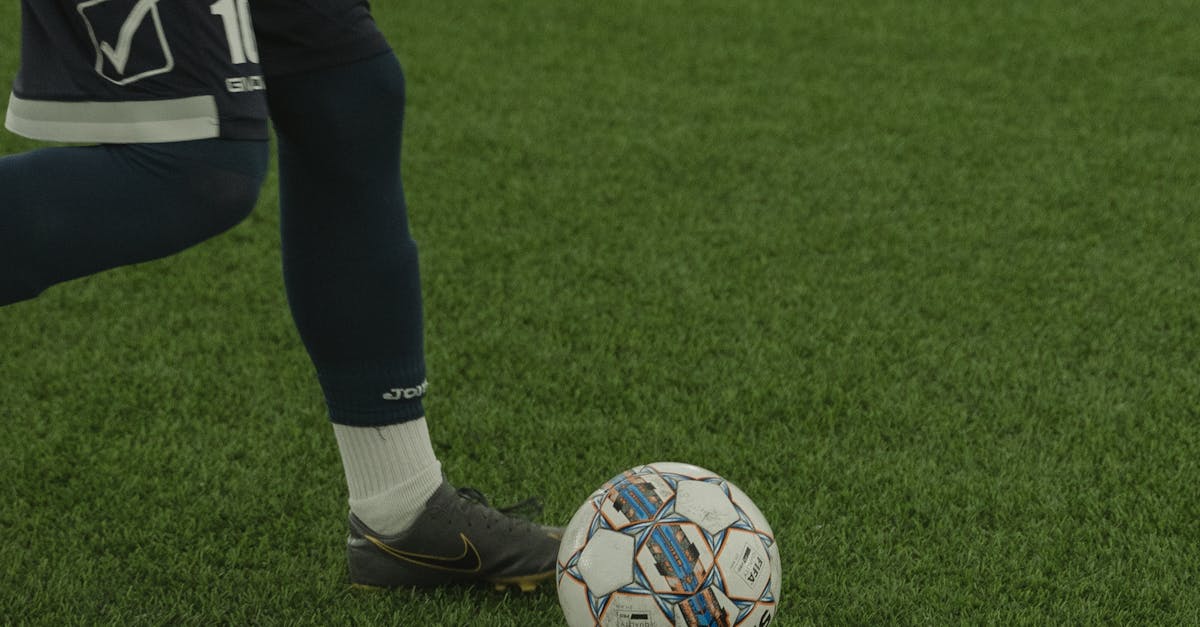
Year-Round Synthetic Turf Care: Monthly Maintenance Schedule for Brisbane
As the weather begins to warm up, it's an ideal time to focus on nutrient application for synthetic turf. Regular maintenance in May ensures the longevity and vibrant appearance of your lawn. Select a fertiliser that specifically caters to synthetic ...
Read more →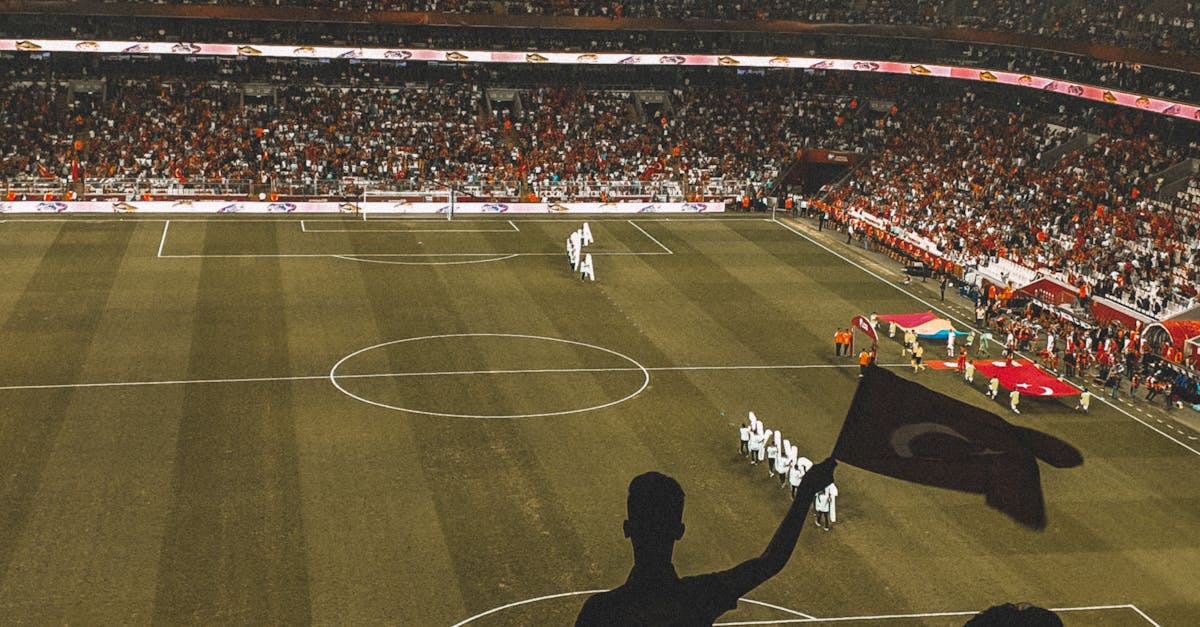
Creating an Effective Maintenance Schedule for Synthetic Turf in Brisbane
Synthetic turf can face a variety of challenges that affect its performance and longevity. One common issue is infill displacement, which can occur due to heavy rainfall or vigorous play. This can lead to uneven surfaces and reduce the turf's ability...
Read more →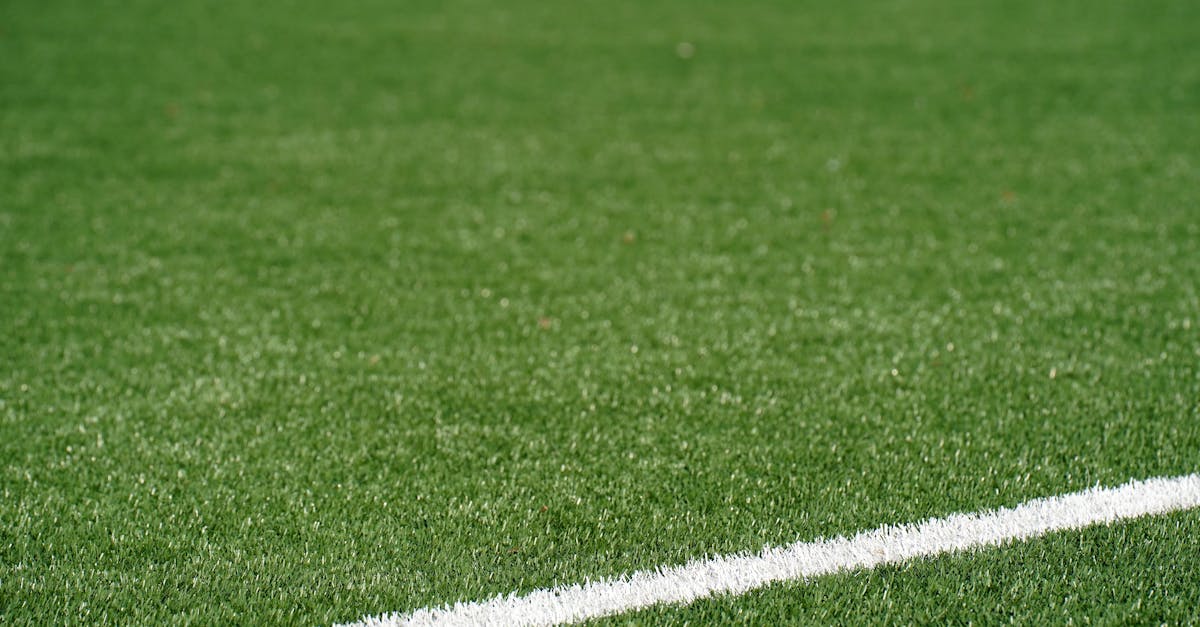
Best Practices for Maintaining Weed Resistance in Synthetic Lawns
The choice of infill is crucial in creating a synthetic lawn that effectively resists weed growth. Various materials, such as rubber, silica sand, and organic options, serve distinct purposes. Rubber infill provides better shock absorption and can re...
Read more →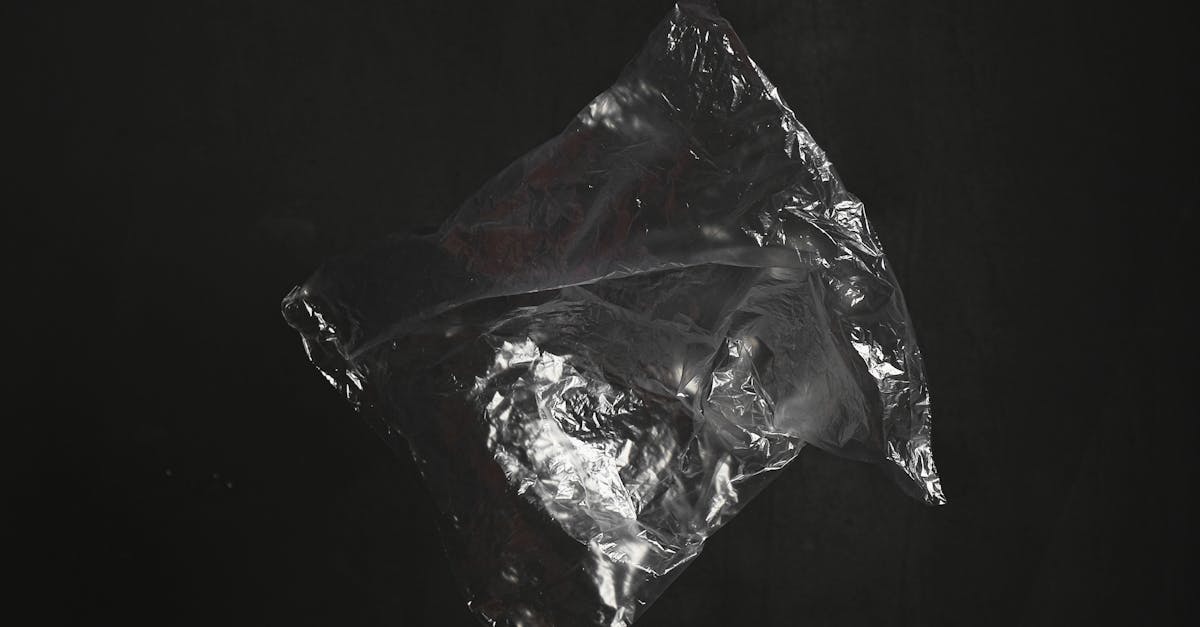
Simple Steps to Maintain Pest-Free Synthetic Playing Fields
Creating effective physical barriers is essential for deterring unwanted pests from invading synthetic playing fields. Installing fences or netting around the perimeter can significantly reduce the likelihood of pests entering the area. Additionally,...
Read more →
Eco-Friendly Products for Weed and Pest Management in Synthetic Turf
Beneficial insects play a crucial role in maintaining healthy ecosystems, particularly in turf environments. These natural predators, such as ladybugs and lacewings, help control pest populations by feeding on common lawn pests like aphids and caterp...
Read more →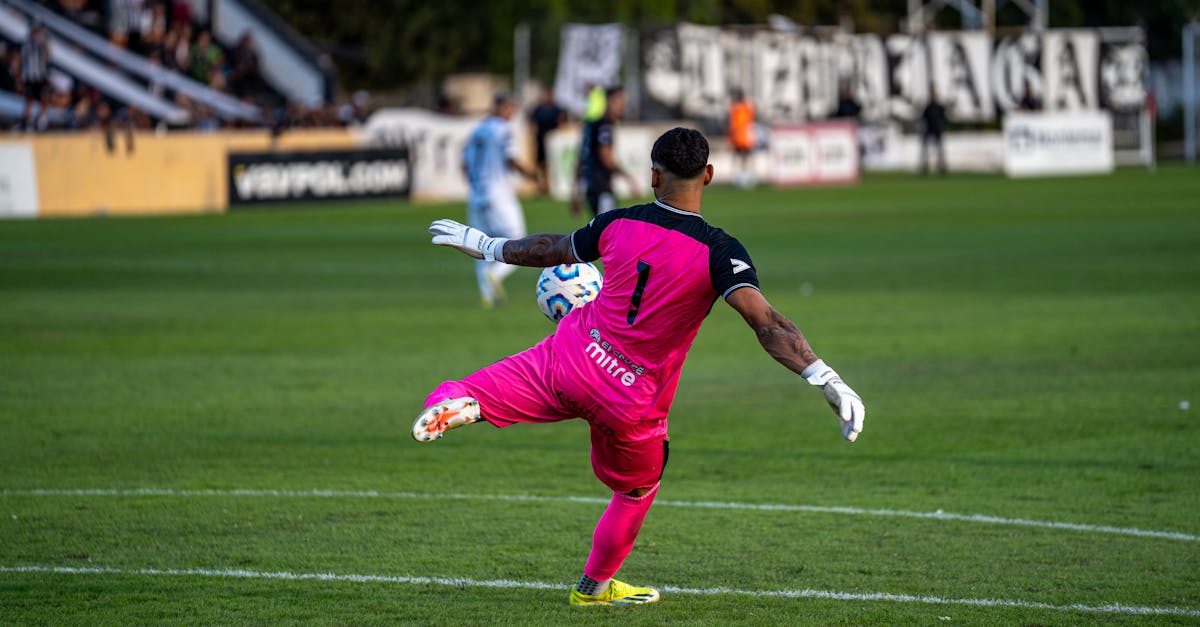
Recognising Signs of Insect Infestation in Synthetic Grass
The presence of brown or discoloured patches on synthetic grass can often signal an underlying issue, including potential insect infestation. These patches may emerge suddenly and spread irregularly, catching the eye of any property owner. Factors su...
Read more →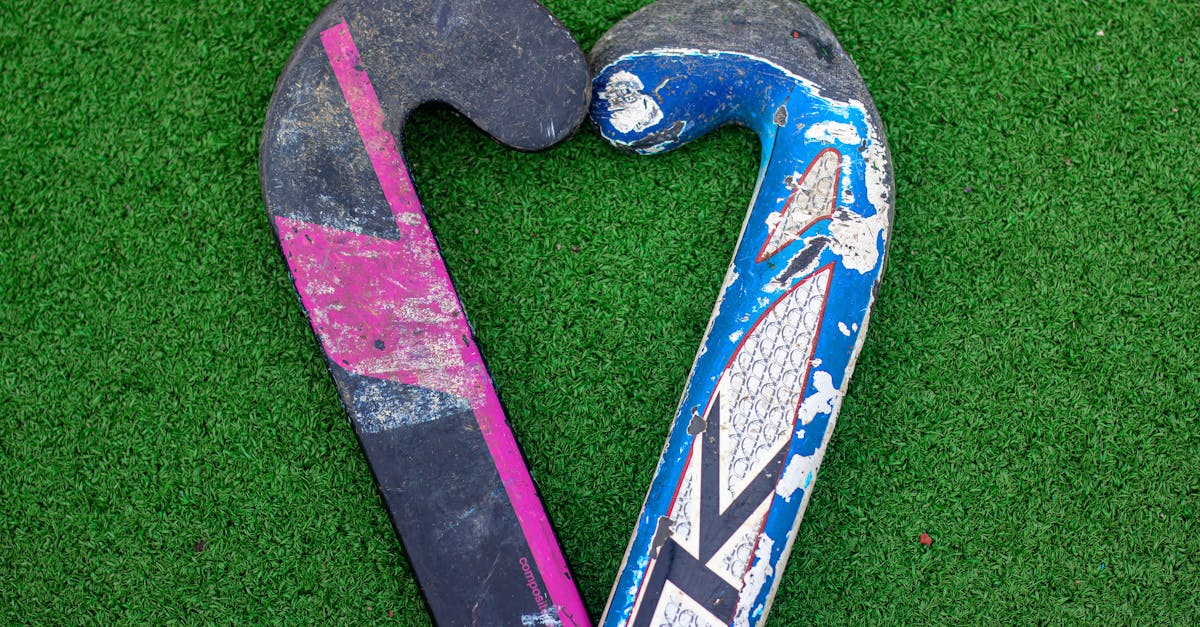
Tips for Chemical-Free Weed Control on Synthetic Surfaces
Maintaining healthy soil is vital for reducing weed growth, even on synthetic surfaces. Soil rich in organic matter supports beneficial microorganisms and enhances overall fertility. This balance can create an environment that discourages weeds while...
Read more →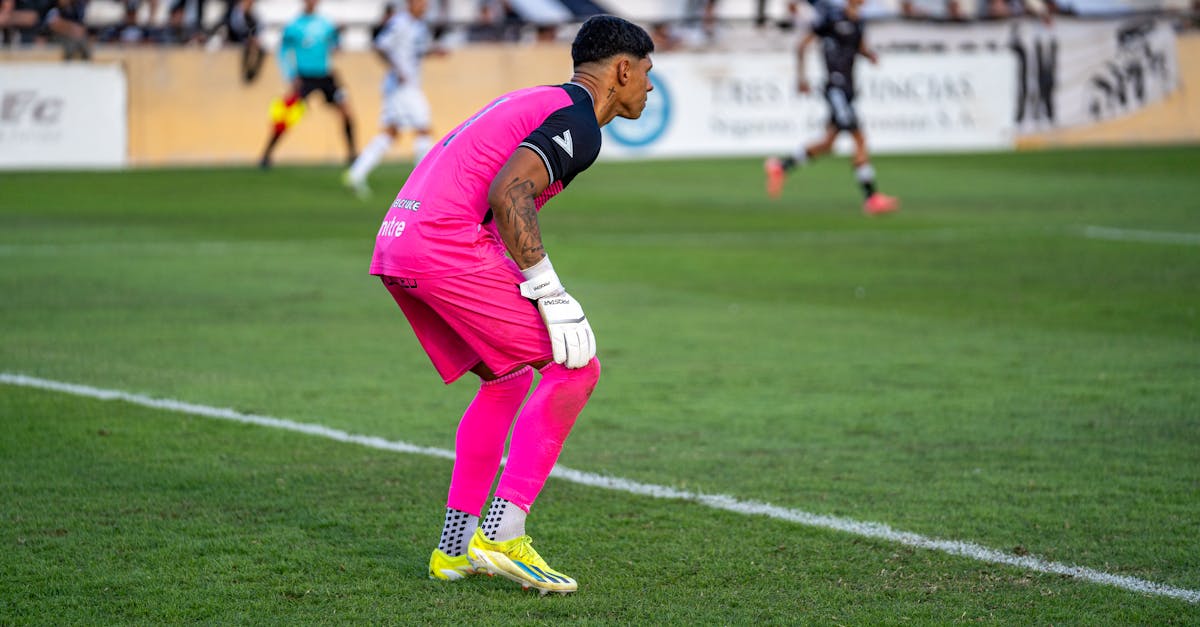
The Role of Proper Drainage in Pest Management for Synthetic Turf
Consistent upkeep of synthetic turf ensures that optimal drainage is maintained. Regular inspections help identify any potential blockages in the drainage system. Keeping the turf surface clear of debris, leaves, and other organic materials reduces t...
Read more →
Natural Remedies for Pest Control in Synthetic Turf Environments
Creating a natural barrier against pests can be an effective strategy when dealing with synthetic turf. Companion planting involves selecting specific plants that can repel unwanted insects or attract beneficial ones. For instance, marigolds are know...
Read more →
Seasonal Approaches to Weed Prevention in Synthetic Lawns
As the cooler months approach, it's essential to focus on preparing synthetic lawns for the possibility of weed growth. Autumn is a key time to assess the overall condition of your lawn and address any issues that may contribute to weed invasion. Beg...
Read more →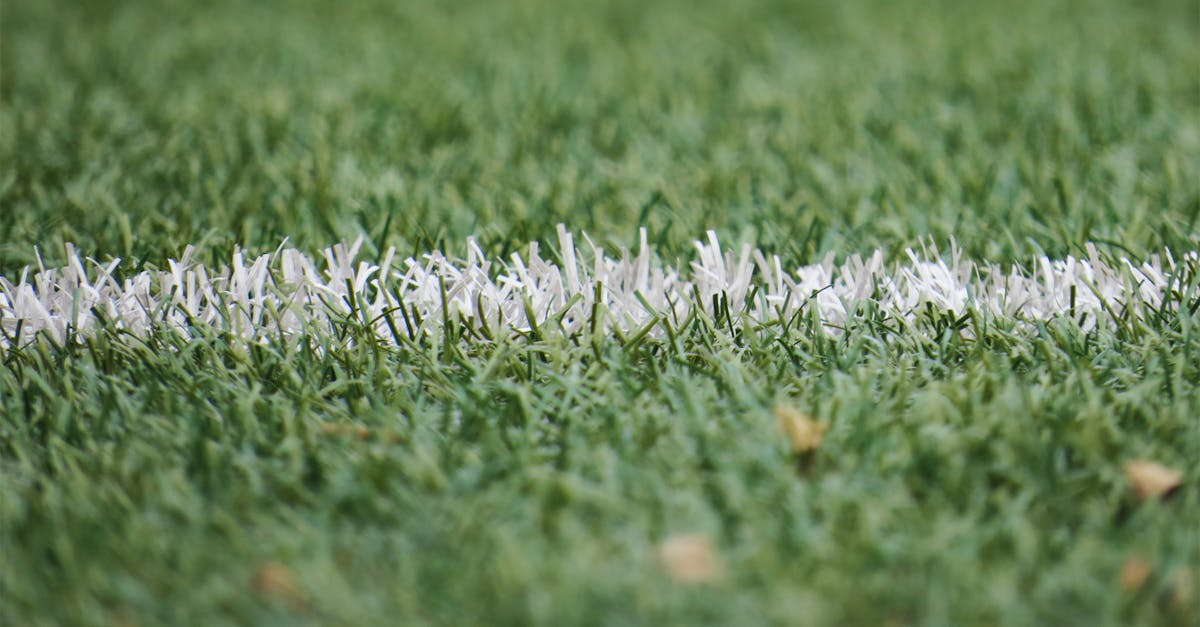
Identifying Common Pests Affecting Synthetic Grass
Nematodes are microscopic roundworms that can significantly impact the health of synthetic grass. While not harmful to the grass itself, their presence can indicate underlying soil issues. Nematodes feed on the roots of plants, leading to nutrient de...
Read more →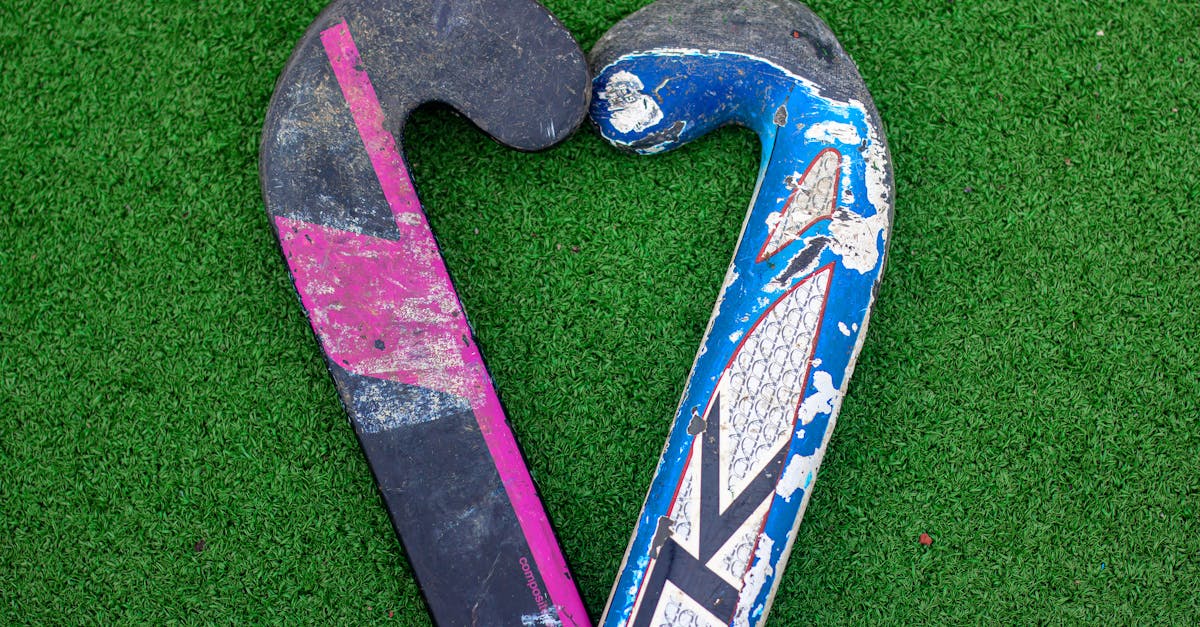
Effective Strategies for Managing Weeds in Synthetic Turf
The use of chemical herbicides can be an effective way to manage unwanted weeds in synthetic turf. Many commercial products are specially formulated to target specific weed species without causing damage to the synthetic fibres. It is essential to se...
Read more →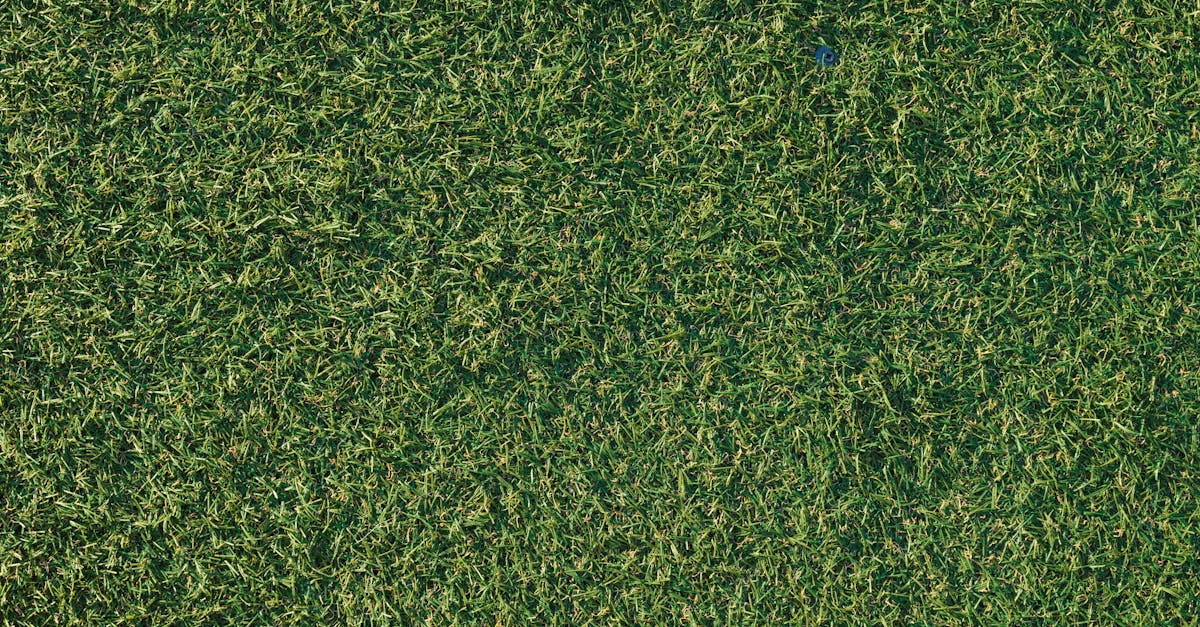
Evaluating the Lifespan of Synthetic Turf for Effective Repairs
Effective repair strategies are essential for maintaining the integrity of synthetic turf surfaces. One common method involves patching damaged areas using matching turf material. This technique requires precise cutting and installation to ensure a s...
Read more →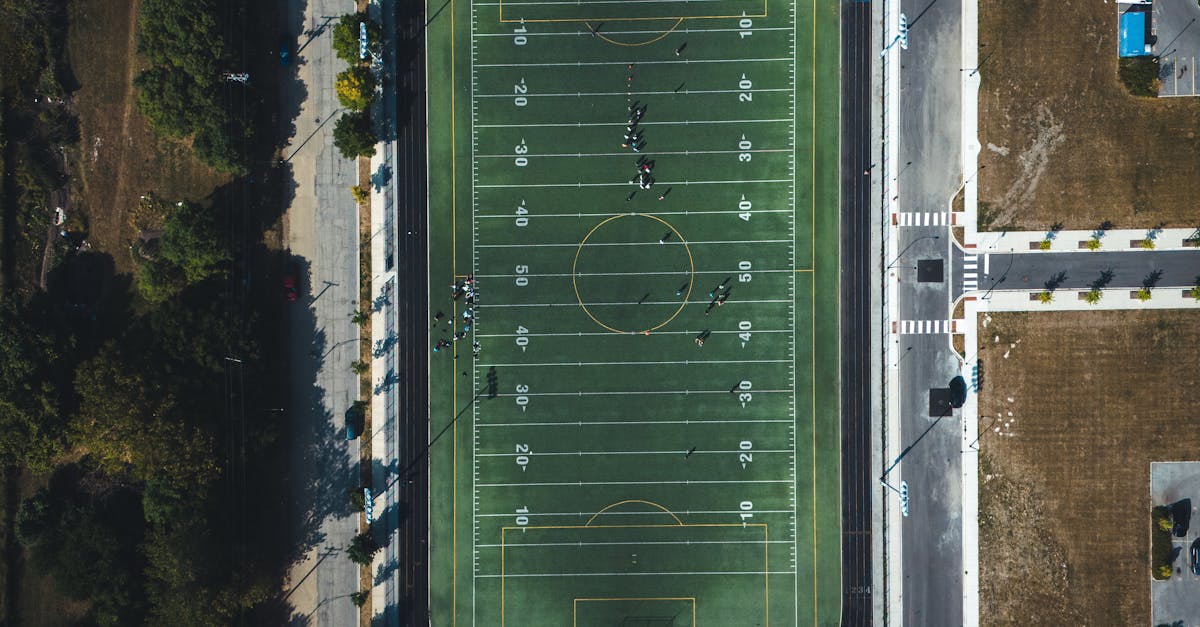
Quick Fixes for Minor Damage in Synthetic Turf Installations
Synthetic turf can face challenges when pets roam freely on its surface. Common issues include unsightly patches, odour retention, and potential displacements of infill materials. Quick action can mitigate these effects. Regularly inspecting the turf...
Read more →
Identifying and Rectifying Frayed Edges on Your Synthetic Lawn
Selecting a suitable adhesive is crucial for ensuring a durable repair on synthetic lawns. Various types of adhesives are designed specifically for outdoor use, and they can significantly impact the longevity of your lawn's seams and edges. Look for ...
Read more →
Maintaining Integrity: Repair Methods for Poorly Jointed Turf
Repairing poorly jointed turf requires a strategic approach tailored to the specific issues present. One effective method involves the careful uprooting and repositioning of the turf pieces. This process not only allows for better alignment of the jo...
Read more →
Troubleshooting Common Issues in Synthetic Turf Repair
Infill serves a crucial role in synthetic turf systems, providing stability and support to the fibres while enhancing the overall look and feel of the surface. Over time, infill can become compacted due to foot traffic, heavy equipment use, or lack o...
Read more →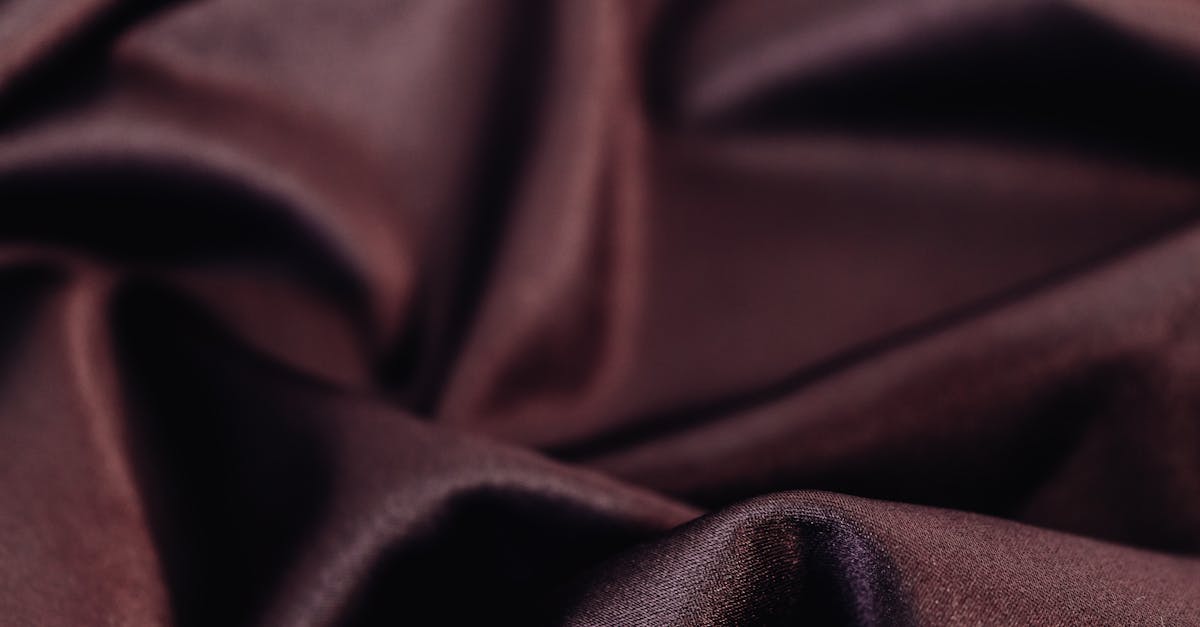
Step-by-Step Guide to Replacing Failed Synthetic Turf Seams
Begin by examining the failed seam to identify the extent of the damage. Use a utility knife to carefully cut along the seam, ensuring that you do not damage the surrounding turf. Remove any staples or adhesive that may have been used to secure the s...
Read more →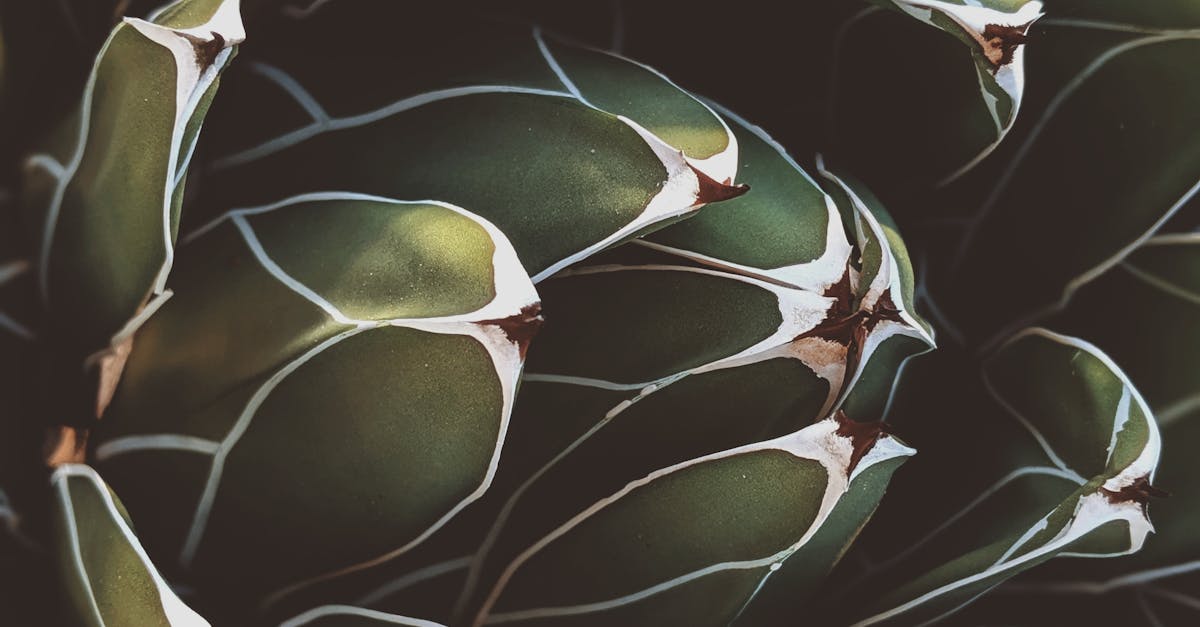
Understanding the Process of Patching Worn-Out Turf Areas
When tackling areas of worn-out turf, preparation is key. Start by assessing the damaged section to understand the extent of the wear. Remove any debris, such as rocks or old grass, from the area to ensure a clean surface. A shovel or spade works wel...
Read more →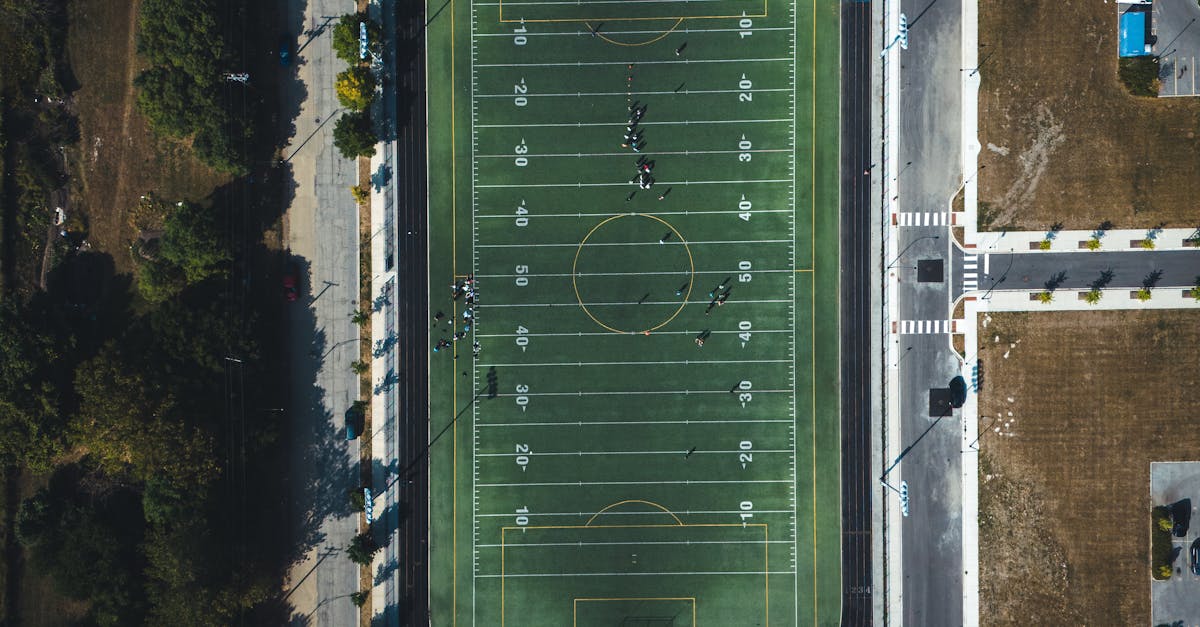
How to Replace Torn Sections of Synthetic Grass
When replacing torn sections of synthetic grass, it is essential to position the new piece accurately. Measure the area of the damaged grass carefully to ensure a tight fit. If necessary, trim the edges of the replacement piece. Lay it down in place,...
Read more →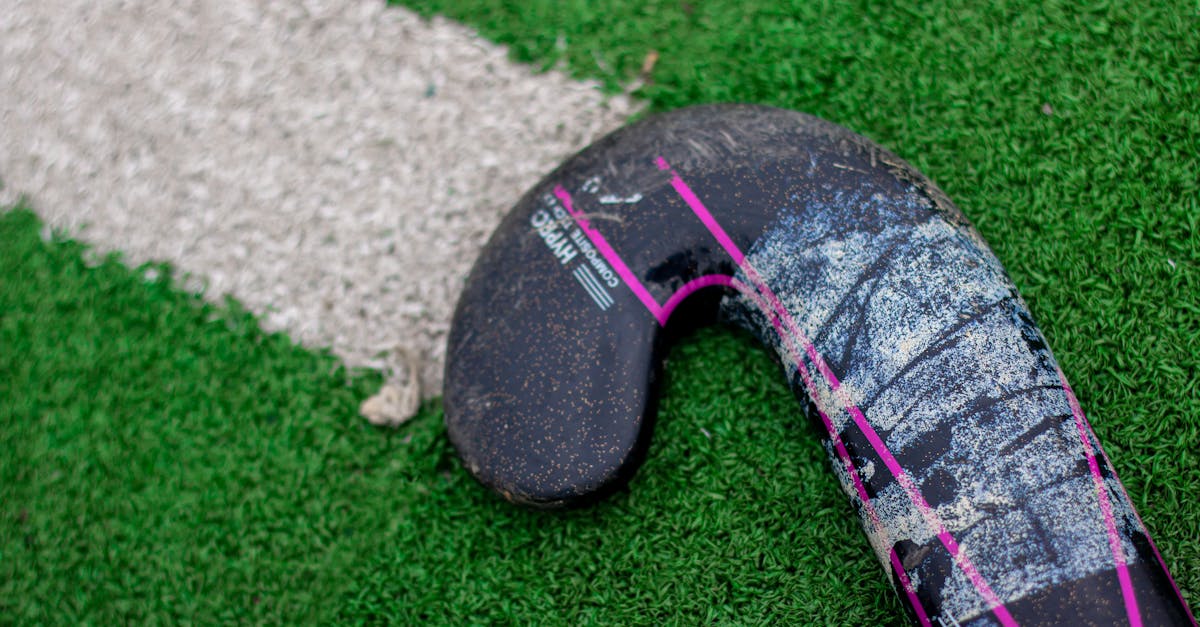
Techniques for Effectively Repairing Rips in Synthetic Turf
A turf patch is an effective method for addressing rips in synthetic grass. Selecting a patch that matches the original turf in both colour and texture is crucial for a seamless repair. Begin by cutting a piece of turf that extends at least two inche...
Read more →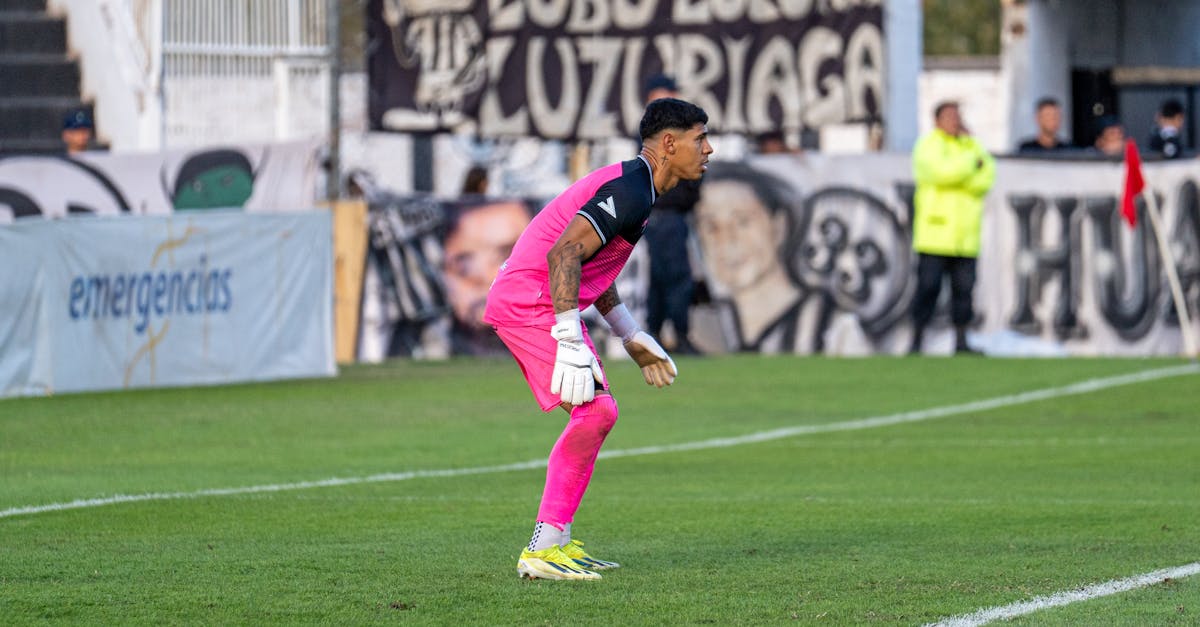
Best Practices for Fixing Uneven Synthetic Turf Surfaces
Effective drainage is crucial to maintaining the integrity of synthetic turf surfaces. Without proper drainage, water can accumulate, leading to uneven surfaces and potential damage. Accumulated water not only affects the playability of the turf, but...
Read more →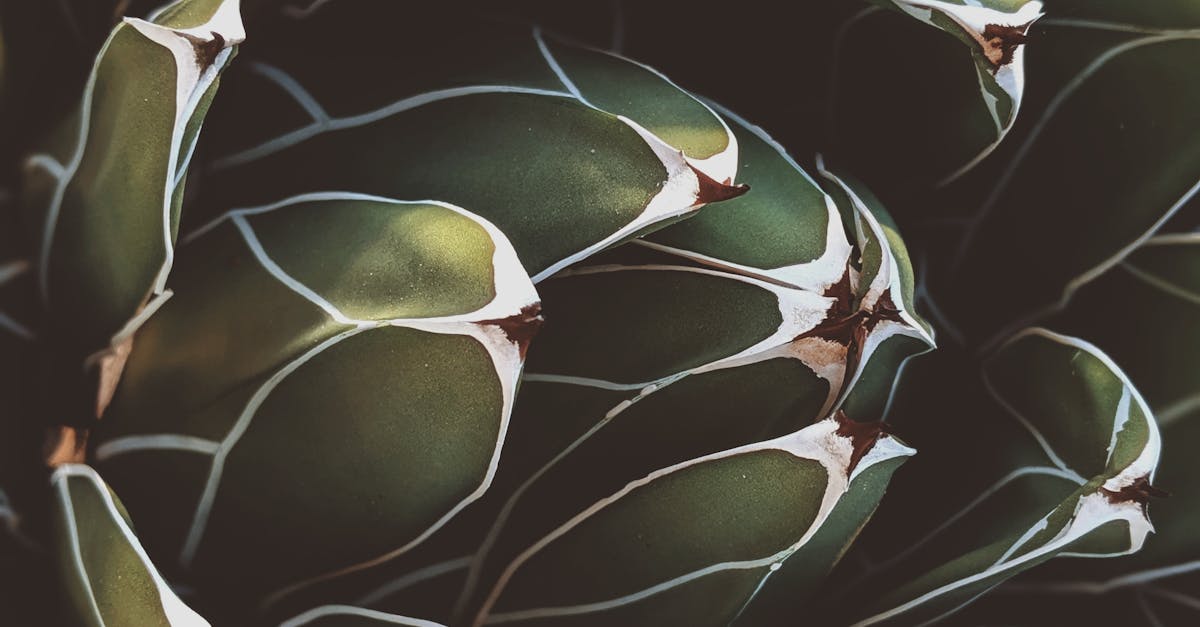
Addressing Odour Issues in Synthetic Turf Care
Choosing a professional turf care service can significantly enhance the lifespan and appearance of synthetic grass. Experts in this field possess the knowledge and equipment necessary to address various maintenance tasks. They can identify and rectif...
Read more →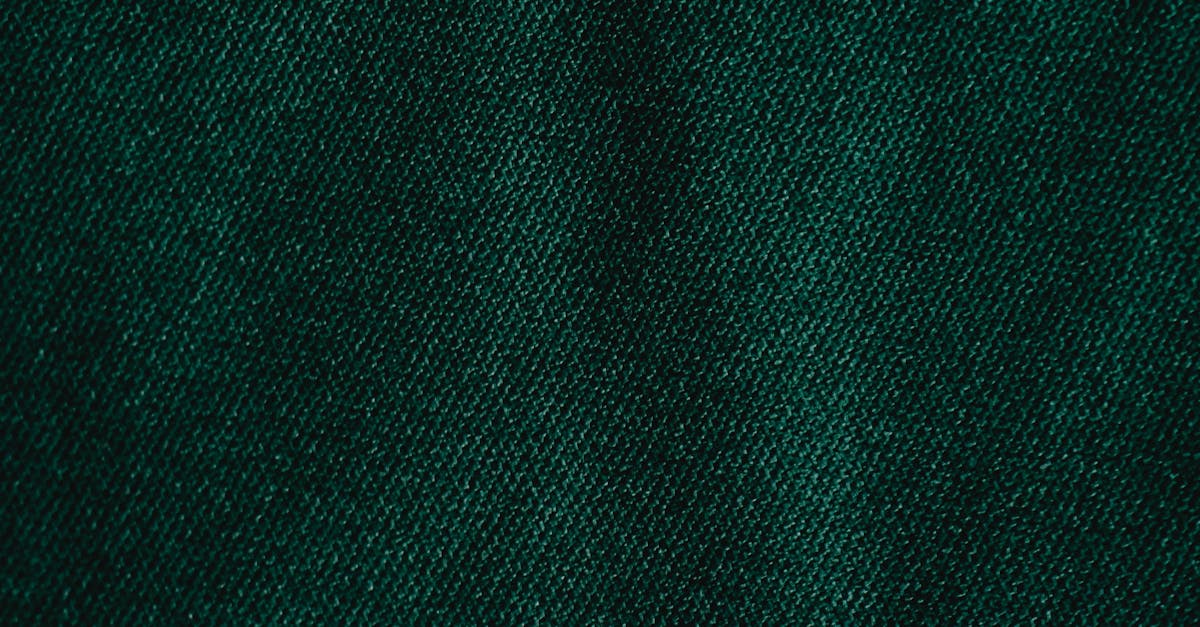
Frequency of Cleaning: How Often Should You Maintain Synthetic Turf
Pets can significantly influence the cleaning frequency and methods required for synthetic turf. Their presence introduces elements such as pet waste, fur, and mud, which can accumulate and compromise the appearance and hygiene of the grass. In house...
Read more →
Preventing Algae Buildup on Synthetic Turf
Selecting the appropriate synthetic turf is crucial for ensuring longevity and maintaining aesthetic appeal. Factors such as intended use, location, and climate should influence your choice. Different turf types offer varying levels of durability and...
Read more →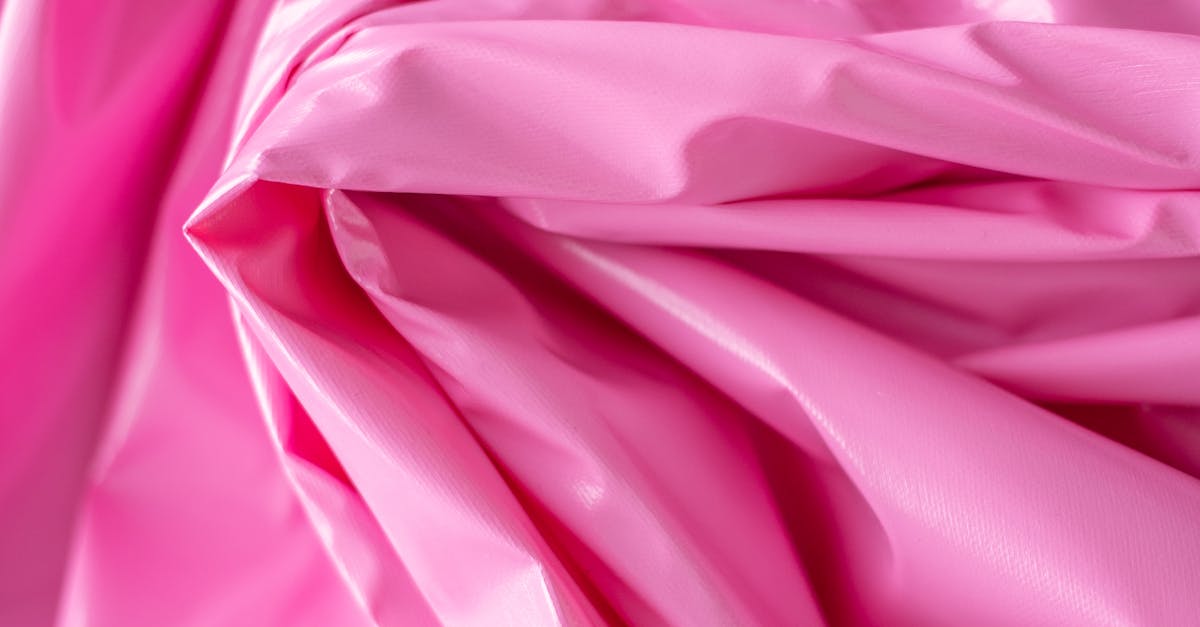
Best Practices for Deep Cleaning Synthetic Grass
A thorough rinse is essential to remove dirt, debris, and pet waste from synthetic grass. Using a hose equipped with a nozzle allows for directed water flow, which helps clean specific areas effectively. It is advisable to rinse the grass thoroughly,...
Read more →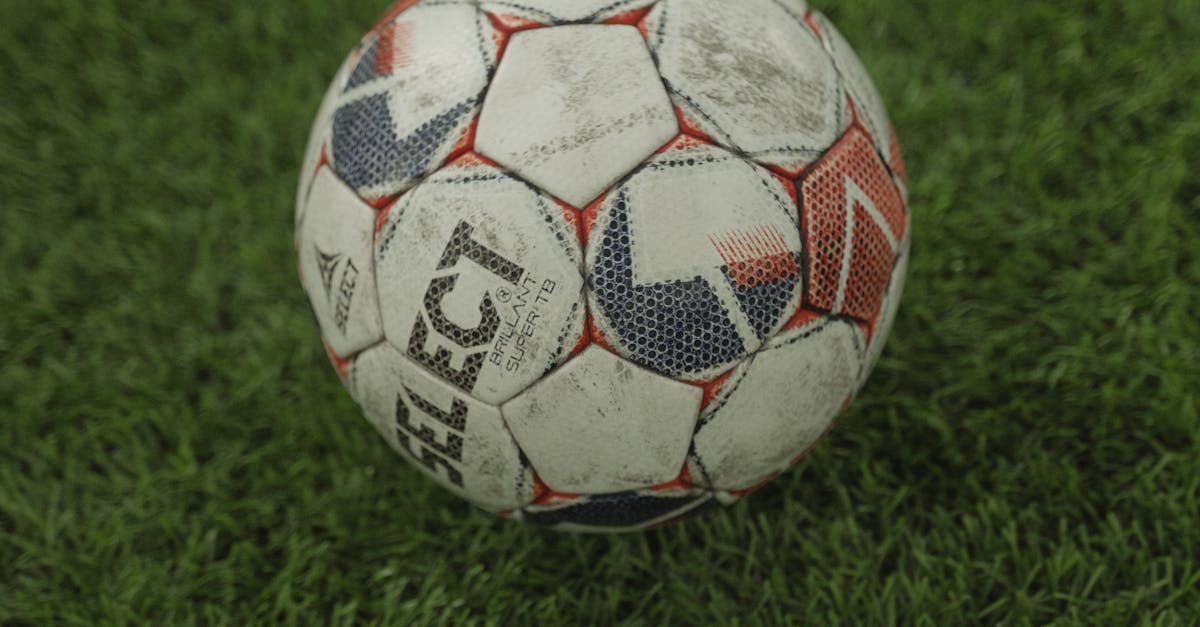
Eco-Friendly Cleaning Methods for Synthetic Grass
Selecting appropriate tools is essential for maintaining synthetic grass effectively. Soft-bristle brooms or rakes are ideal for removing debris, allowing for thorough cleaning without damaging the turf. Meanwhile, a leaf blower can swiftly clear lea...
Read more →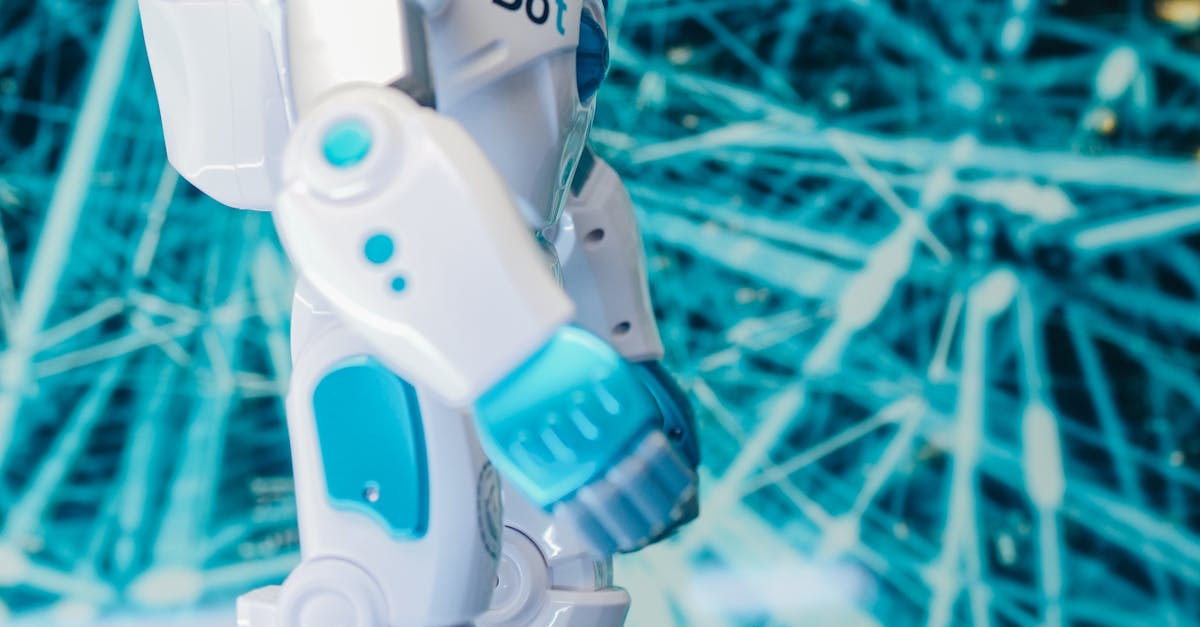
How to Handle Stains on Synthetic Turf Surfaces
Synthetic turf is designed for durability, but taking proactive steps can significantly reduce the likelihood of stains. Implementing a regular maintenance schedule ensures that debris and organic matter are promptly removed. This not only keeps your...
Read more →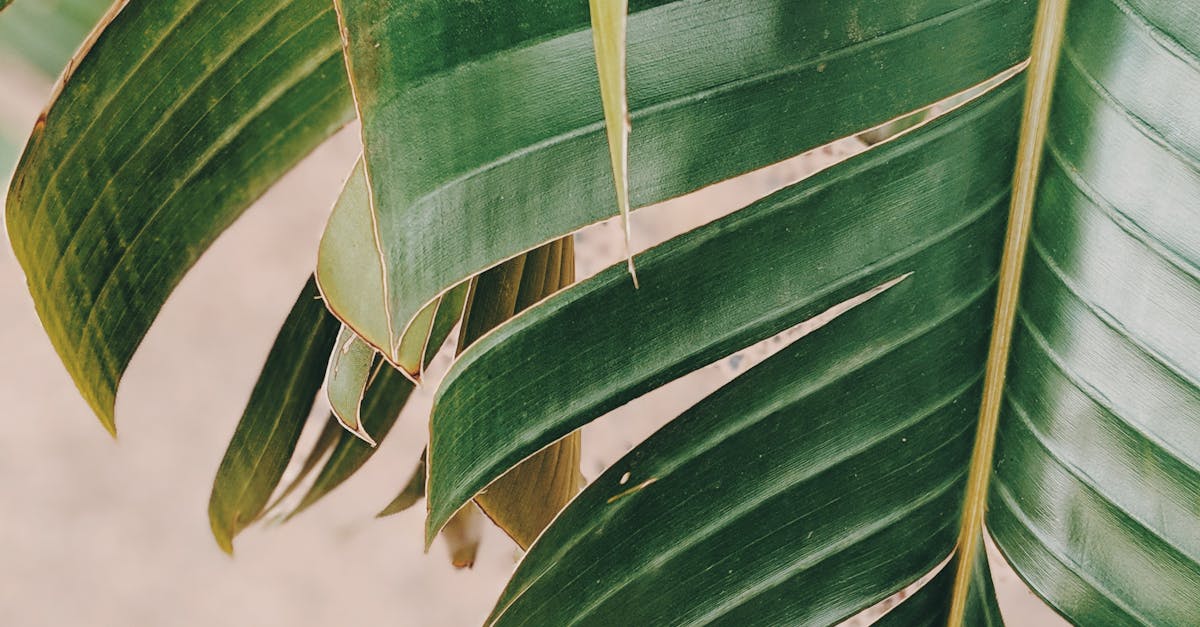
Tips for Removing Debris from Synthetic Grass
Regular maintenance of synthetic grass involves addressing small debris such as twigs that can accumulate over time. A simple yet effective way to manage this is through manual collection. Using a hand-held rake or a stiff-bristled broom allows for e...
Read more →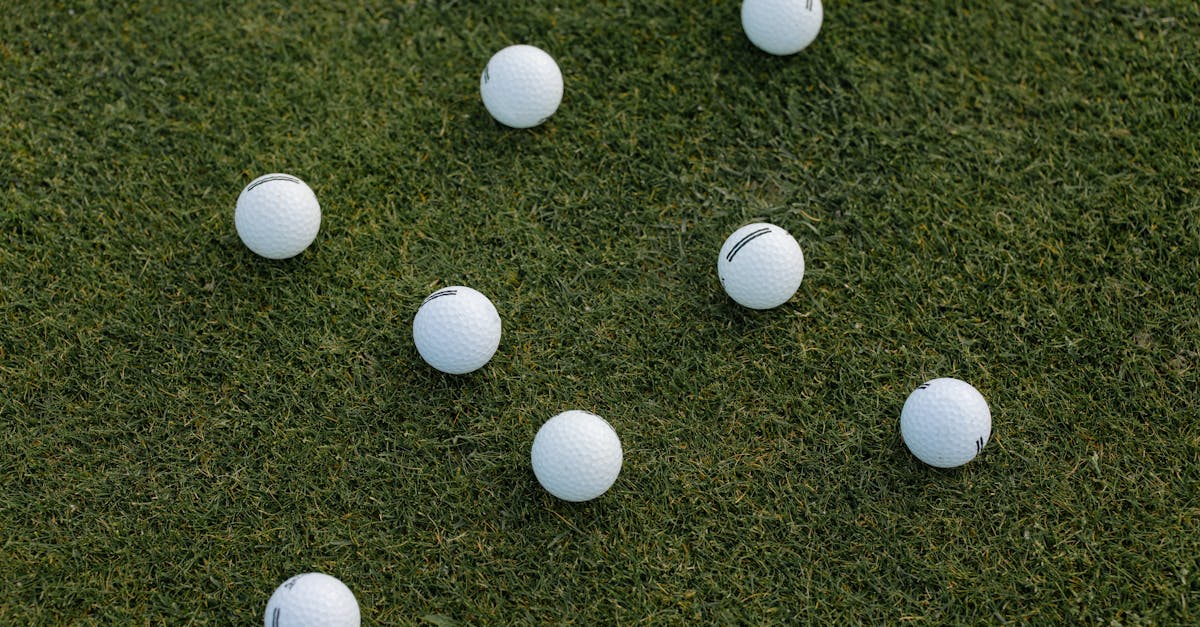
The Importance of Regular Rinsing for Turf Longevity
Understanding the seasonal changes in climate is essential for effective turf maintenance. Different times of the year bring varying weather conditions that can influence how often and how much rinsing is needed. During hotter months, increased tempe...
Read more →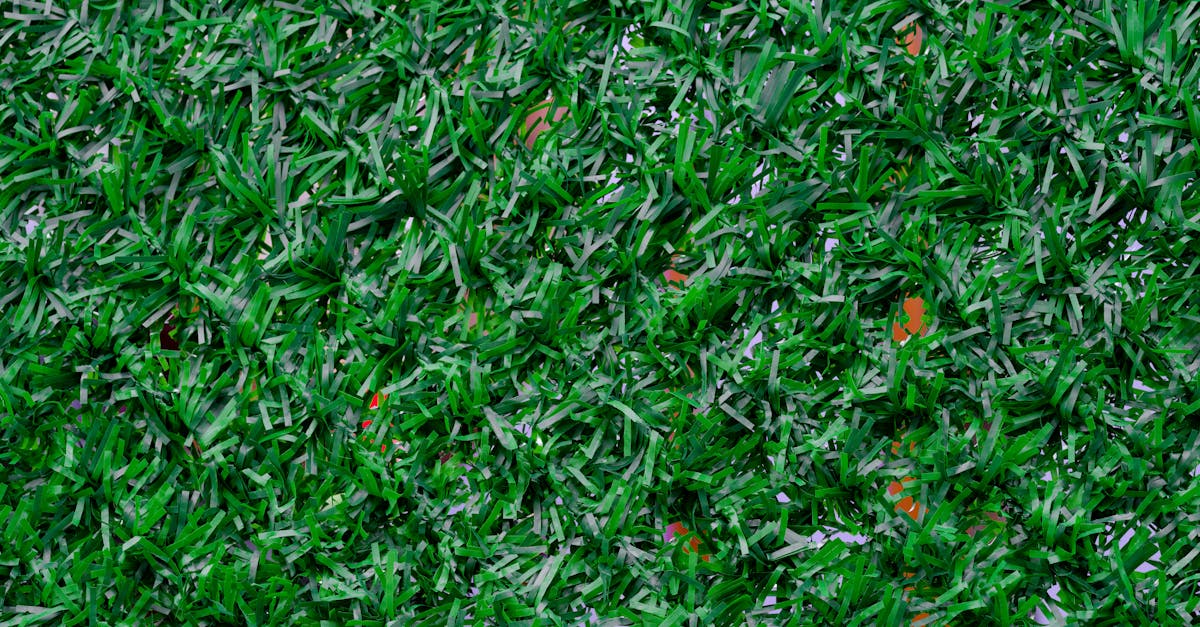
Using the Right Cleaning Solutions for Turf Maintenance
Different seasons bring unique challenges to turf maintenance, influencing the types of cleaning solutions required. In spring, as growth accelerates, organic debris like leaves and grass clippings accumulate. This creates a need for more frequent cl...
Read more →
Implementing Reseeding Techniques for Enhanced Turf Longevity
Effective turf management often requires the implementation of various reseeding methods to improve overall health and appearance. Over-seeding is one widely used technique, where new seeds are broadcasted over existing grass areas. This method works...
Read more →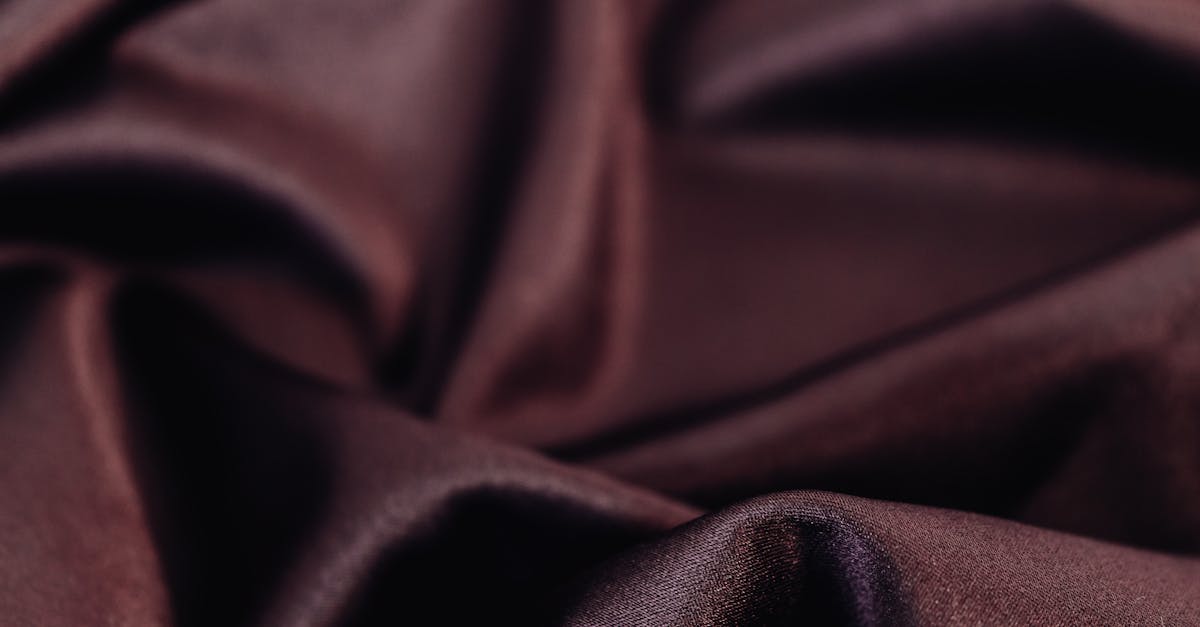
Effective Vacuuming Techniques for Synthetic Turf
One common mistake is failing to check the vacuum settings before use. Incorrect settings can lead to ineffective cleaning and potential damage to the turf. If the vacuum is set too high, it may not pick up debris efficiently. Conversely, setting it ...
Read more →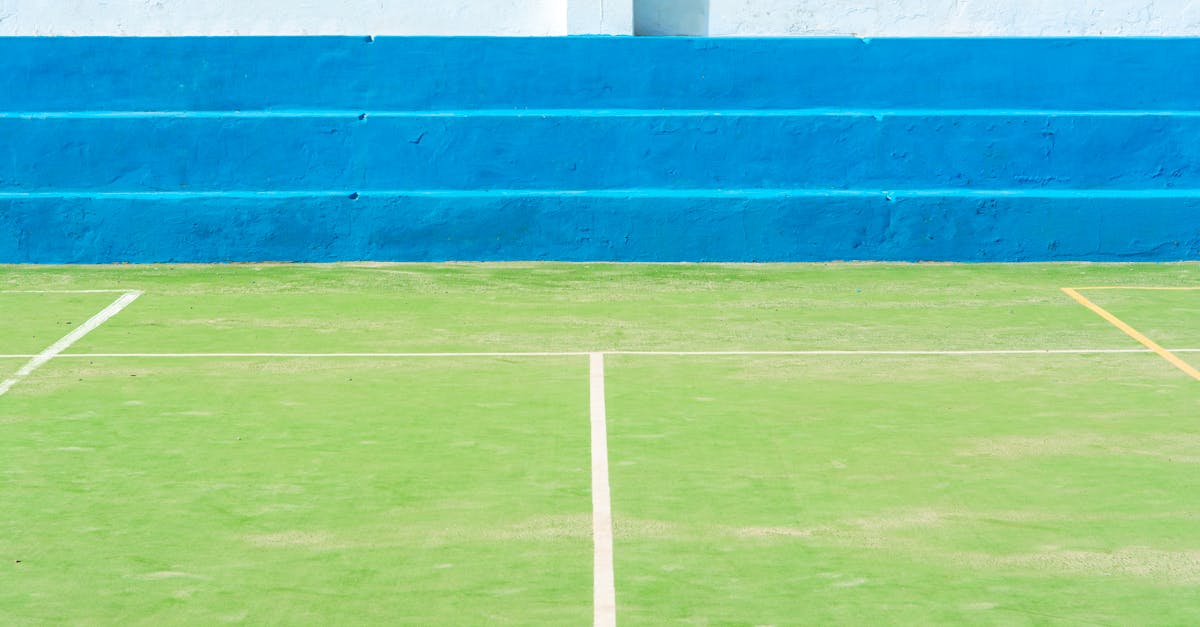
Verifying Alignment and Levelness Before Installation Wrap-Up
Site conditions play a vital role in the success of any installation project. Factors such as the specific terrain, existing structures, and environmental influences should be thoroughly assessed before any work begins. Evaluating these conditions he...
Read more →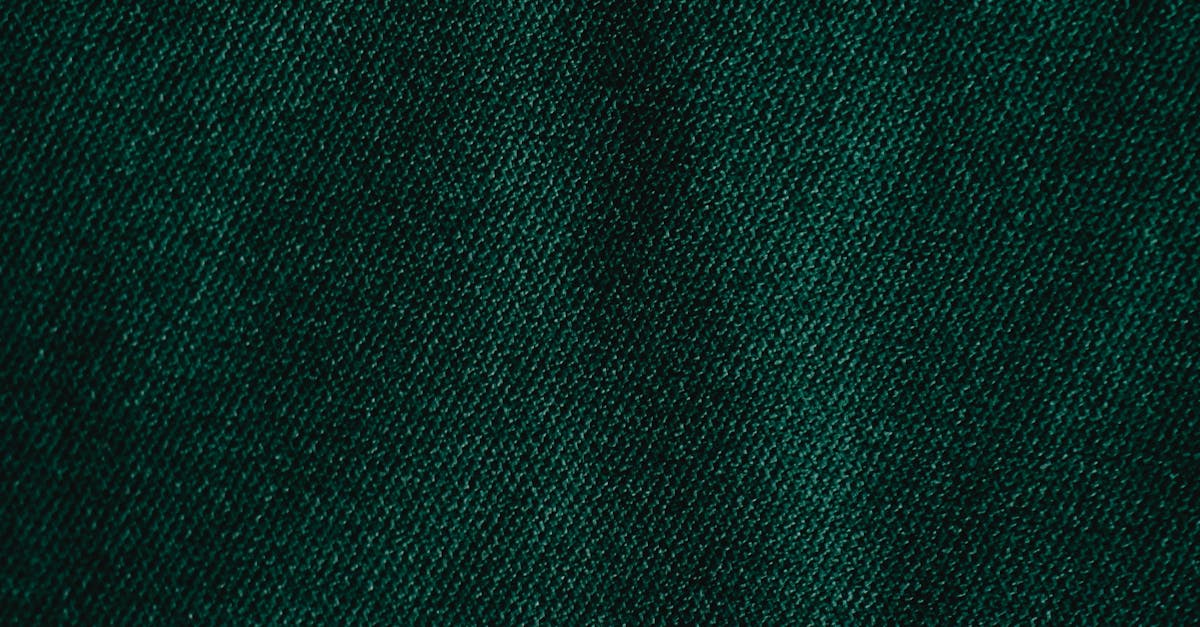
Key Factors in Quality Control for Synthetic Turf Jobs
Quality assurance testing methods are essential in ensuring that synthetic turf products meet industry standards and specifications. Various tests evaluate factors such as shock absorption, drainage capacity, and material durability. Performance asse...
Read more →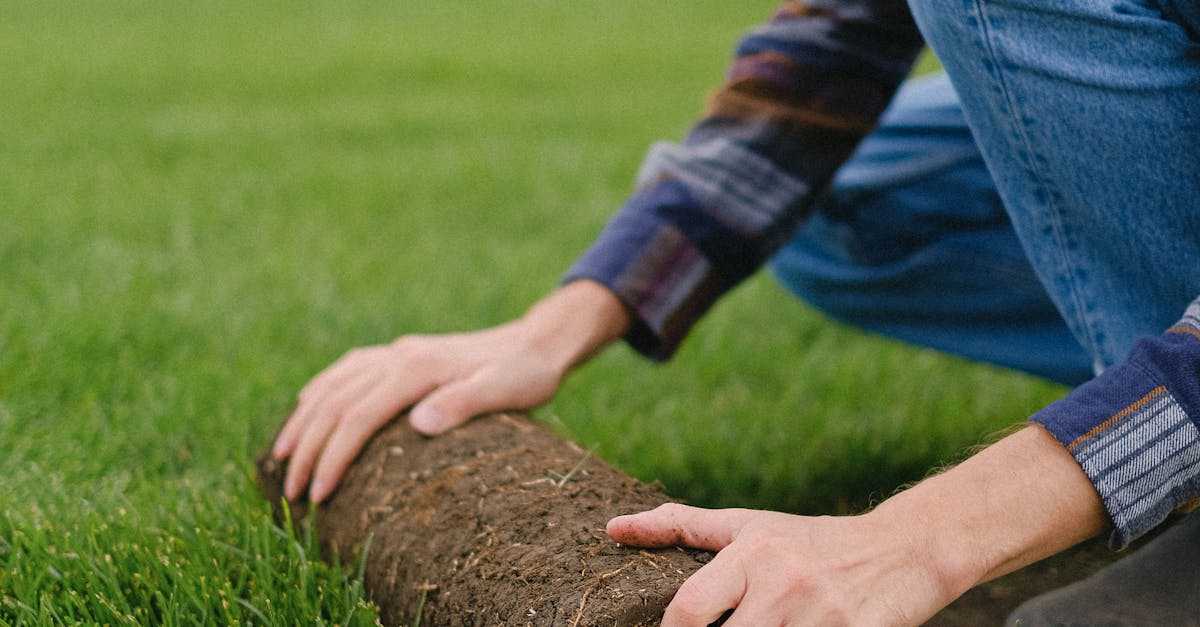
Finalising Drainage Adjustments in Synthetic Turf Installations
Effective drainage is crucial for maintaining the longevity and performance of synthetic turf installations. One of the most common issues encountered is pooling water, often resulting from inadequate slope or blocked drainage channels. To address th...
Read more →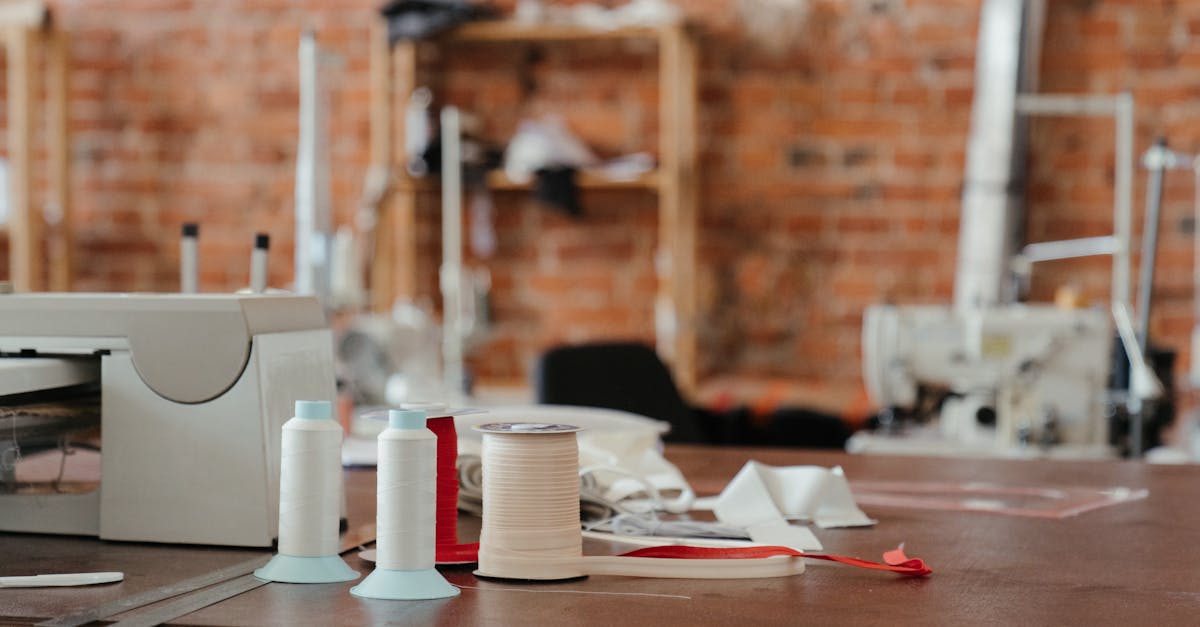
Assessing Colour Consistency Across the Synthetic Turf Area
Preserving the vibrant colour of synthetic turf requires regular maintenance to prevent fading. A thorough cleaning schedule can remove debris, dirt and organic matter that may dull the surface. Using a soft-bristled broom or a vacuum specifically de...
Read more →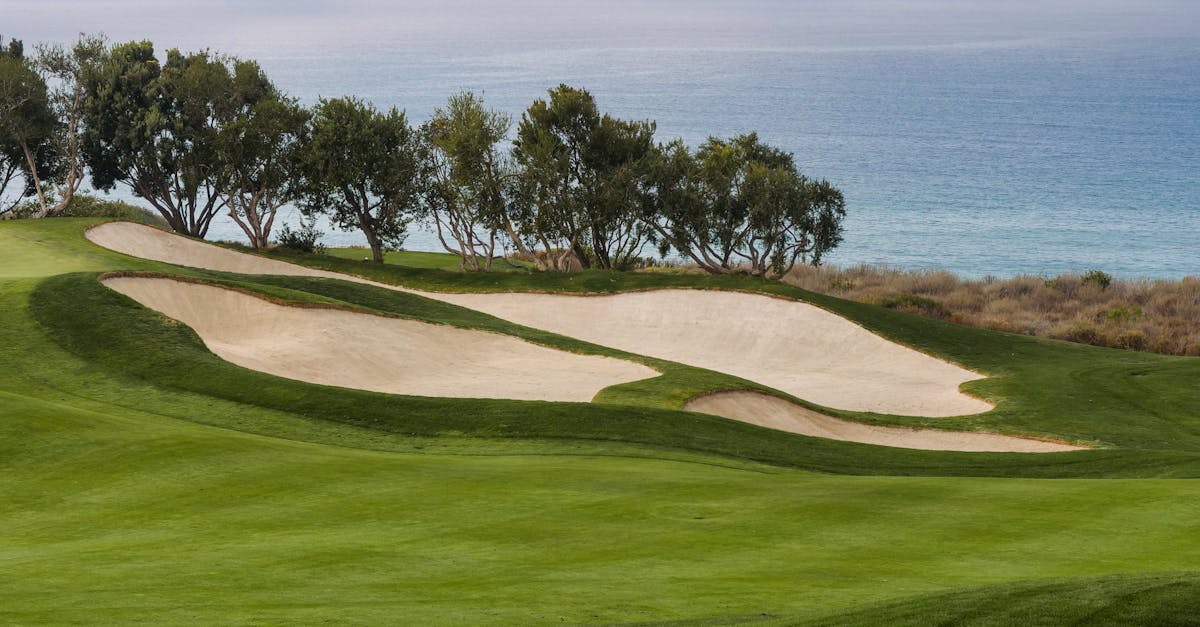
Conducting a Foot Traffic Test on Newly Installed Turf
Foot traffic tests require careful documentation to ensure reliable results. Accurate records provide valuable insights into how the turf responds to various levels of activity. Noting the specific times, weather conditions, and the number of people ...
Read more →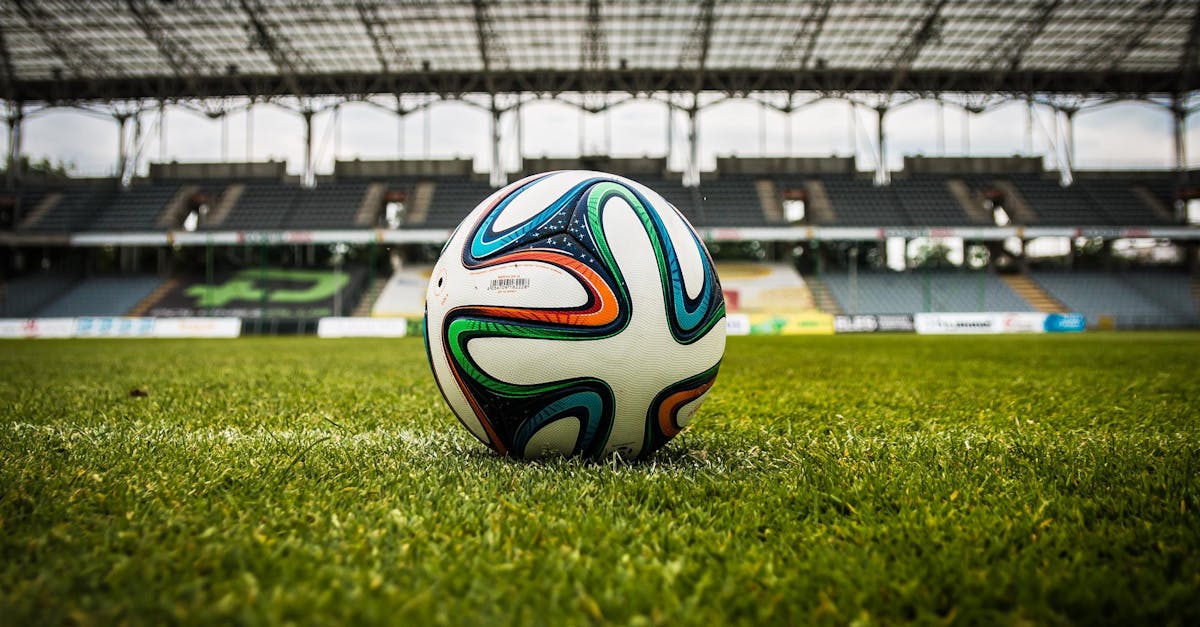
Effective Methods for Securing Turf Edges Before Completion
Preparation of the ground is essential to ensure a successful turf installation. Start by clearing the area of any debris, rocks, or old vegetation that could hinder growth. It is advisable to use a spade or hoe to turn the soil and ensure it is aera...
Read more →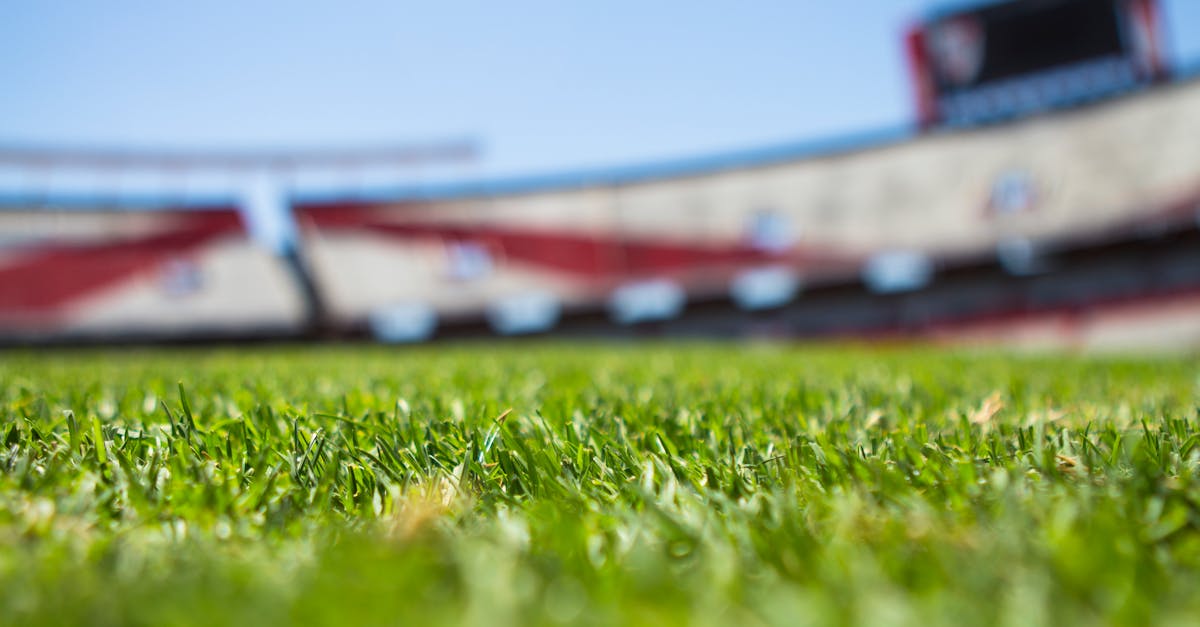
Evaluating Turf Density and Pile Height in Final Checks
Inconsistent turf density can be a significant issue, often resulting from improper installation or inadequate maintenance practices. Areas may appear patchy due to uneven spread of materials during laying or insufficient watering, which hampers root...
Read more →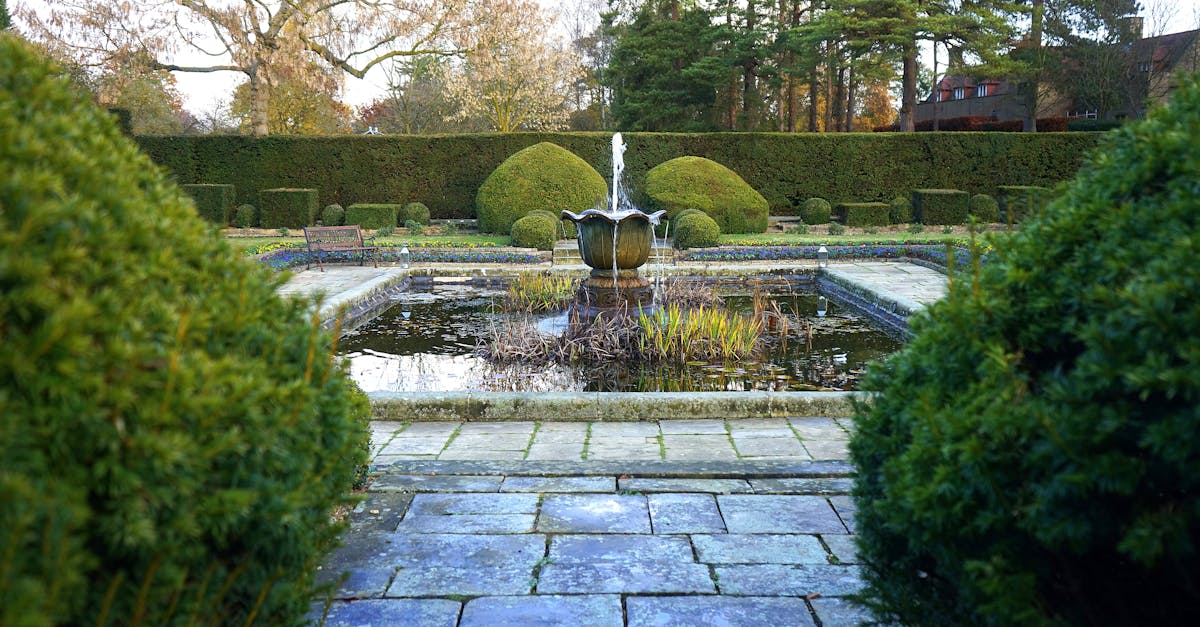
Visual Inspection Techniques for Synthetic Turf Installations
Ensuring safety during synthetic turf installations involves adhering to comprehensive standards set by regulatory bodies. These regulations cover various factors including material quality, installation practices and environmental considerations. Co...
Read more →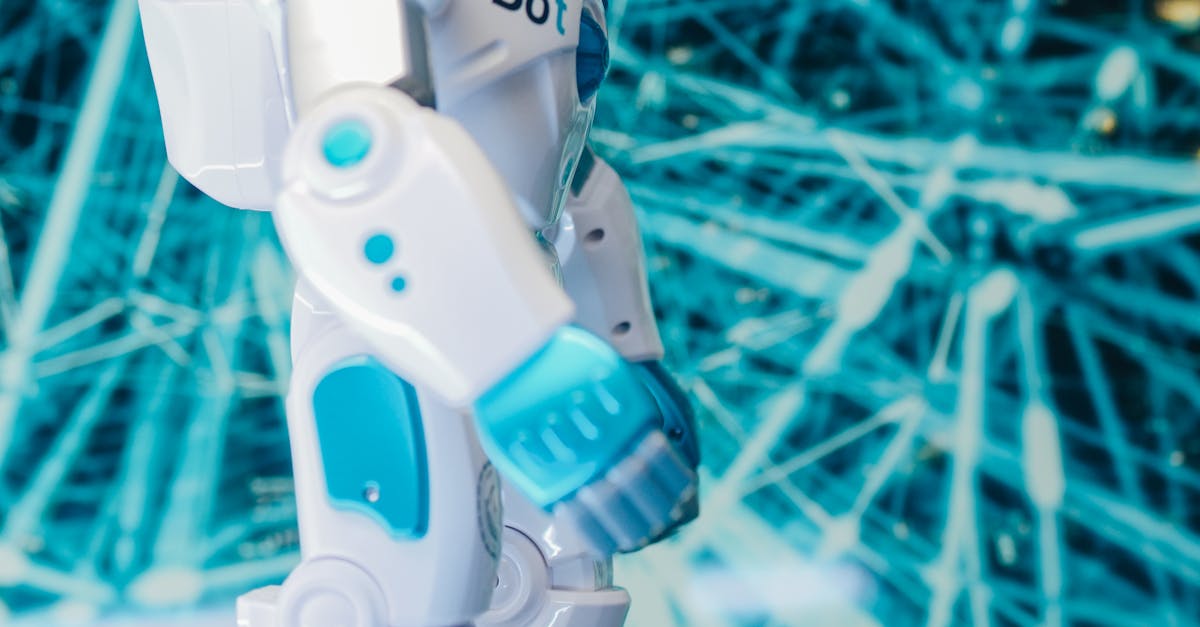
Ensuring Seamless Transitions in Synthetic Turf Projects
Regular maintenance plays a vital role in extending the lifespan of synthetic turf. Routine tasks include brushing the turf surface to maintain the fibres' upright position and ensure an even, natural appearance. Removing debris such as leaves and di...
Read more →
Understanding Different Types of Adhesives for Turf Installation
Hot melt adhesives are thermoplastic materials that bond surfaces upon cooling. These adhesives come in solid form and require heat for application. Once melted and applied, they quickly adhere to the turf and subfloor, creating a strong bond. Their ...
Read more →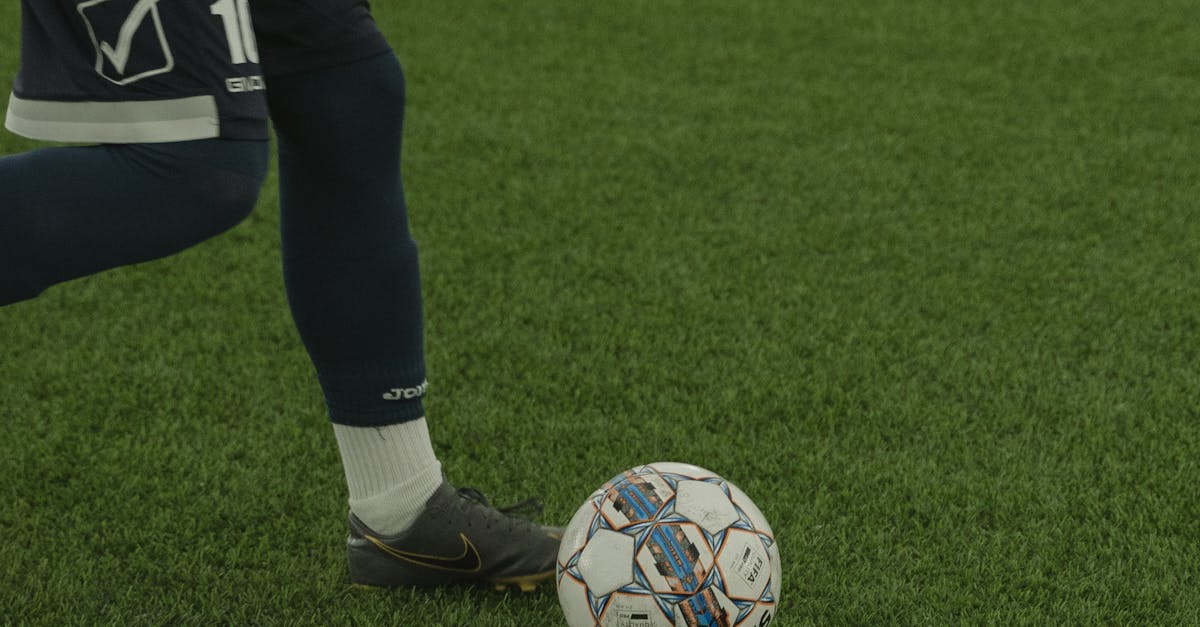
Tools Required for Seam and Adhesive Applications
For any seam or adhesive application, the selection of appropriate clamps and fastening devices is crucial. These tools ensure that workpieces are held securely in place during the bonding or welding process. A variety of clamps are available, rangin...
Read more →
Environmental Considerations in Adhesive Selection
The life cycle assessment (LCA) of adhesives examines the environmental impacts at every stage, from raw material extraction to disposal. This systematic process involves evaluating energy consumption, greenhouse gas emissions, and resource depletion...
Read more →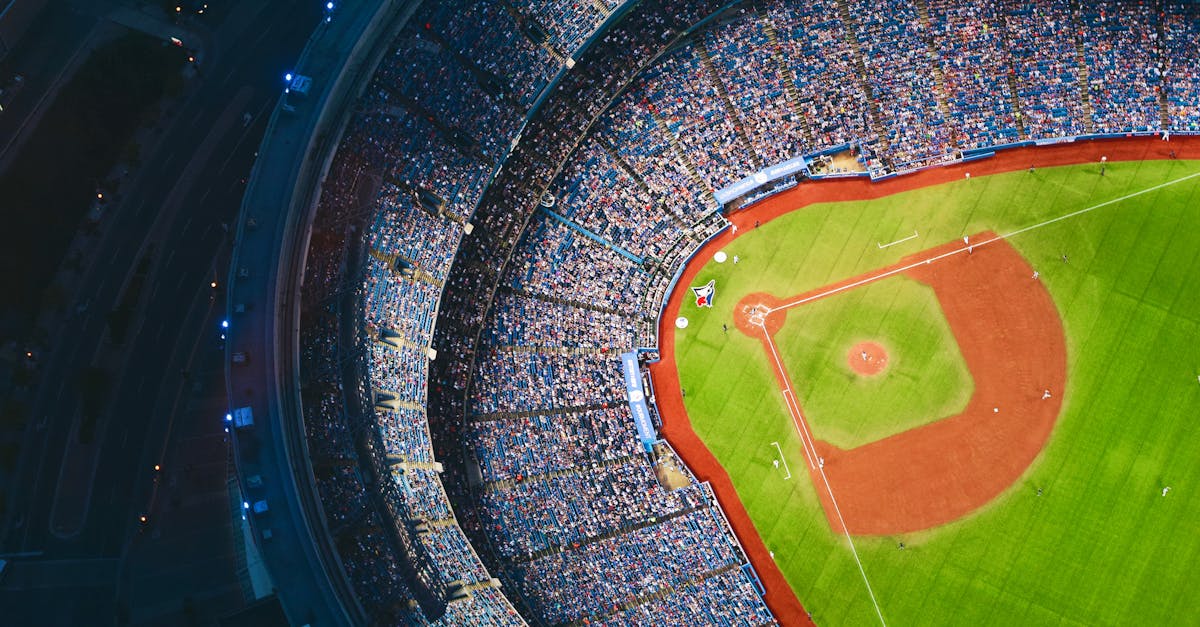
Innovative Seam Techniques for Enhanced Turf Performance
In various sporting venues across Australia, innovative seam techniques have demonstrated a substantial impact on turf performance. One notable example is the implementation of reinforced seams at a major cricket ground. The introduction of synthetic...
Read more →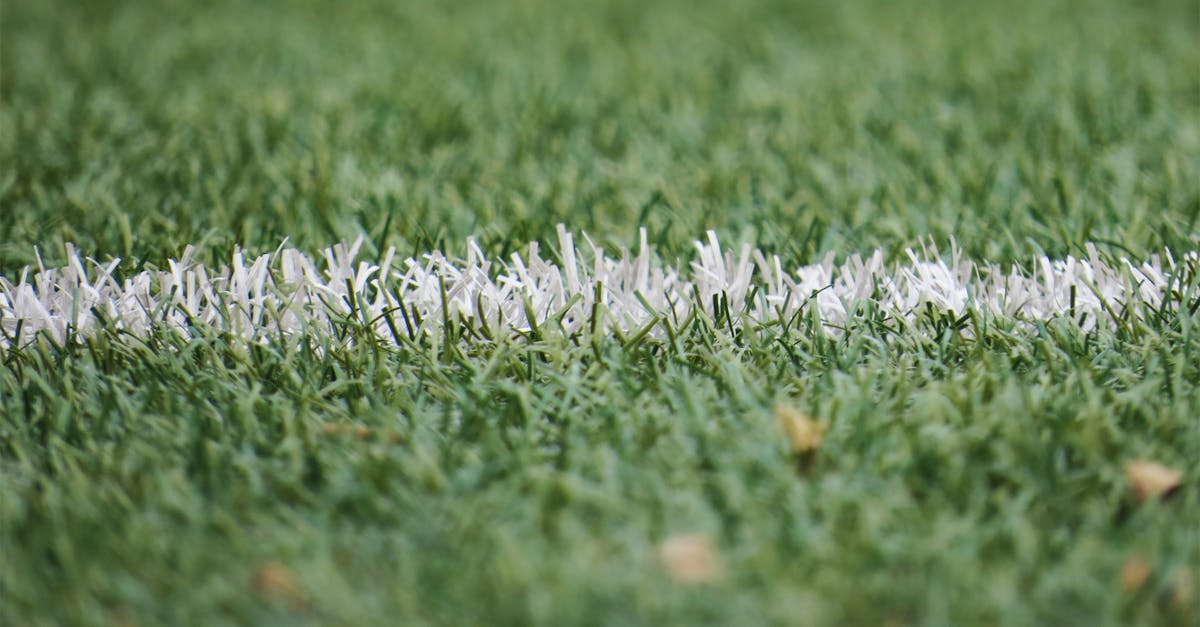
The Importance of Proper Adhesive Curing Times
Properly cured adhesives exhibit specific visual and tactile characteristics that can be easily identified. A well-cured adhesive typically maintains a consistent colour throughout. Any uneven discolouration may indicate incomplete curing. The textur...
Read more →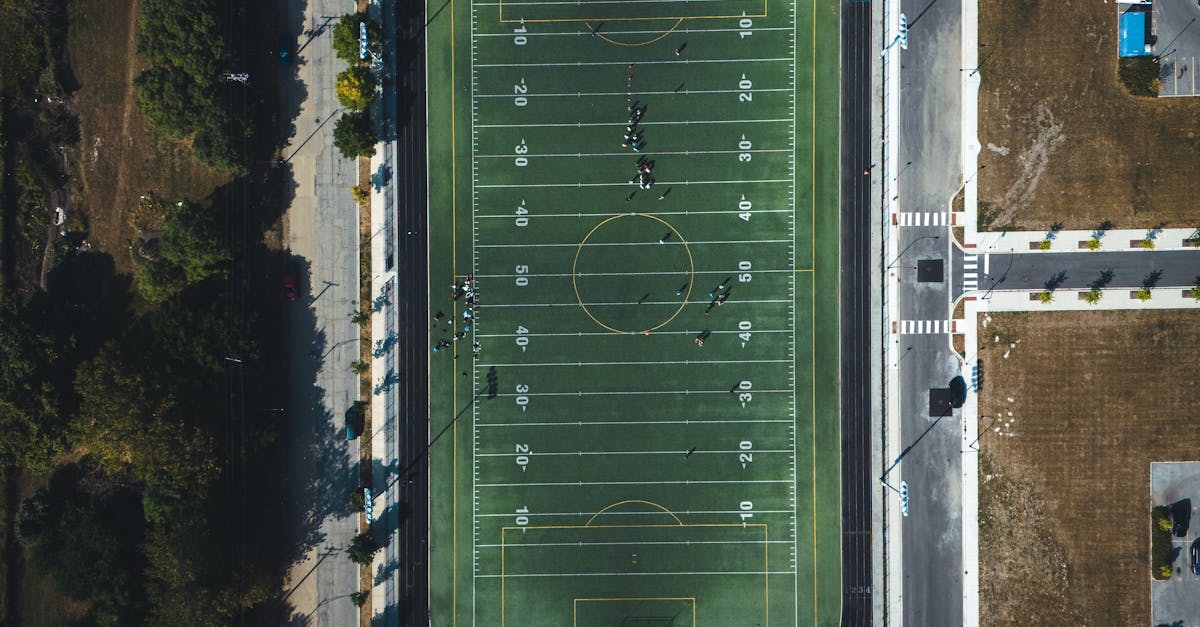
Effective Methods for Joining Synthetic Turf Sections
Sewing offers a reliable method for joining synthetic turf sections, creating a strong and durable seam. This technique involves stitching the edges of the turf together, providing a secure connection that withstands frequent use and variable weather...
Read more →
Troubleshooting Common Seaming Issues in Synthetic Turf
Dealing with seam repairs in synthetic turf requires a careful approach to ensure a durable fix. One common technique involves using adhesive specifically designed for synthetic materials. After thoroughly cleaning the seam area and ensuring the turf...
Read more →
Choosing the Right Adhesive for Brisbane's Climate
When selecting adhesives for indoor use, it is essential to consider the types of projects and materials involved. PVA (polyvinyl acetate) glue is often a go-to for crafts and woodworking due to its non-toxic nature and strong bonding capabilities wi...
Read more →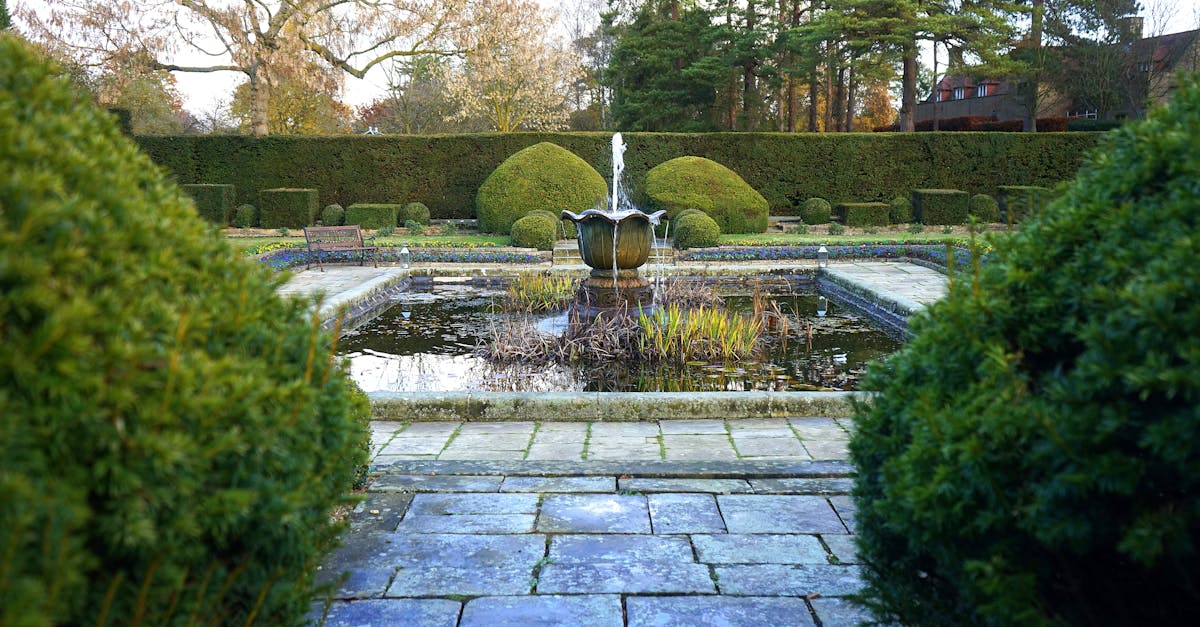
Techniques for Seam Construction in Synthetic Turf
Adhesive bonding is a popular method for joining seams in synthetic turf projects. This technique provides a versatile option that can accommodate various types of turf materials, ensuring a smooth and seamless appearance. Proper surface preparation ...
Read more →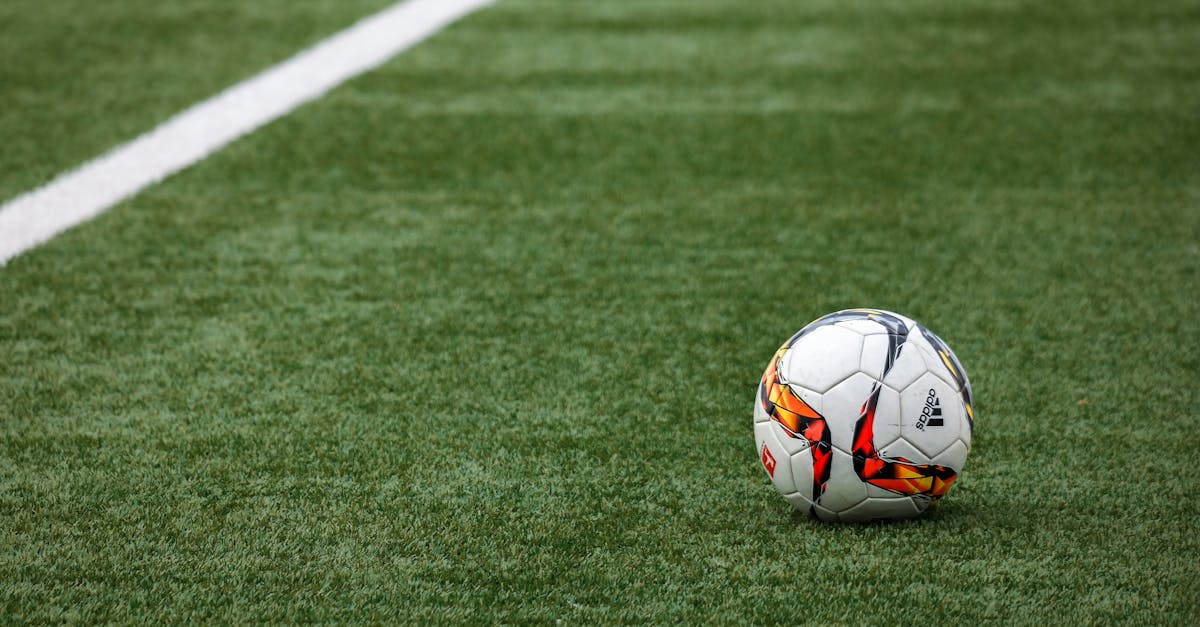
Best Practices for Adhesive Application in Synthetic Turf Installation
Curing times for adhesives used in synthetic turf installation are critical to the overall success of the project. Many manufacturers provide specific guidelines indicating the optimal curing duration, which can vary based on the type of adhesive and...
Read more →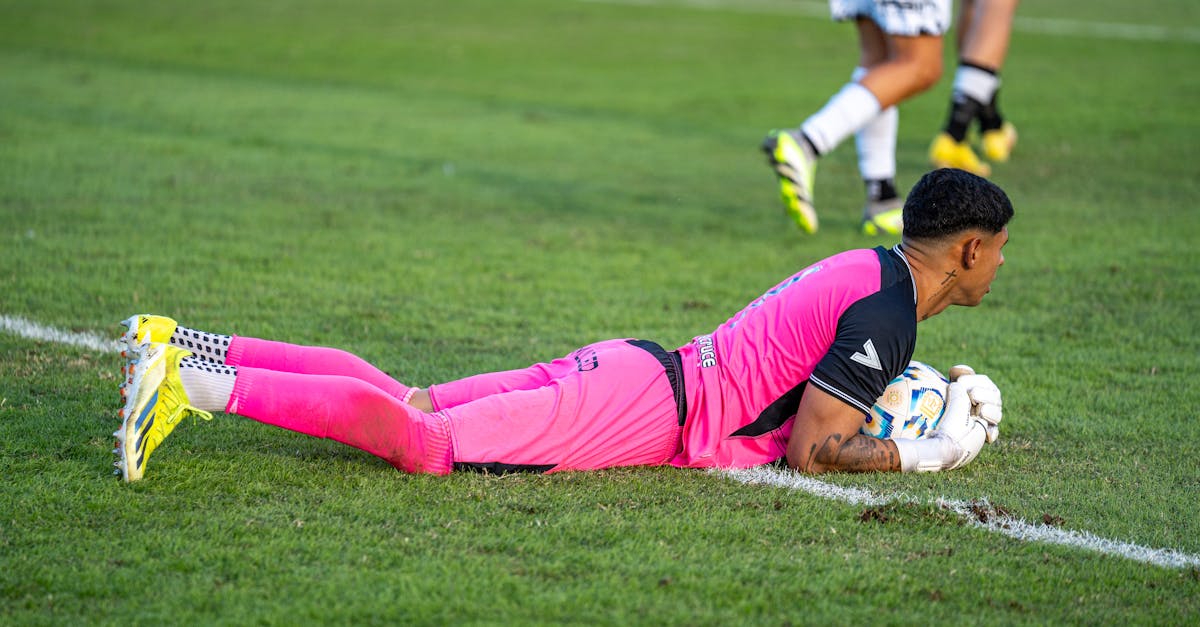
Preparing the Site for Optimal Base Compaction Techniques
Various compaction methods exist, each tailored to specific soil conditions and project requirements. Static compaction employs the weight of heavy machinery to compress the soil without additional forces. This approach is often used for granular mat...
Read more →
Understanding the Role of Permeable Layers in Synthetic Turf Systems
The lifespan of synthetic turf systems significantly benefits from the integration of permeable layers. These layers facilitate effective drainage, preventing water accumulation that can lead to the deterioration of the turf base. Enhanced drainage a...
Read more →
Innovative Solutions for Drainage Challenges in Synthetic Turf
Incorporating natural elements into synthetic turf systems can significantly enhance drainage efficiency. Native plants and organic materials not only improve aesthetics but also assist in water management. These elements can foster a more sustainabl...
Read more →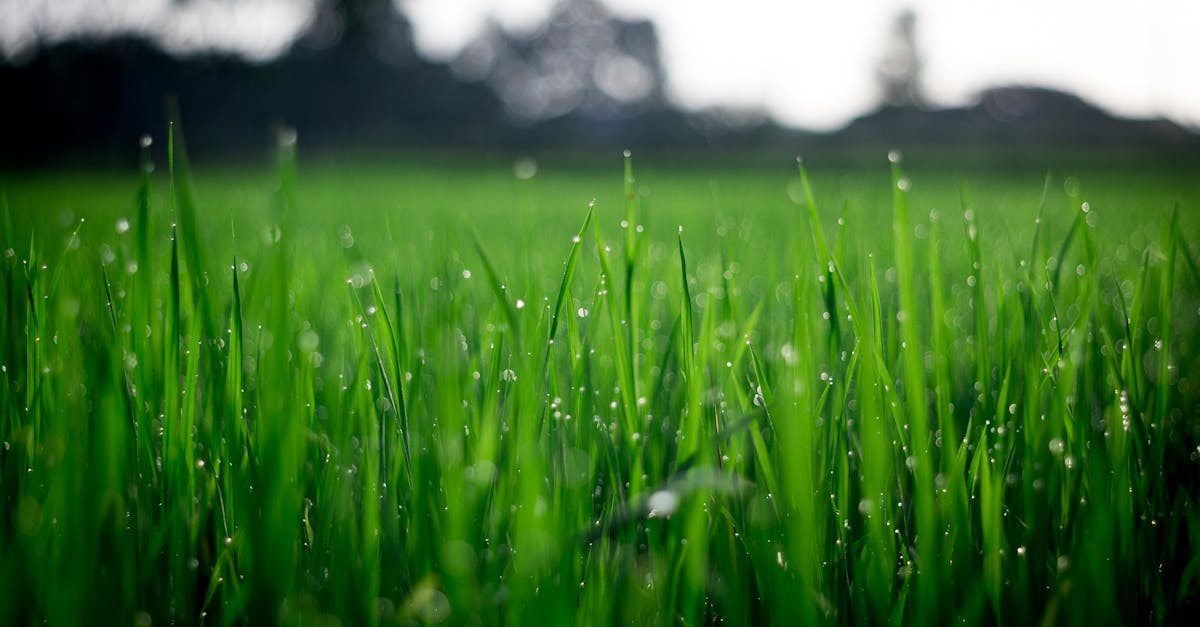
Evaluating Drainage Needs Based on Turf Usage Scenarios
Homeowners have various options to address drainage issues in residential lawns. Swales, which are shallow ditches lined with grass, can effectively redirect water away from problem areas. Another common solution includes the installation of French d...
Read more →
Common Mistakes in Drainage Installation for Synthetic Turf
A properly installed base layer is crucial for the longevity and performance of synthetic turf. Without this foundation, the surface may not drain effectively, leading to puddles and water pooling in areas. This situation not only compromises the aes...
Read more →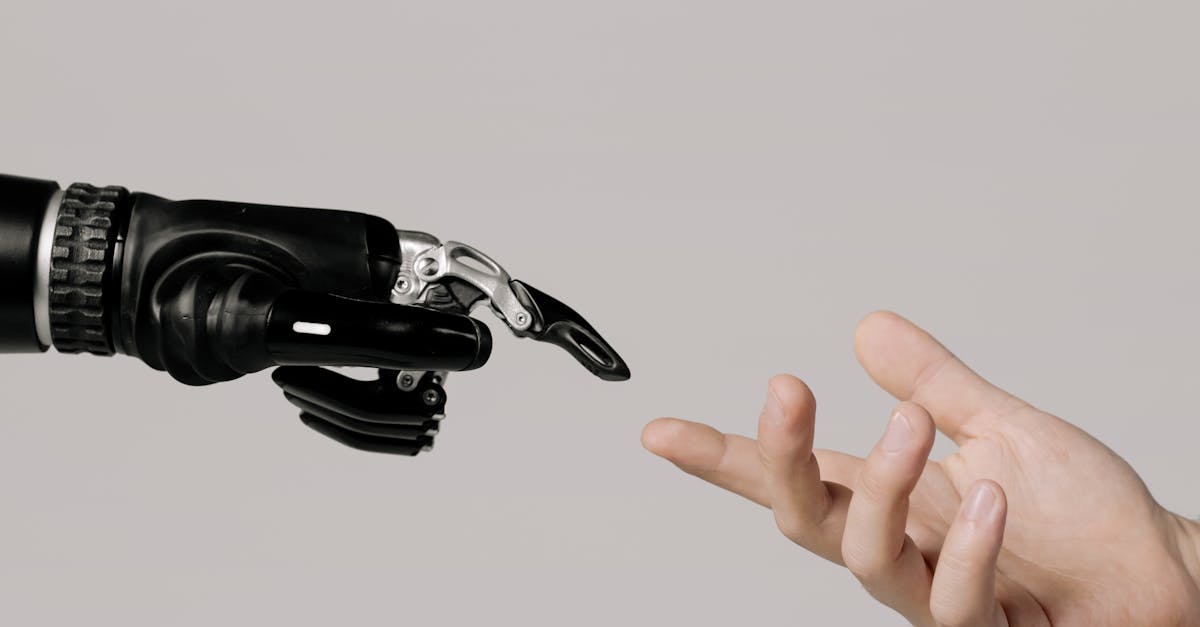
Steps to Ensure Level Ground for Synthetic Turf Drainage Systems
Establishing your field's boundaries is crucial for creating an effective drainage plan. Start by marking the corners and key points where the synthetic turf will be laid. Use brightly coloured flags or temporary markers to ensure visibility. This in...
Read more →
Assessing Soil Conditions Before Synthetic Turf Base Installation
Compacted soil poses significant challenges during the installation of synthetic turf. High levels of compaction can occur from a range of factors, including heavy machinery, foot traffic, and natural settling over time. This condition leads to reduc...
Read more →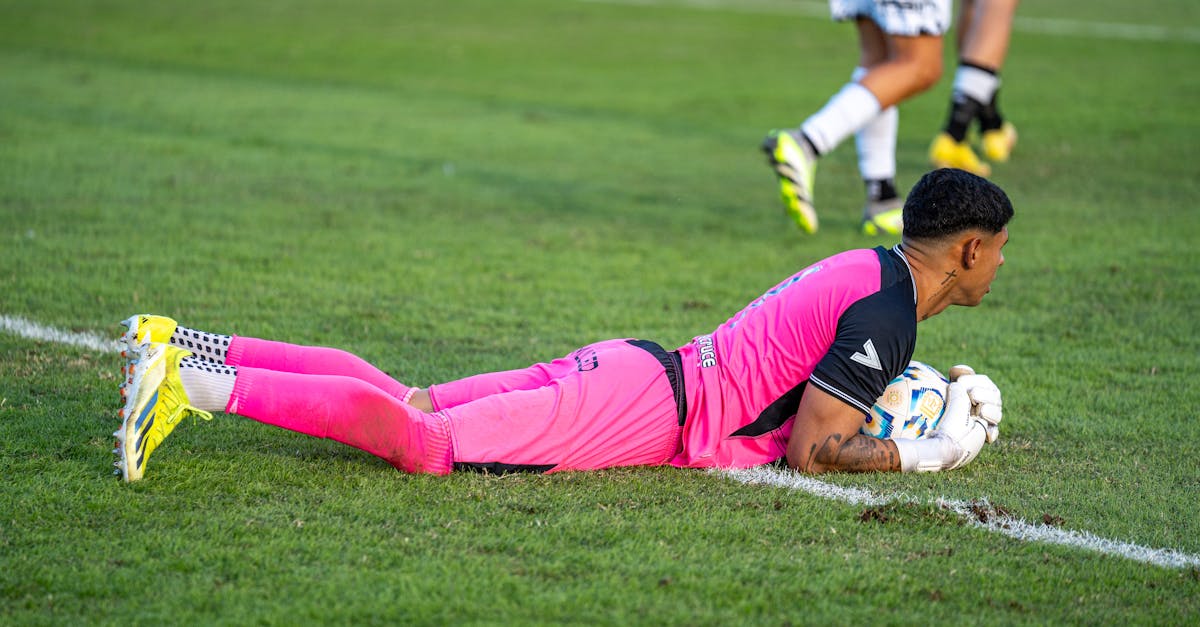
Techniques for Effective Drainage Layer Installation
Effective integration of drainage layers with other systems can significantly enhance the performance of water management strategies. Understanding how these layers interact with other site elements is crucial. For instance, linking drainage systems ...
Read more →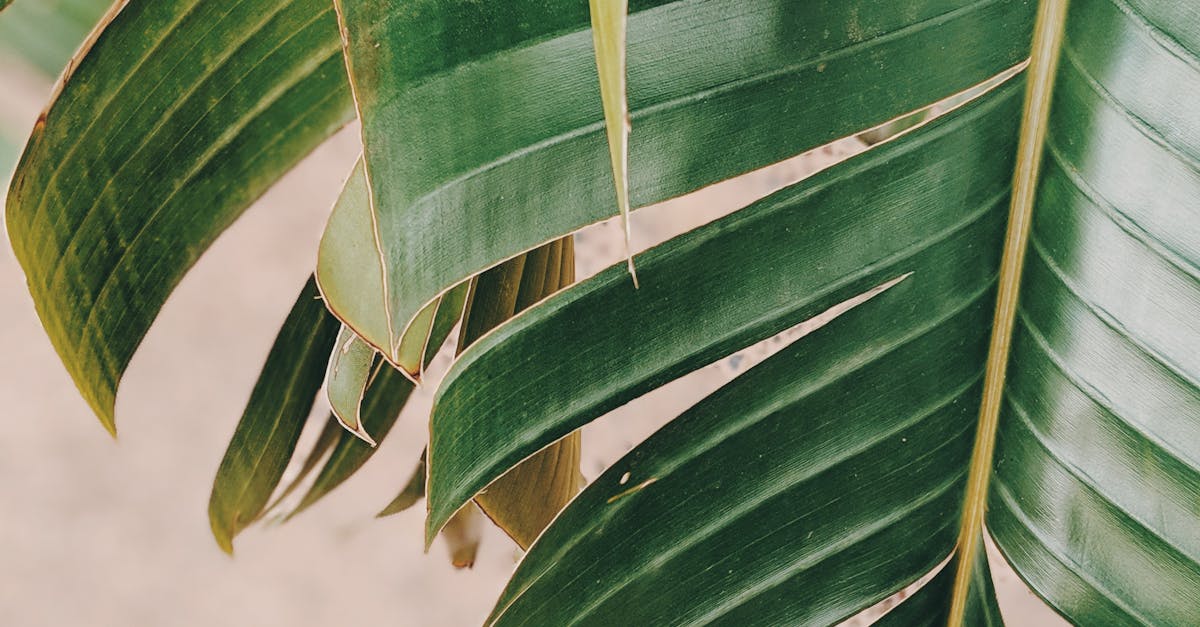
Choosing the Right Base Materials for Synthetic Turf in Brisbane
When selecting base materials for synthetic turf, cost is a significant factor that can influence overall project budgets. Various options exist, each with its own price point. Crushed rock and gravel, commonly hailed for their drainage capabilities,...
Read more →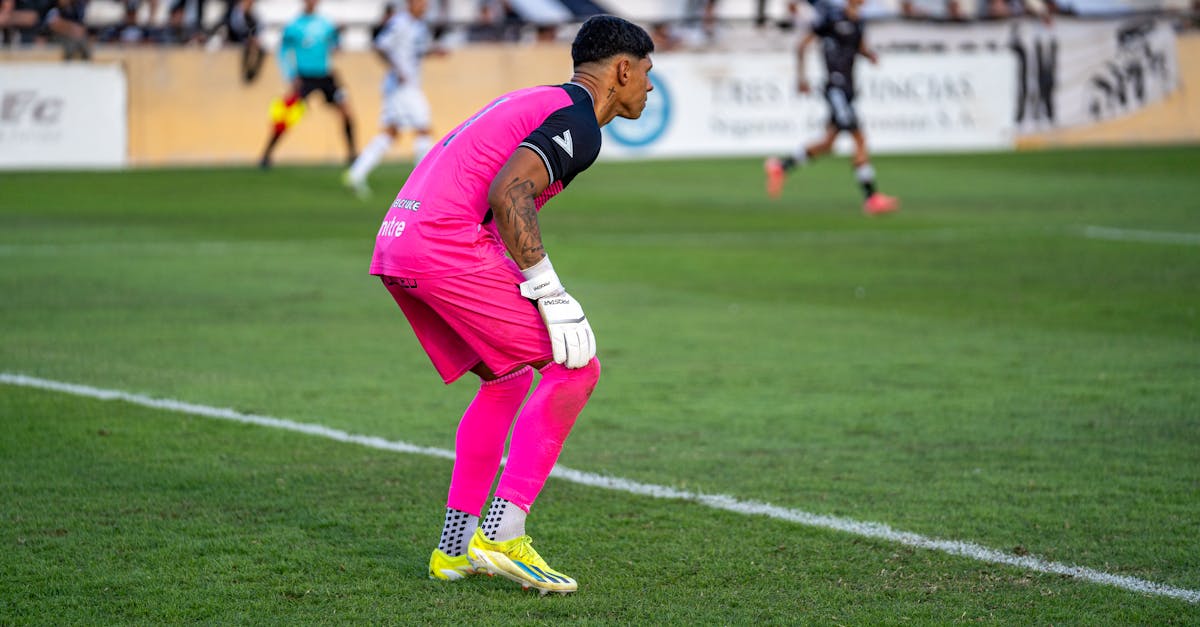
Importance of Proper Drainage in Synthetic Turf Installation
Achieving effective drainage during synthetic turf installation begins with a well-planned base layer. A permeable sub-base material, such as crushed rock or gravel, is crucial. This layer allows water to flow freely away from the surface and prevent...
Read more →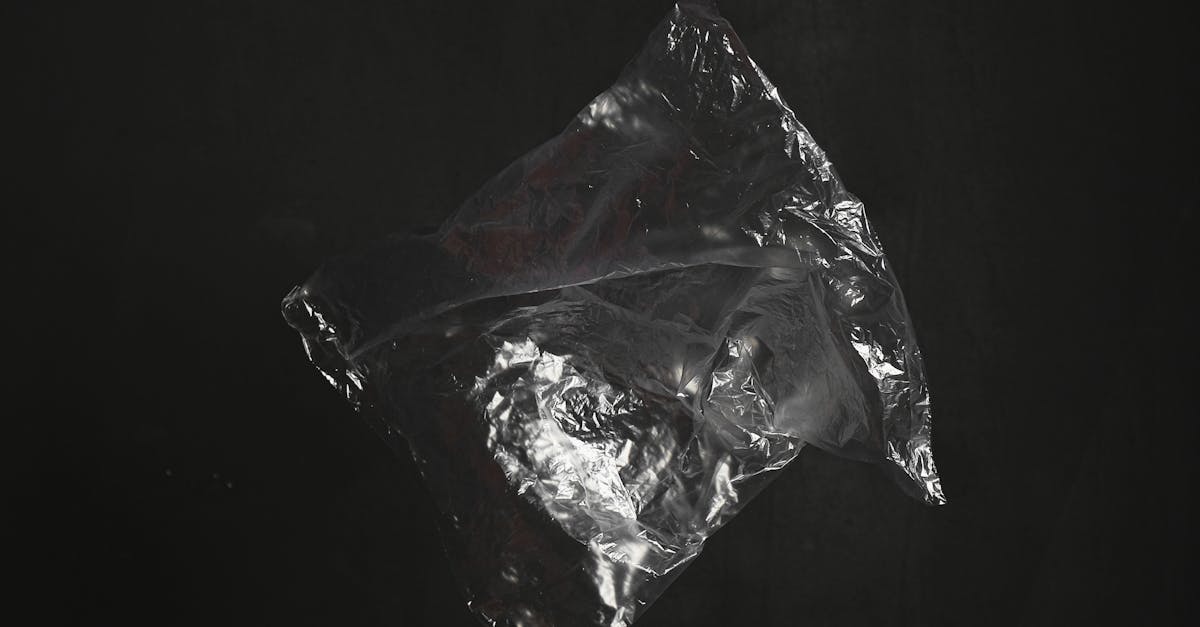
Tailoring Turf Types for Different Brisbane Climate Zones
Maintaining healthy turf in Brisbane’s diverse climate zones requires understanding the specific needs of different grass types. Regular mowing is essential to encourage growth and maintain density, with the frequency largely dependent on the varie...
Read more →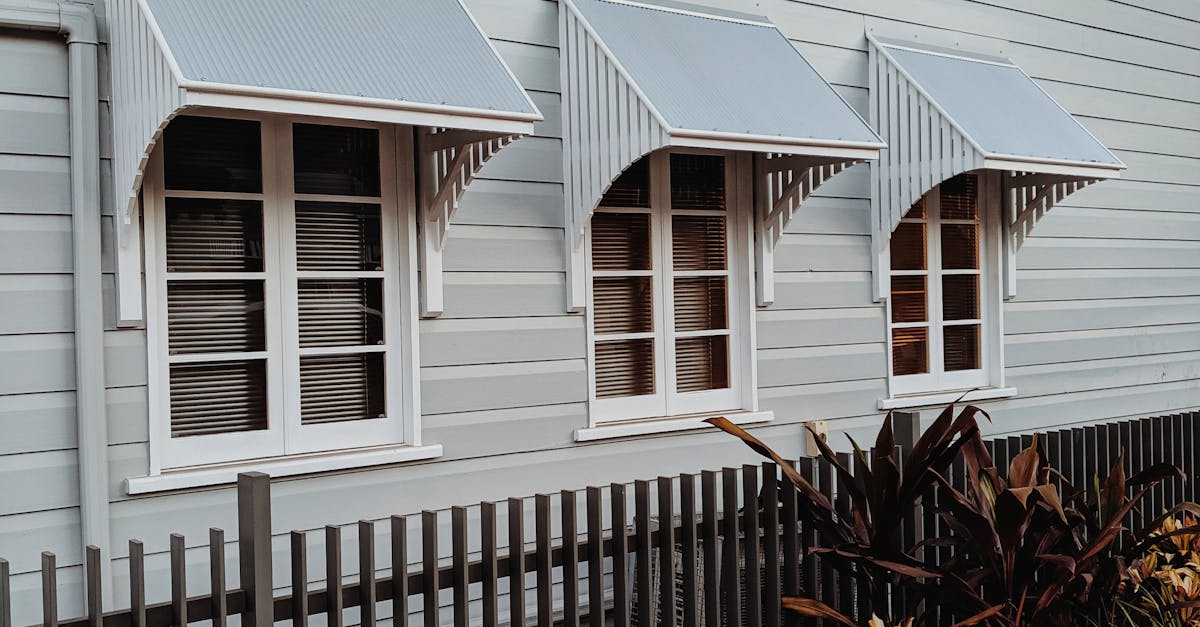
The Importance of UV Stability in Brisbane Synthetic Turf
Synthetic turf faces significant challenges from exposure to UV rays, which can drastically influence its overall appearance. Over time, consistent sunlight can lead to colour fading, diminishing the vibrant greens that often attract homeowners and b...
Read more →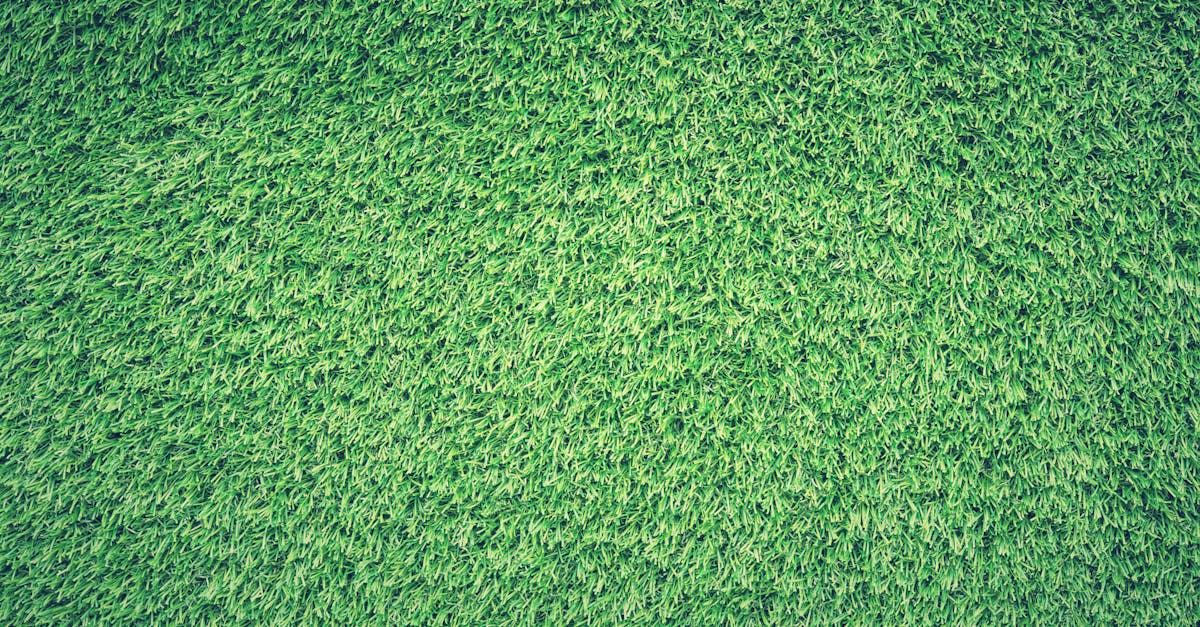
Understanding Infill Materials for Synthetic Turf in Brisbane
Regular maintenance of infill materials is essential to ensure the optimal performance of synthetic turf. Periodic brushing can help to redistribute infill and keep the synthetic fibres standing upright. This not only enhances the appearance of the s...
Read more →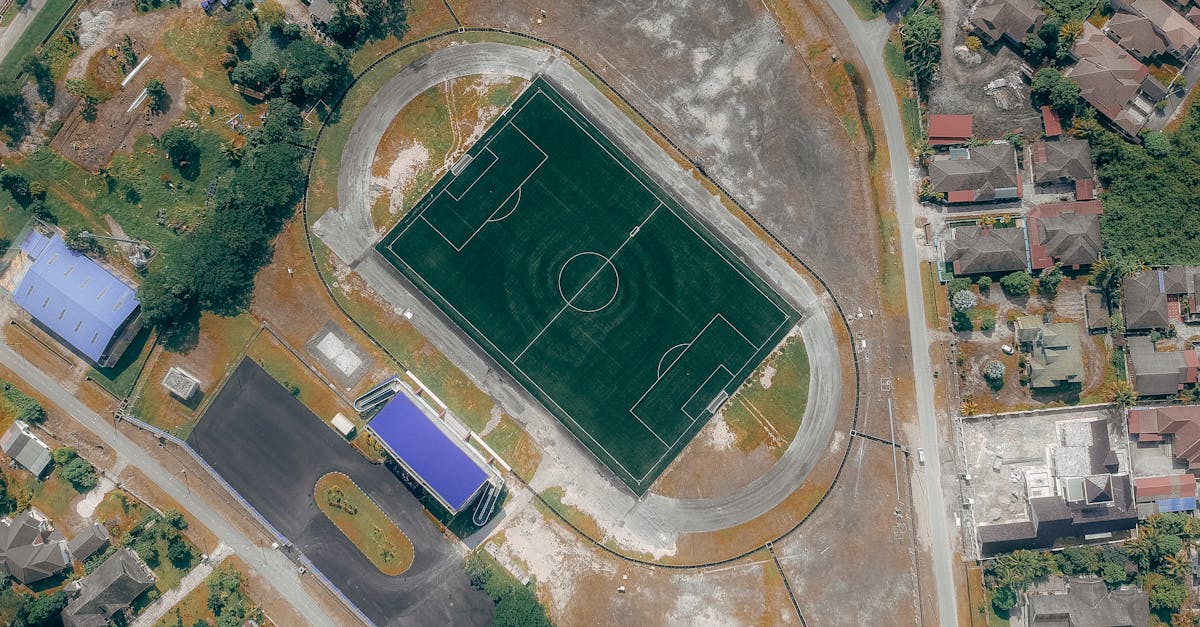
The Role of Turf Pile Height in Synthetic Turf Selection
The pile height of synthetic turf plays a significant role in meeting safety standards for various applications, including sports fields and recreational areas. Generally, a shorter pile height tends to enhance stability and reduce the risk of injuri...
Read more →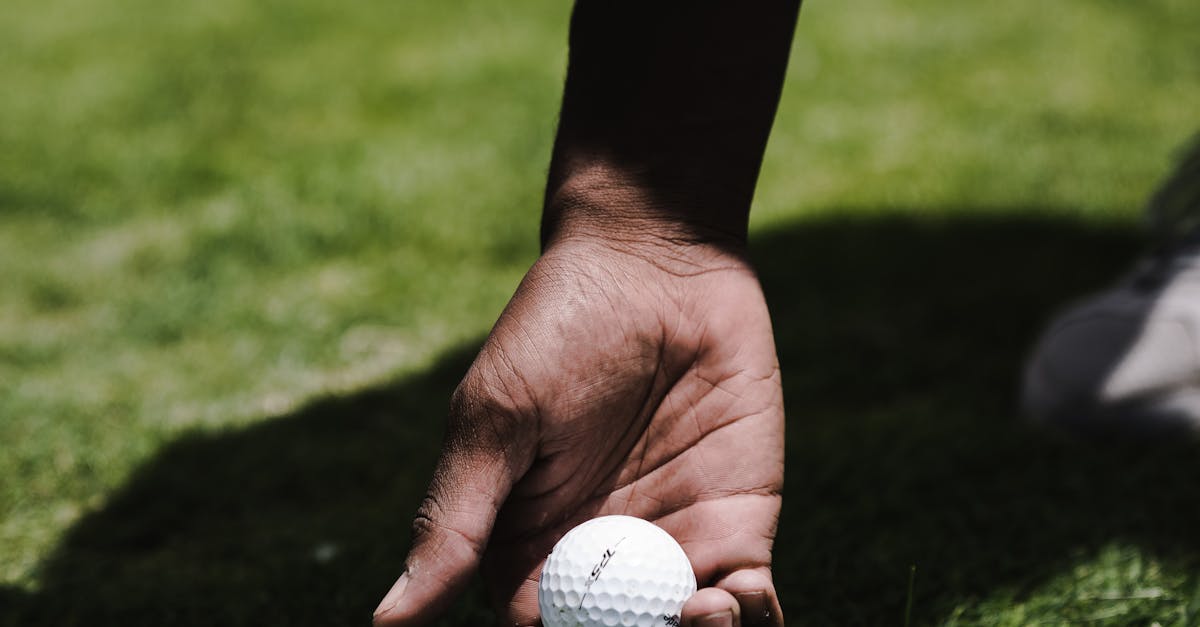
Turf Solutions for High Traffic Areas in Brisbane Gardens
Regular mowing is essential for maintaining turf in high traffic areas. Keeping the grass at an optimal height helps it withstand wear and tear. Avoid cutting too short, as this can expose the root system and encourage weed growth. Weekly mowing duri...
Read more →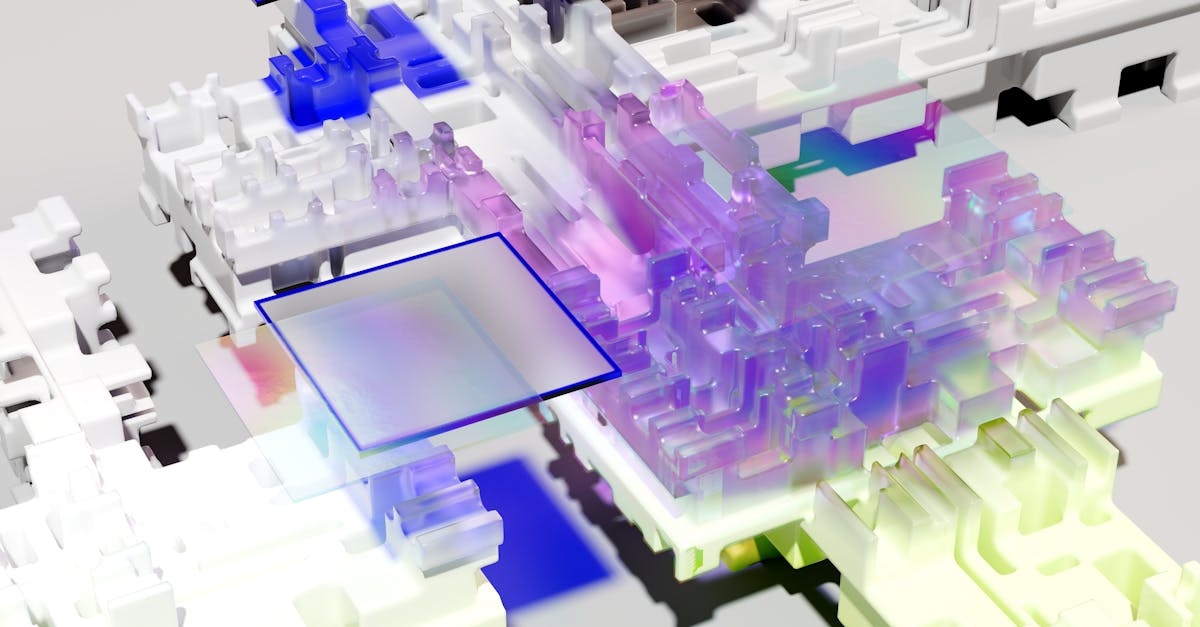
Eco-Friendly Synthetic Turf Options for Brisbane Landscapes
Selecting synthetic turf requires careful consideration of local conditions. Brisbane's subtropical climate, characterised by hot summers and mild winters, influences the choice of materials. A product designed specifically for warmth and humidity wi...
Read more →
Performance Characteristics of Synthetic Turf for Sports Fields in Brisbane
Synthetic turf requires less frequent maintenance compared to natural grass, primarily due to its durability and resilience. Regular tasks include brushing the surface to prevent the turf fibres from flattening and maintaining proper infill levels. O...
Read more →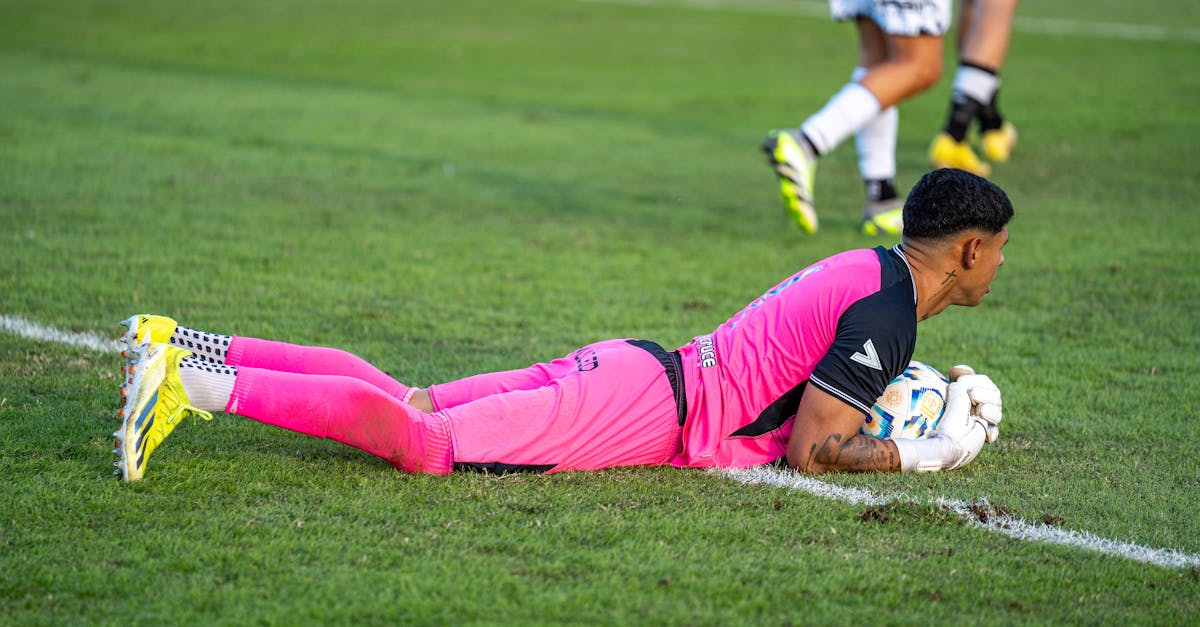
Comparing Natural Grass and Synthetic Turf: What Brisbane Homeowners Should Know
Synthetic turf requires considerably less effort to maintain compared to natural grass. Regular maintenance primarily involves brushing the surface to keep the fibres upright and prevent matting. This can be done with a stiff-bristled broom or a spec...
Read more →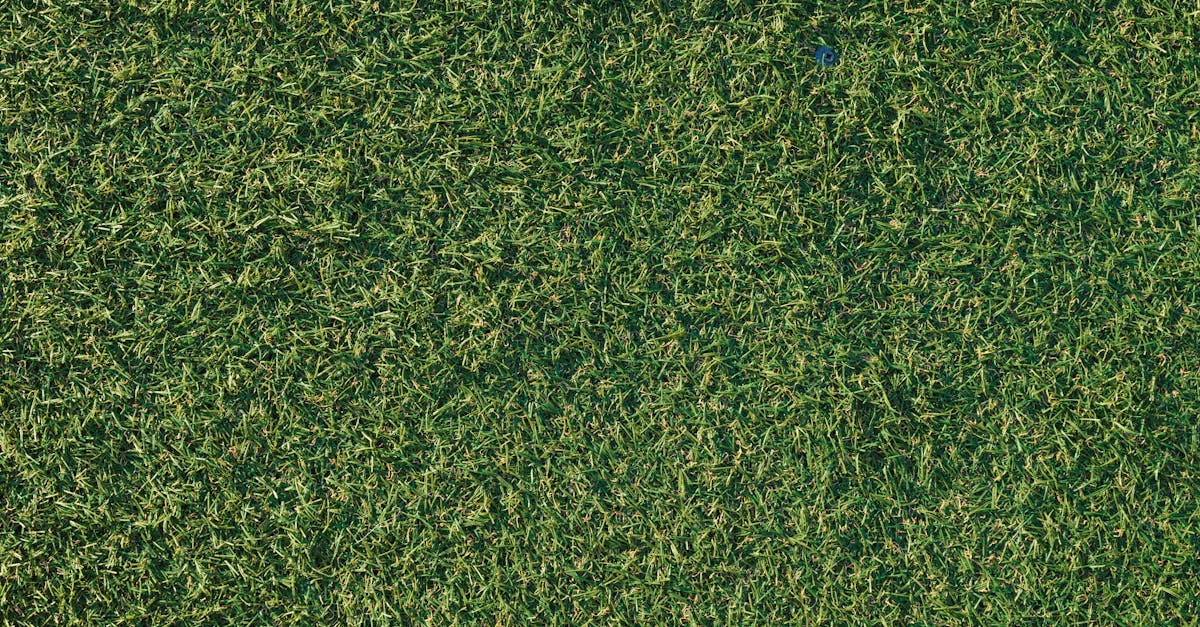
Selecting the Ideal Synthetic Turf for Residential Applications
Selecting the appropriate pile height for synthetic turf is essential for achieving both aesthetic appeal and practical functionality. Shorter pile heights, typically around 25mm, are ideal for sports applications, providing a flat surface that allow...
Read more →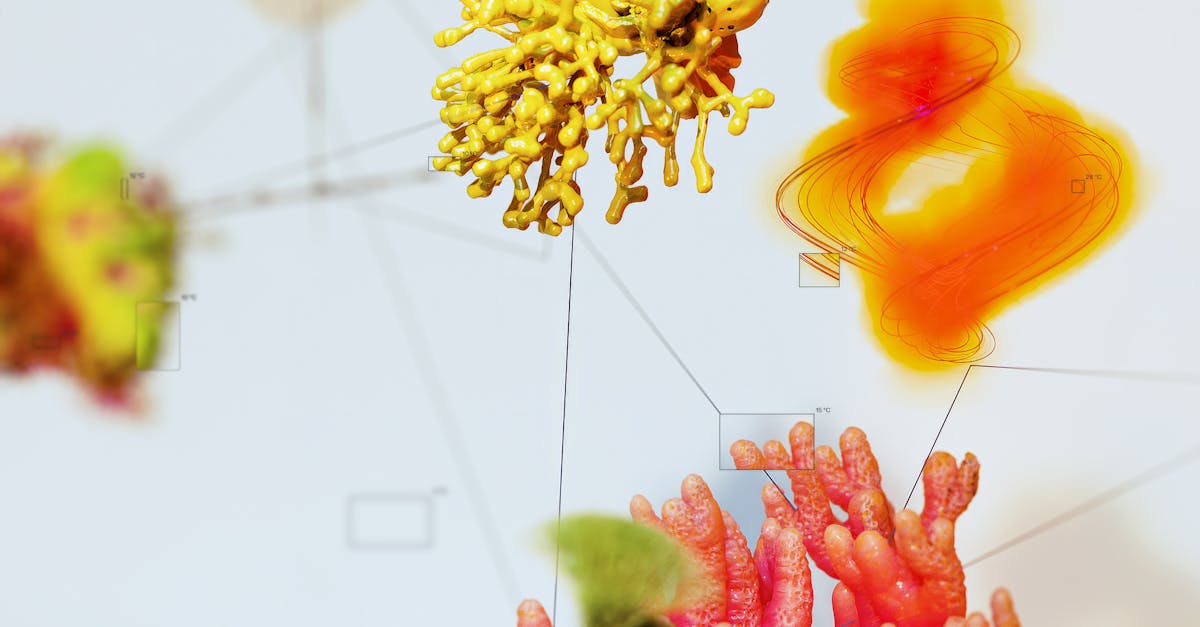
An Overview of Common Types of Synthetic Turf Available in Brisbane
The environmental impact of synthetic turf is a topic of growing concern among homeowners and urban planners. While synthetic grass eliminates the need for pesticides and fertilizers typically used for natural lawns, it also raises questions about it...
Read more →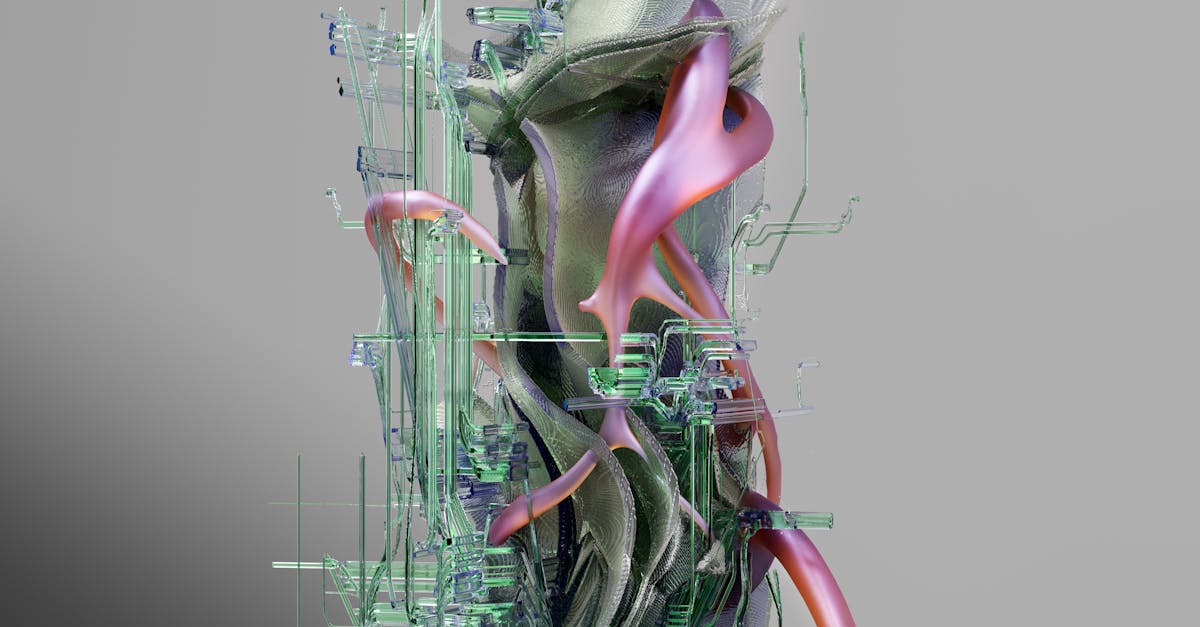
Evaluating Sunlight and Shade Levels for Synthetic Turf Installation
Throughout the year, the angle and intensity of sunlight fluctuate considerably, impacting outdoor environments and synthetic turf performance. During summer, longer days bring increased sunlight exposure, promoting optimal growth for natural grass. ...
Read more →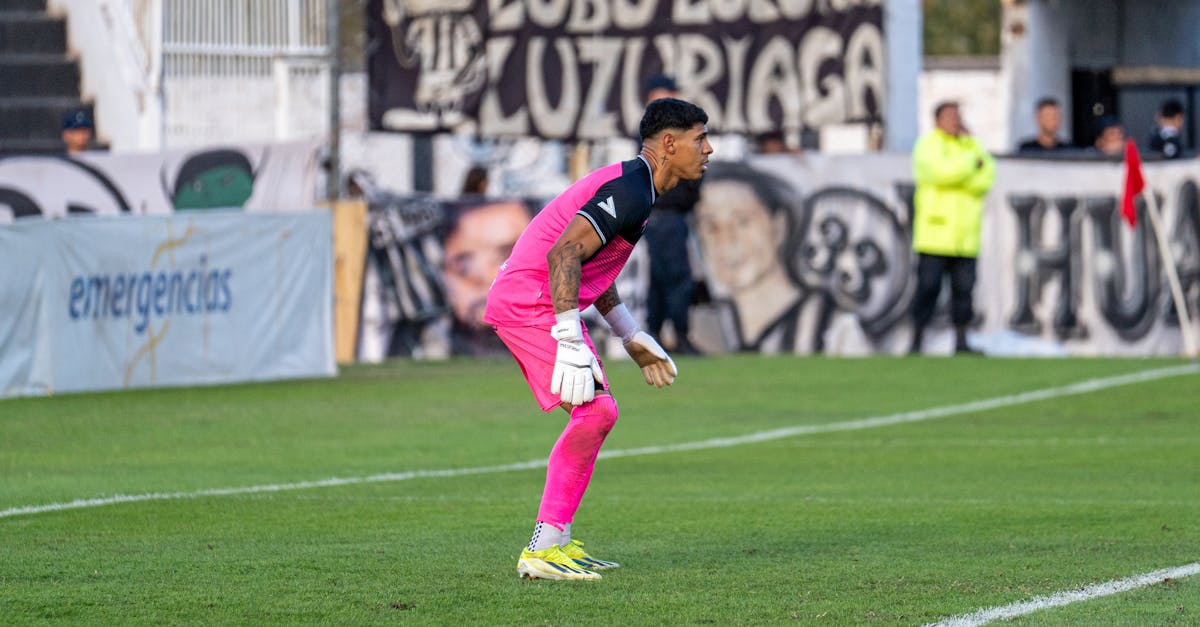
Preparing Your Brisbane Backyard for Quality Synthetic Turf
When preparing to install synthetic turf, various tools and materials will be essential for achieving the best results. Start with a sturdy rake and shovel for removing existing grass and debris. A compactor will help to create a solid base, ensuring...
Read more →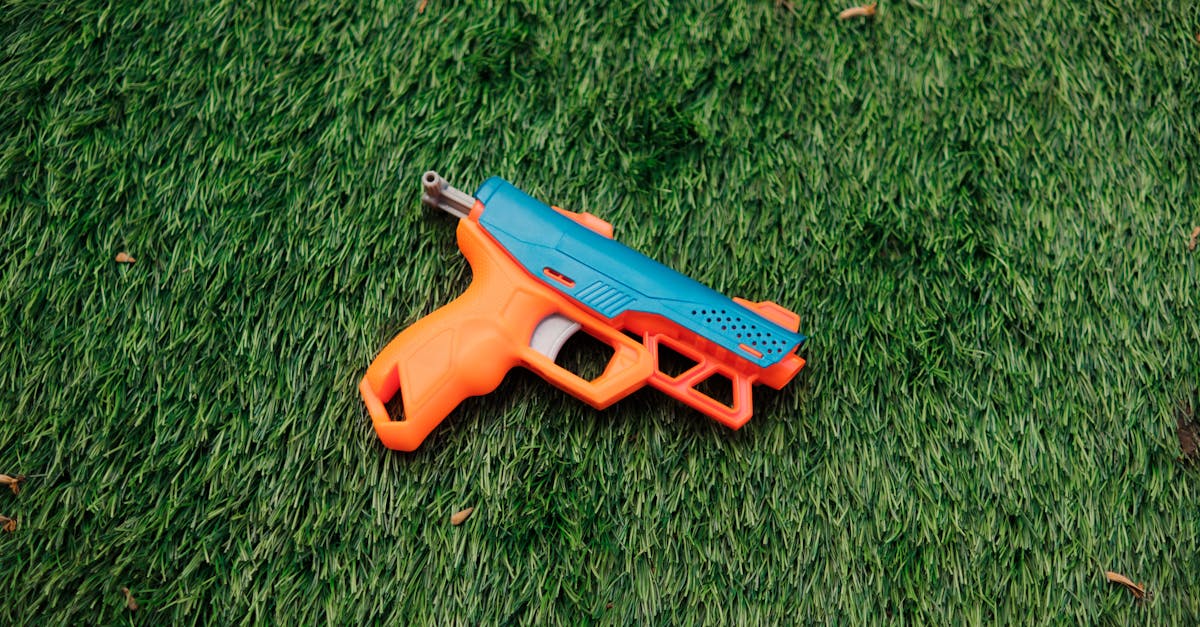
Importance of Site Inspection Before Synthetic Turf Installation
Before installation can commence, it is vital to assess existing utilities and infrastructure. Underground systems such as water pipes, gas lines, and electrical cables must be identified to prevent accidental damage. Mapping out these installations ...
Read more →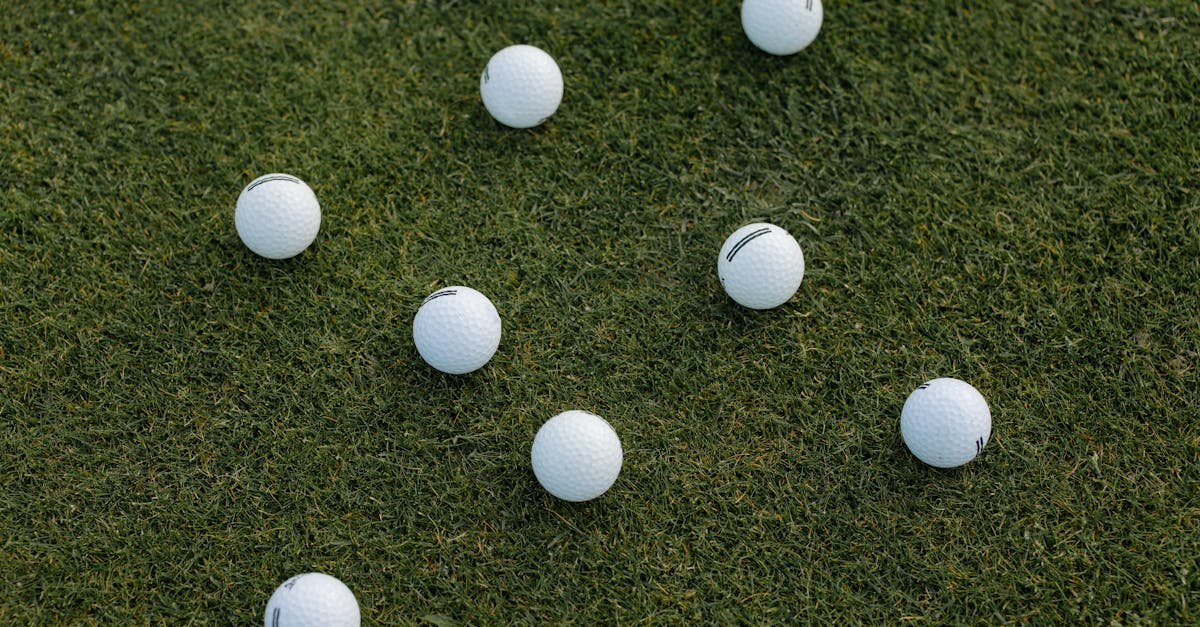
Choosing the Right Location for Synthetic Turf in Brisbane
When selecting a location for synthetic turf, consider the ease of access for users. Areas that are frequently visited, such as parks, sports fields, and play spaces, should allow for safe and straightforward entry and exit points. Think about the pa...
Read more →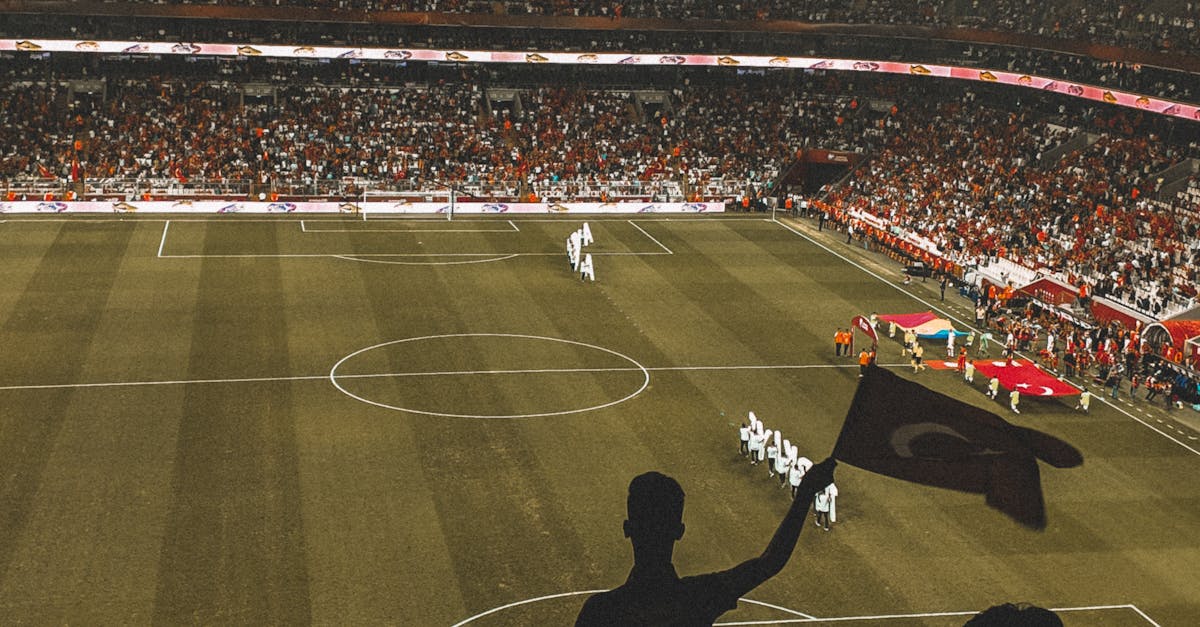
Assessing Drainage Needs for Synthetic Turf Areas
When installing drainage systems for synthetic turf areas, careful planning is essential. The underlying soil should be tested for its drainage capability, ensuring that the system will efficiently manage water runoff. Professional installation often...
Read more →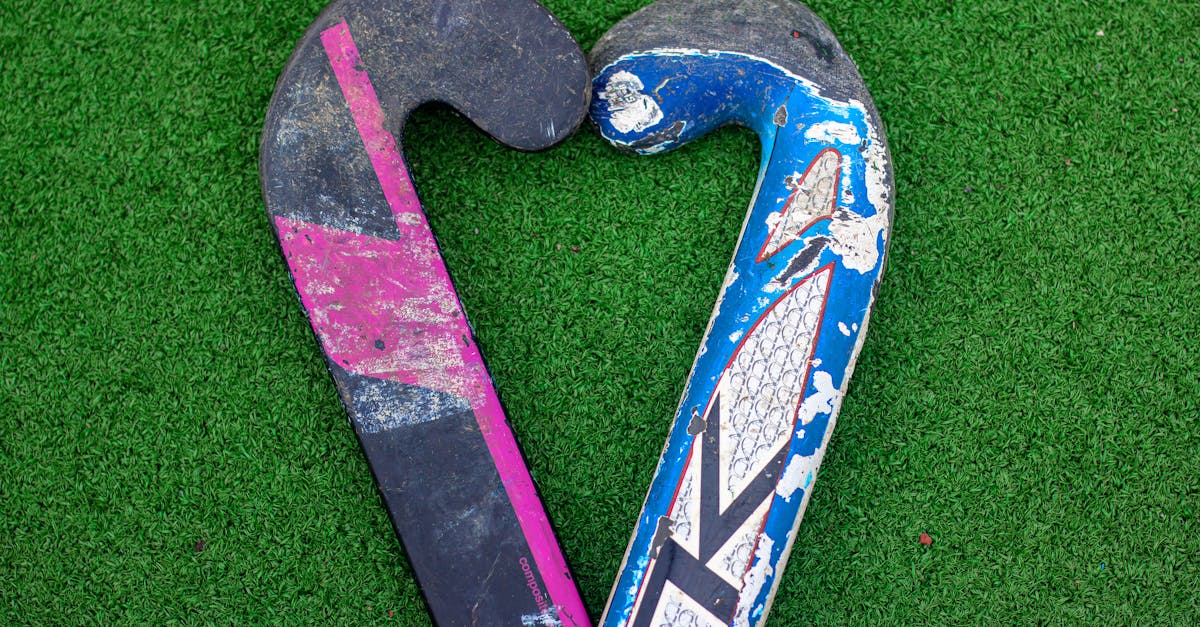
Soil Preparation Techniques for Optimal Synthetic Turf Performance
Proper drainage is essential for maintaining the longevity and performance of synthetic turf. A well-designed drainage system prevents water accumulation that can lead to deterioration of the turf base and health issues for the grass. It's important ...
Read more →
Understanding Local Regulations for Synthetic Turf Installation
When installing synthetic turf, adhering to relevant health and safety guidelines is essential to ensure the protection of both workers and property owners. This includes understanding any potential hazards associated with installation materials and ...
Read more →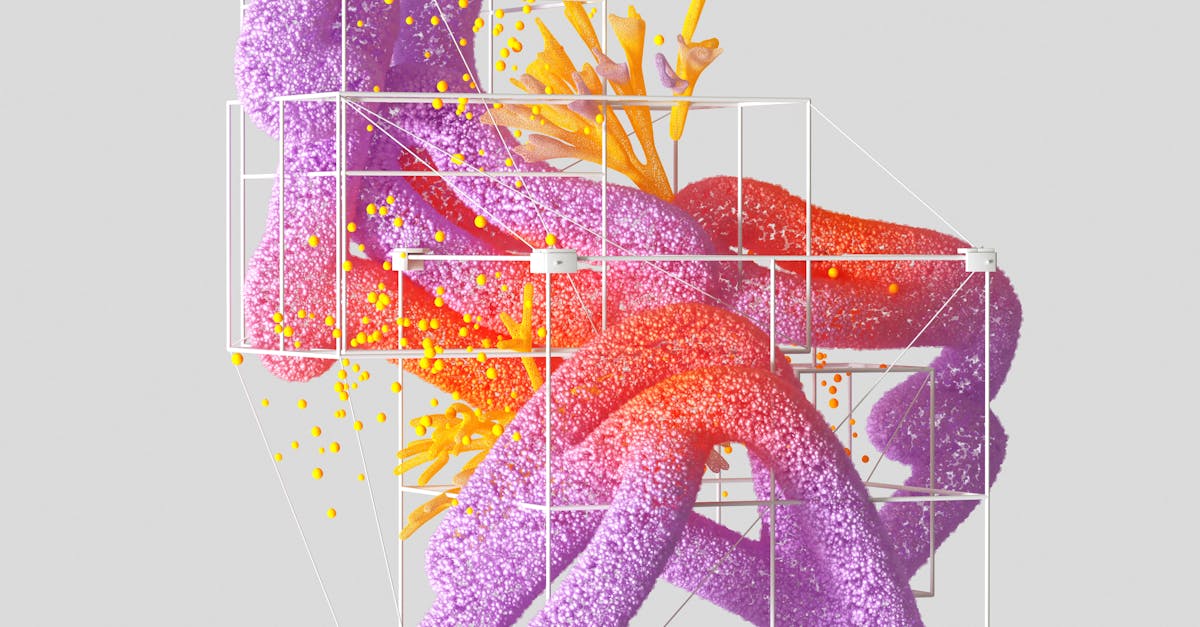
Assessing Soil Quality for Synthetic Turf Installation in Brisbane
Soil nutrient availability is essential for fostering robust synthetic turf growth. Testing the soil helps identify key nutrients like nitrogen, phosphorus, and potassium, which play critical roles in ensuring healthy turf development. A comprehensiv...
Read more →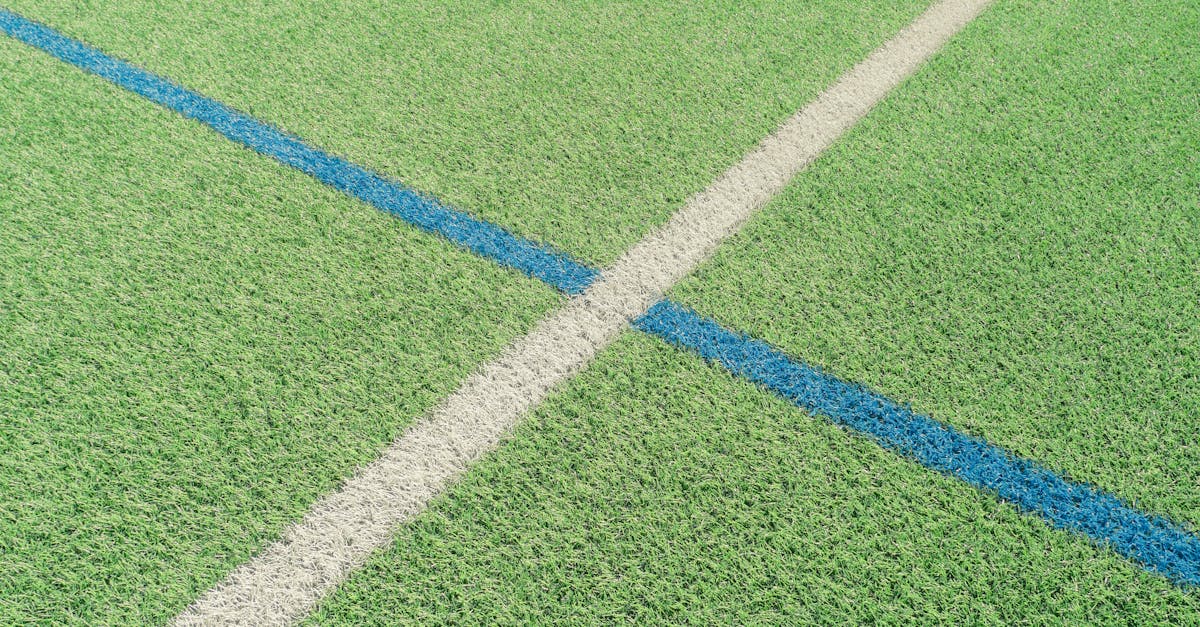
Essential Site Measurements Before Installing Synthetic Turf
Establishing clear boundaries is crucial when preparing for synthetic turf installation. Begin by using a measuring tape to determine the overall dimensions of the area, keeping in mind any edging or borders you plan to incorporate. Straight lines en...
Read more →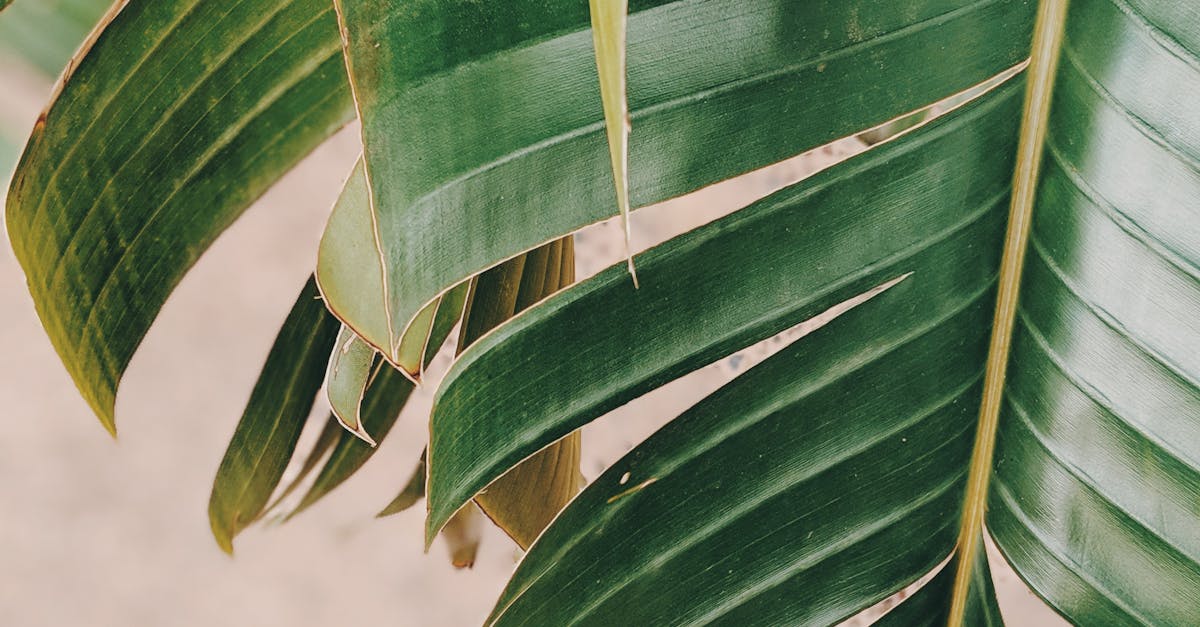
Clearing and Levelling Your Site for Synthetic Turf in Brisbane
Effective drainage is crucial for the longevity and performance of synthetic turf. Poor drainage can lead to water pooling, which may damage the turf over time. Before installing synthetic grass, it's essential to assess the site's existing drainage ...
Read more →